Browse
By Subject: History (General)
View: By Date | Alphabetical | eBooks | Paperbacks
-
eBook available
 Published May 2011
Published May 2011 The 1926/27 Soviet Polar Census Expeditions
Anderson, D. G. (ed)
Subjects: Anthropology (General) History (General)
Hb
Paperback available -
 Published January 2005
Published January 2005 Adolf Cluss, Architect
From Germany to America
Lessoff, A. & Mauch, C. (eds)
Subjects: Urban Studies History (General)
Pb -
eBook available
 Published April 2023
Published April 2023 Advocacy and Archaeology
Urban Intersections
Britt, K. M. & George, D. F. (eds)
Inspired by the idea of revolution and excitement about the ways archaeology is being used in social justice arenas, this volume seeks to visualize archaeology as part of a movement by redefining what archaeology is and does for the greater good.
Subjects: Archaeology History (General) Political and Economic Anthropology
Hb -
eBook available
 Published July 2012
Published July 2012 After The History of Sexuality
German Genealogies with and Beyond Foucault
Spector, S., Puff, H. & Herzog, D. (eds)
Subjects: History (General) Gender Studies and Sexuality Cultural Studies (General) Sociology
Hb
Paperback available -
 Published August 1996
Published August 1996 After Socialism
Land Reform and Social Change in Eastern Europe
Abrahams, R. (ed)
Subjects: History (General) Political and Economic Anthropology Development Studies
Hb
Paperback available -
 Published April 2011
Published April 2011 After the Event
The Transmission of Grievous Loss in Germany, China and Taiwan
Feuchtwang, S.
Subjects: Peace and Conflict Studies Anthropology (General) History (General)
Hb -
 Published March 2009
Published March 2009 After the 'Socialist Spring'
Collectivisation and Economic Transformation in the GDR
Last, G.
Subjects: History (General) History: 20th Century to Present
Paperback available -
eBook available
 Published July 2020
Published July 2020 Agency in Transnational Memory Politics
Wüstenberg, J. & Sierp, A. (eds)
This volume brings together theoretical and practical considerations to provide transnational memory scholars with an interdisciplinary investigation into agency—the “who” and the “how” of cross-border commemoration that motivates activists and fascinates observers.
Subjects: History (General) Sociology Memory Studies
Hb
Paperback available -
 Published November 2013
Published November 2013 Alienating Labour
Workers on the Road from Socialism to Capitalism in East Germany and Hungary
Bartha, E.
Subjects: History (General) History: 20th Century to Present Sociology
Paperback available -
eBook available
 Published March 2010
Published March 2010 Alsace to the Alsatians?
Visions and Divisions of Alsatian Regionalism, 1870-1939
Fischer, C. J.
The region of Alsace, located between the hereditary enemies of France and Germany, served as a trophy of war four times between 1870–1945. With each shift, French and German officials sought to win the allegiance of the local populace. In response to these pressures, Alsatians invoked regionalism—articulated as a political language, a cultural vision, and a community of identity—not only to define and defend their own interests against the nationalist claims of France and Germany, but also to push for social change, defend religious rights, and promote the status of the region within the larger national community.
Subject: History (General)
Hb
Paperback available -
 Published April 2008
Published April 2008 Alternative Exchanges
Second-Hand Circulations from the Sixteenth Century to the Present
Fontaine, L (ed)
Subject: History (General)
Hb -
eBook available
 Published May 2021
Published May 2021 Analysing Historical Narratives
On Academic, Popular and Educational Framings of the Past
Berger, S., Brauch, N., & Lorenz, C. (eds)
From ancient Greece to modern-day bestsellers, the studies gathered in Analysing Historical Narratives offer a wide-ranging look at the techniques used by historical texts, showing how in spite of the pursuit of objectivity, narrative strategies inevitably derive from historians’ contemporary concerns.
Subject: History (General)
Hb
Paperback available -
eBook available
 Published March 2006
Published March 2006 Anti-americanism in Latin America and the Caribbean
McPherson A. (ed)
Subject: History (General)
Hb
Paperback available -
eBook available
 Published January 2018
Published January 2018 Archaeologies of Rules and Regulation
Between Text and Practice
Hausmair, B., Jervis, B., Nugent, R., & Williams, E. (eds)
How can we study the impact of rules on the lives of past people using archaeological evidence? To answer this question, Archaeologies of Rules and Regulation presents case studies drawn from across Europe and the United States, exploring the use of archaeological evidence in understanding the relationship between rules, lived experience, and social identity.
Subjects: Archaeology History: Medieval/Early Modern Sociology History (General)
Hb -
eBook available
 Published December 2019
Published December 2019 An Archaeology of Unchecked Capitalism
From the American Rust Belt to the Developing World
Shackel, P. A.
By drawing parallels between the past and present – for example, the coal mines of the nineteenth-century northeastern Pennsylvania and the sweatshops of the twenty-first century in Bangladesh – we can have difficult conversations about the past and advance our commitment to address social justice issues.
Subjects: Archaeology History (General) Political and Economic Anthropology
Hb -
 Published June 2008
Published June 2008 Archives, Ancestors, Practices
Archaeology in the Light of its History
Schlanger, N. & Nordbladh, J. (eds)
Subjects: Archaeology History (General) Heritage Studies
Pb -
 Published October 1996
Published October 1996 Austrian Women in the Nineteenth and Twentieth Centuries
Cross-disciplinary Perspectives
Good, D. F., Grandner, M., & Maynes, M. J. (eds)
Subjects: Gender Studies and Sexuality History (General)
Hb
Paperback available -
eBook available
 Published May 2009
Published May 2009 Balkan Departures
Travel Writing from Southeastern Europe
Bracewell, W. & Drace-Francis, A. (eds)
Subjects: History (General) Literary Studies
Hb
Paperback available -
 Published December 2016
Published December 2016 Between Blood and Gold
The Debates over Compensation for Slavery in the Americas
Beauvois, F.
Lost among current debates over slavery reparations is the fact that such payments were once widespread—except the “victims” were not slaves, but slaveholders deprived of their labor. This landmark study analyzes the debates over compensation within France and Great Britain, establishing a compelling analysis of the Atlantic slave trade’s aftermath.
Subjects: History: 18th/19th Century History (General) Colonial History
Hb -
eBook available
 Published May 1998
Published May 1998 Between Reform and Revolution
German Socialism and Communism from 1840 to 1990
Barclay, D. & Weitz, E. (ed)
Subject: History (General)
Hb
Paperback available -
eBook available
 Published November 2012
Published November 2012 Beyond Habermas
Democracy, Knowledge, and the Public Sphere
Emden, C. J. & Midgely, D. (eds)
Subjects: Cultural Studies (General) History (General) Media Studies Literary Studies
Hb
Paperback available -
 Published April 2011
Published April 2011 Beyond Pleasure
Cultures of Modern Asceticism
Peeters, E., van Molle, L. & Wils, K. (eds)
Subjects: Cultural Studies (General) History (General) Sociology
Hb -
 Published July 2008
Published July 2008 Beyond Prison
The Fight to Reform Prison Systems around the World
Othmani, A.
Subjects: History (General) Sociology
Hb -
 Published September 2008
Published September 2008 Biography Between Structure and Agency
Central European Lives in International Historiography
Berghahn, V. R. & Lässig, S. (eds)
Subjects: History (General) Cultural Studies (General)
Hb -
eBook available
 Published January 2013
Published January 2013 Blood and Kinship
Matter for Metaphor from Ancient Rome to the Present
Johnson, C. H., Jussen, B., Sabean, D. W., & Teuscher, S. (eds)
Subjects: History (General) Anthropology (General)
Hb
Paperback available -
 Published April 2006
Published April 2006 The Body of the Queen
Gender and Rule in the Courtly World, 1500-2000
Schulte R. (ed)
Subjects: Gender Studies and Sexuality History (General) Cultural Studies (General)
Hb
Paperback available -
 Published January 2014
Published January 2014 Bondage
Labor and Rights in Eurasia from the Sixteenth to the Early Twentieth Centuries
Stanziani, A.
Subject: History (General)
Paperback available -
eBook available
 Published May 2008
Published May 2008 Border Interrogations
Questioning Spanish Frontiers
Sampedro, B. & Doubleday, S. (eds)
Subjects: Cultural Studies (General) Refugee and Migration Studies History (General)
hb -
eBook available
 Published November 2019
Published November 2019 Born a Slave, Died a Pioneer
Nathan Harrison and the Historical Archaeology of Legend
Mallios, S.
Few people in the history of the United States embody ideals of the American Dream more than Nathan Harrison. His is a story with prominent themes of overcoming staggering obstacles, forging something-from-nothing, and evincing gritty perseverance. This book uses spectacular recent discoveries from the Nathan Harrison cabin site to offer new insights and perspectives into this most American biography.
Subjects: Archaeology Heritage Studies History (General) Anthropology (General)
Hb
Paperback available -
 Published May 2006
Published May 2006 The Bourgeois Revolution in France 1789-1815
Heller, H.
Subjects: History (General) History: 18th/19th Century
Hb
Paperback available -
 Published September 1999
Published September 1999 The Brave New World of European Labor
European Trade Unions at the Millennium
Martin, A. & Ross, G. (eds)
Subject: History (General)
Hb
Paperback available -
 Published March 2015
Published March 2015 Bread from the Lion's Mouth
Artisans Struggling for a Livelihood in Ottoman Cities
Faroqhi, S. (ed)
The newly awakened interest in the lives of craftspeople in Turkey is highlighted in this collection, which uses archival documents to follow Ottoman artisans from the late 15th century to the beginning of the 20th. The authors examine historical changes in the lives of artisans, focusing on the craft organizations (or guilds) that underwent substantial changes over the centuries.
Subjects: History (General) Political and Economic Anthropology
Hb -
 Published March 2004
Published March 2004 Business and Industry in Nazi Germany
Nicosia, F.R. & Huener, J. (eds)
Subjects: History (General) History: 20th Century to Present Genocide History
Hb
Paperback available -
 Published October 1994
Published October 1994 Cars
Analysis, History, Cases
Williams, K., Haslam, C., Johal, S. & Williams, J.
Subject: History (General)
Hb
Paperback available -
eBook available
 Published March 2019
Published March 2019 Categories in Context
Gender and Work in France and Germany, 1900–Present
Berrebi-Hoffmann, I., Giraud, O., Renard, L., & Wobbe, T. (eds)
Despite the wealth of empirical research into the interrelationships of gender and labor available, little is known about the forms of classification and categorization shaping these social phenomena. Categories in Context enriches our understanding of how cognitive categories such as status, law, and rights have been produced, comprehended, appropriated, and eventually transformed in France and Germany.
Subjects: Gender Studies and Sexuality History (General) Sociology
Hb -
 Published May 2009
Published May 2009 Central European Crossroads
Social Democracy and National Revolution in Bratislava (Pressburg), 1867-1921
Duin, P. C. van
Subjects: History (General) History: 18th/19th Century
Hb -
eBook available
 Published October 2018
Published October 2018 Changes in the Air
Hurricanes in New Orleans from 1718 to the Present
Rohland, E.
Changes in the Air looks at New Orleans and its changing cultural responses to hurricanes over three centuries, carefully exploring the complex interplay of sociopolitical, economic, legal, and cultural factors in the development or stagnation of adaptive practices.
Subjects: Environmental Studies (General) History (General) Urban Studies
Hb
Paperback available -
eBook available
 Published January 2019
Published January 2019 The Changing Meanings of the Welfare State
Histories of a Key Concept in the Nordic Countries
Edling, N. (ed)
The Nordic concept of “the welfare state” is a well-worn analytical idea that has yet to receive much exploration beyond its postwar emergence. This volume chronicles “the welfare state” from its historical origins to its interpretations, values, and challenges over time in Denmark, Finland, Sweden, Norway, and Iceland.
Subjects: History (General) History: 20th Century to Present Political and Economic Anthropology Sociology
Hb
Paperback available -
eBook available
 Published March 2011
Published March 2011 Children, Families, and States
Time Policies of Childcare, Preschool, and Primary Education in Europe
Hagemann, K., Jarausch, K. H. & Allemann-Ghionda, C. (eds)
Subjects: History (General) Educational Studies Gender Studies and Sexuality
Hb
Paperback available -
eBook available
 Published October 2008
Published October 2008 Civil Society and Gender Justice
Historical and Comparative Perspectives
Hagemann, K., Michel, S. & Budde, G. (eds)
Subjects: Gender Studies and Sexuality History (General)
Hb
Paperback available -
eBook available
 Published May 2013
Published May 2013 Civil Society in the Age of Monitory Democracy
Trägårdh, L., Witoszek, N., & Taylor, B. (eds)
Subject: History (General)
Hb
Paperback available -
eBook available
 Published November 2012
Published November 2012 Civilizing Nature
National Parks in Global Historical Perspective
Gissibl B., Höhler, S. & Kupper, P. (eds)
Subjects: Environmental Studies (General) History (General) Heritage Studies
Hb
Paperback available -
 Published June 2002
Published June 2002 Class and Other Identities
Gender, Religion, and Ethnicity in the Writing of European Labour History
Voss, L. Heerma van & Linden, M. van der (eds)
Subjects: History (General) History: 20th Century to Present Gender Studies and Sexuality
Hb
Paperback available -
 Published May 2000
Published May 2000 Cold Fusion
Aspects of the German Cultural Presence in Russia
Barabtarlo, G. (ed)
Subjects: History (General) Cultural Studies (General) Literary Studies
Hb -
eBook available
 Published November 2020
Published November 2020 Collective and State Violence in Turkey
The Construction of a National Identity from Empire to Nation-State
Astourian, S. & Kévorkian, R. (eds)
Collective and State Violence in Turkey provides a wide range of case studies and historiographical reflections on the alarming recurrence of violence in Turkish history, as atrocities against varied ethnic-religious groups from the nineteenth century to today have propelled the nation’s very sense of itself.
Subjects: History (General) Genocide History Peace and Conflict Studies
Hb -
 Published May 2013
Published May 2013 Colonial Collecting and Display
Encounters with Material Culture from the Andaman and Nicobar Islands
Wintle, C.
Subjects: Museum Studies History (General) Anthropology (General)
Hb -
eBook available
 Published January 2021
Published January 2021 Commerce as Politics
The Two Centuries of Struggle for Basotho Economic Independence
Maliehe, S. M.
This is the first comprehensive economic history of the Basotho people of Southern Africa and spans from the 1820s to the present day. The book documents what the Basotho have done on their own account, focusing on their systematic exclusion from trade and their political efforts to insert themselves into their country’s commerce.
Subjects: History (General) Political and Economic Anthropology Colonial History
Hb -
eBook available
 Published June 2017
Published June 2017 Conceptual History in the European Space
Steinmetz, W., Freeden, M., & Fernández-Sebastián, J. (eds)
Bringing together leading scholars from across Europe, this volume represents a landmark intervention in the historiography of concepts. With clarifying overviews of such contested theoretical terrain as translatability, spatiality, and center-periphery dynamics, it also provides valuable insights into the current era of disenchantment with the European project.
Subject: History (General)
Hb
Paperback available -
eBook available
 Published December 2018
Published December 2018 Conceptualizing the World
An Exploration across Disciplines
Jordheim, H. & Sandmo, E. (eds)
This innovative and interdisciplinary volume explores the central paradox of globalization and illuminates historical moments that range from antiquity to the era of Google Earth through contributions that trace the emergence of the world in multitudinous representations, practices, and human experiences.
Subjects: History (General) Cultural Studies (General) Anthropology (General)
Hb
Paperback available -
eBook available
 Published June 2020
Published June 2020 Conservation’s Roots
Managing for Sustainability in Preindustrial Europe, 1100–1800
Dowling, A. P. & Keyser, R. (eds)
Conservation’s Roots illuminates the diversity of practices in premodern environmental history across Europe from the Middle Ages to the brink of modernity. It emphasizes that the ways in which we currently understand “conservation” in the West, which is generally presumed to be a modern invention, are deeply rooted in the environmental practices and regulation of medieval and early modern Europe.
Subjects: History (General) Environmental Studies (General)
Hb -
 Published January 2011
Published January 2011 Constitutionalism and Transitional Justice in South Africa
Lollini, A.
Subject: History (General)
Hb -
eBook available
 Published July 2010
Published July 2010 Constructing Charisma
Celebrity, Fame, and Power in Nineteenth-Century Europe
Berenson, E. & Giloi, E. (eds)
Subjects: History (General) History: 18th/19th Century
Hb
Paperback available -
eBook available
 Published December 2018
Published December 2018 Contemplating Historical Consciousness
Notes from the Field
Clark, A. & Peck, C. L. (eds)
Contemplating Historical Consciousness draws on three decades of applied research to tease out what has been learned from the field. Leading scholars from around the world reflect on their practice as historians, ethnographers, social scientists and demographers in order to explore the possibilities and limitations of research into historical consciousness.
Subjects: History (General) Theory and Methodology
Hb
Paperback available -
eBook available
 Published September 2017
Published September 2017 Contesting Deregulation
Debates, Practices and Developments in the West since the 1970s
Andresen, K. and Müller, S. (eds)
Across thirteen case studies, this volume investigates the 1970s/80s “deregulatory moment” from a variety of historical perspectives, including transnational, comparative, pan-European, and national approaches. Collectively, they challenge an interpretive framework that treats individual decades in isolation and ignores broader trends that extend to the end of the Second World War.
Subjects: History (General) Political and Economic Anthropology History: 20th Century to Present
Hb -
 Published August 2017
Published August 2017 Cooperation and Empire
Local Realities of Global Processes
Bührer, T., Eichmann, F., Förster, S. & Stuchtey, B. (eds)
The contributions to this volume revisit Ronald E. Robinson’s theory of colonial collaboration in a range of historical contexts by melding it with theoretical perspectives derived from postcolonial studies and transnational history. Its case studies range globally over the course of four centuries, exploring the varied, complex interactions between imperial and local actors.
Subjects: Colonial History History (General)
Hb -
 a April 2012
a April 2012 Cosmos and Colonialism
Alexander von Humboldt in Cultural Criticism
Clark, R. & Lubrich, O. (eds)
Subjects: History (General) Cultural Studies (General) Literary Studies
-
eBook available
 Published September 2022
Published September 2022 Critical Public Archaeology
Confronting Social Challenges in the 21st Century
Westmont, V. C. (ed)
Critical approaches to public archaeology have been in use since the 1980s, however only recently have archaeologists begun using critical theory in conjunction with public archaeology to challenge dominant narratives of the past. This volume brings together current work on the theory and practice of critical public archaeology from Europe and the United States to illustrate the ways that implementing critical approaches can introduce new understandings of the past and reveal new insights on the present.
Subjects: Archaeology Anthropology (General) History (General)
Hb
Paperback available -
 Published October 2001
Published October 2001 Crossing Boundaries
The Exclusion and Inclusion of Minorities in Germany and America
Jones, L. (ed)
Subjects: History (General) Refugee and Migration Studies
Hb
Paperback available -
eBook available
 Published August 2017
Published August 2017 Cultural Borders of Europe
Narratives, Concepts and Practices in the Present and the Past
Andrén, M., Lindkvist, T., Söhrman, I. & Vajta, K. (eds)
The cultural borders of Europe are today more visible than ever, creating uncertainty for liberal democratic traditions, and questions of legitimacy, political representation, and the legal bases for citizenship. This book provides a wide-ranging exploration of these lines of demarcation in a variety of European regions and historical eras.
Subjects: History (General) Cultural Studies (General)
Hb
Paperback available -
 Published May 2003
Published May 2003 Culture and International History
Gienow-Hecht, J. C. E. & Schumacher, F. (eds)
Subjects: History (General) Cultural Studies (General)
Hb
Paperback available -
eBook available
 Published June 2012
Published June 2012 Cultures of Colour
Visual, Material, Textual
Horrocks, C. (ed)
Subjects: Cultural Studies (General) History (General) Sociology
Hb -
 Published February 2006
Published February 2006 Cultures of Technology and the Quest for Innovation
Nowotny, H. (ed)
Subjects: Anthropology (General) History (General) Political and Economic Anthropology
Hb
Paperback available -
eBook available
 Published December 2015
Published December 2015 Cycling and Recycling
Histories of Sustainable Practices
Oldenziel, R. & Trischler, H. (eds)
In recent years, activists and policymakers have increasingly turned to mobilizing older technologies in their pursuit of sustainability, and waste recycling and bicycles both exemplify this development. This series of fascinating case studies traces the twin histories of biking and recycling, providing valuable context for today’s policy challenges.
Subjects: Environmental Studies (General) History (General) Transport Studies
Hb
Paperback available -
eBook available
 Published May 2012
Published May 2012 Czechs, Germans, Jews?
National Identity and the Jews of Bohemia
Capkova, K.
Subjects: Jewish Studies History (General)
Hb
Paperback available -
eBook available
 Published May 2014
Published May 2014 The Dark Side of Nation-States
Ethnic Cleansing in Modern Europe
Ther, P.
“Philipp Ther's newest contribution to the burgeoning literature on ethnic cleansing, forced deportation, and population transfer in the Twentieth Century is admirable in a number of ways. [It] is a genuinely comprehensive treatment of one of the most central problems of modern European history.” · Norman Naimark, H-Soz-u-Kult
“A groundbreaking study…based on an impressive amount of facts and balances… This analytically dense, well-written book is highly recommended for a broad audience.” · Frankfurter Allgemeine Zeitung
Subjects: Genocide History History (General)
Hb
Paperback available -
 Published December 2011
Published December 2011 Dark Traces of the Past
Psychoanalysis and Historical Thinking
Straub, J. & Rüsen, J. (eds)
Subjects: History (General) Sociology
Hb -
eBook available
 Published June 2012
Published June 2012 Dark Trophies
Hunting and the Enemy Body in Modern War
Harrison, S.
Subjects: Peace and Conflict Studies Anthropology (General) History (General)
Hb
Paperback available -
 Published December 2007
Published December 2007 Decentering America
Gienow-Hecht, J. C. E. (ed)
Subject: History (General)
Hb
Paperback available -
eBook available
 Published February 2016
Published February 2016 The Devil's Riches
A Modern History of Greed
Poley, J.
A seeming constant in the history of capitalism, greed has nonetheless undergone considerable transformations over the last five hundred years. This multilayered account offers a fresh take on an old topic, showing how evolving ideas about greed became formative elements of the modern experience.
Subject: History (General)
Hb
Paperback available -
 Published April 2010
Published April 2010 Diamonds and War
State, Capital, and Labor in British-Ruled Palestine
De Vries, D.
Subjects: History (General) History: 20th Century to Present
Paperback available -
 Published August 1996
Published August 1996 Different Restorations
Reconstruction and Wiederaufbau in the United States and Germany: 1865-1945-1989
Finzsch, N. & Martschukat, J. (eds)
Subject: History (General)
Hb -
 Published January 2007
Published January 2007 Disenchantment with Market Economics
East Germans and Western Capitalism
Müller, B.
Subjects: History (General) Political and Economic Anthropology
Hb
Paperback available -
eBook available
 Published August 2016
Published August 2016 Divining History
Prophetism, Messianism and the Development of the Spirit
Svenungsson, J.
Messianic ideas of impending redemption have inspired and engendered struggles for justice, yet also violent utopian ideologies. This book analyzes the double-edged legacy of Judeo-Christian theologies of history by exploring their impact on subsequent philosophies of history and political ideologies, from Ancient Judaism, through German Romanticism, to contemporary radical thought.
Subjects: Anthropology of Religion History (General)
Hb
Paperback available -
 Published February 2018
Published February 2018 Doing Conceptual History in Africa
Fleisch, A. & Stephens, R. (eds)
The contributions assembled here focus on the complex role of language in Africa’s historical development. From prehistoric dynamics of wealth and poverty to the conceptual foundations of postcolonial nationalism, each engages with African intellectual history while analyzing the regional and global contexts in which categories like “work” and “land” take shape.
Subject: History (General)
Pb -
eBook available
 Published December 2018
Published December 2018 Dreams of Germany
Musical Imaginaries from the Concert Hall to the Dance Floor
Gregor, N. & Irvine, T. (eds)
Why is Germany imagined as the ‘land of music’? How has that image been made over time? Exploring examples that range from Bruckner to the Beatles, from classical song to sex-club dance music, a team of historians and musicologists explores these perennial questions in innovative and exciting ways.
Subjects: Media Studies History (General) Cultural Studies (General) Performance Studies
Hb
Paperback available -
 Published May 2002
Published May 2002 Dual Nationality, Social Rights and Federal Citizenship in the U.S. and Europe
The Reinvention of Citizenship
Hansen, R. & Weil, P. (eds)
Subject: History (General)
Hb
Paperback available -
 Published October 2005
Published October 2005 The Dynamics of German Industry
Germany's Path toward the New Economy and the American Challenge
Abelshauser, W.
Subjects: History (General) History: 20th Century to Present
Hb -
 Published April 2013
Published April 2013 Dynamics of Innovation
The Expansion of Technology in Modern Times
Caron, F.
Subject: History (General)
Hb
Paperback available -
 Published December 2010
Published December 2010 The Economy in Jewish History
New Perspectives on the Interrelationship between Ethnicity and Economic Life
Reuveni, G. & Wobick-Segev, S. (eds)
Subjects: History (General) Jewish Studies
Hb -
 Published December 2011
Published December 2011 Education Policy and Equal Opportunity in Japan
Okada, A.
Subjects: Educational Studies History (General) Sociology
Hb -
 Published April 2010
Published April 2010 Emotions in American History
An International Assessment
Gienow-Hecht, J. C. E. (ed)
Subjects: History (General) Cultural Studies (General)
Hb -
eBook available
 Published July 2018
Published July 2018 Empathy and History
Historical Understanding in Re-enactment, Hermeneutics and Education
Retz, T.
The History and Function of Empathy in Historical Studies is the first comprehensive account of empathy’s place in historical scholarship, history pedagogy, and the philosophy of history. It explains how empathy became central to teaching history in schools, and traces its roots in nineteenth-century German historicism.
Subjects: History (General) Educational Studies
Hb
Paperback available -
eBook available
 Published June 2019
Published June 2019 Encounters with Emotions
Negotiating Cultural Differences since Early Modernity
Gammerl, B., Nielsen, P., & Pernau, M. (eds)
Spanning Europe, Asia and the Pacific, Encounters with Emotions investigates experiences of face-to-face transcultural encounters from the seventeenth century to the present. The case-studies presented in this volume explore the cultural aspects of nature and the bodily dimensions of nurture in order to trace the historical trajectories that shape our understandings of current cultural boundaries and effects of globalization.
Subjects: History (General) Anthropology (General) Cultural Studies (General)
Hb -
eBook available
 Published April 2019
Published April 2019 The Engaged Historian
Perspectives on the Intersections of Politics, Activism and the Historical Profession
Berger, S. (ed)
Political action and historical research have been deeply intertwined for nearly as long as the historical profession has existed. In this insightful collection, practicing historians analyze, reflect on, and share their experiences of this complex relationship.
Subjects: History (General) Peace and Conflict Studies Sociology
Hb
Paperback available -
 Published August 2023
Published August 2023 Entertaining German Culture
Contemporary Transnational Television and Film
Ehrig, S., Schaper, B. & Ward, E. (eds)
In an increasingly transnational production of film and television, Entertaining German Culture explores and contextually thematizes a radical shift in the past fifteen years towards a profound appreciation of German cultural and intellectual history in the international mainstream.
Subjects: Film and Television Studies Media Studies History (General)
-
 Published October 2011
Published October 2011 Ernst L. Freud, Architect
The Case of the Modern Bourgeois Home
Welter, V. M.
Subjects: Urban Studies Cultural Studies (General) History (General)
Pb -
eBook available
 Published June 2022
Published June 2022 Ethnographers Before Malinowski
Pioneers of Anthropological Fieldwork, 1870-1922
Rosa, F. & Vermeulen, H. F. (eds)
At a time when anthropologists claim new ethnographic experiences, a second chance should be given to older ethnographic texts. Recovering monographs produced c.1870-1922 that dispute canonic models of writing culture, the present volume challenges the assumption that fieldwork carried out within a single context by a single individual, with its corresponding output, the monograph, was a twentieth-century invention.
Subjects: Anthropology (General) History (General) Colonial History
Hb
Paperback available -
eBook available
 Published June 2018
Published June 2018 The Ethos of History
Time and Responsibility
Helgesson, S. & Svenungsson, J. (eds)
This illuminating collective meditation on historical practice show how “ethos”— evoking a society’s “fundamental character” as well as knowledge and commitment—can serve as a conceptual lodestar for understanding as a narrative, a form of consciousness, and an ethical-political orientation.
Subject: History (General)
Hb
Paperback available -
 Published April 2009
Published April 2009 Europe At the Seaside
The Economic History of Mass Tourism in the Mediterranean
Segreto, L., Manera, C. & Pohl, M. (eds)
Subject: History (General)
Hb -
eBook available
 Published October 2012
Published October 2012 Europe in Crisis
Intellectuals and the European Idea, 1917-1957
Hewitson, M. & D'Auria, M. (eds)
Subject: History (General)
Hb
Paperback available -
 Published August 2004
Published August 2004 European Business, Dictatorship, and Political Risk, 1920-1945
Kobrak, C. & Hansen, P. (eds)
Subjects: History (General) History: 20th Century to Present
Hb -
eBook available
 Published June 2012
Published June 2012 European Foundations of the Welfare State
Kaufmann, F.-X.
Subjects: History (General) Sociology
Hb
Paperback available -
eBook available
 Published April 2010
Published April 2010 A European Memory?
Contested Histories and Politics of Remembrance
Pakier, M. & Stråth, B. (eds)
Subjects: History (General) Cultural Studies (General) Memory Studies
Hb
Paperback available -
 Published July 2017
Published July 2017 European Regions and Boundaries
A Conceptual History
Mishkova, D. & Trencsényi, B. (eds)
References to regional differences remain central to cultural and political discourse all over the European continent. This collection presents a synoptic view of these regional concepts together with the historical and disciplinary contexts where they had emerged by bringing together prominent European and US scholars from multiple disciplines to explore how regionalization has been conceptualized throughout European history.
Subjects: History (General) Mobility Studies
Paperback available -
eBook available
 Published May 2017
Published May 2017 Evidence and Meaning
A Theory of Historical Studies
Rüsen, J.
One of the premier historiographers alive today, Jörn Rüsen has made enormous contributions to the methods and theoretical framework of history. In Evidence and Meaning, Rüsen surveys the seismic changes that have shaped the historical profession over the last half-century, while offering a clear, economical account of his theory of history.
Subject: History (General)
Hb
Paperback available -
eBook available
 Published January 2018
Published January 2018 Expeditionary Anthropology
Teamwork, Travel and the ''Science of Man''
Thomas, M. & Harris, A. (eds)
Expeditions played a major role in the development of anthropology, but their significance has been eclipsed by the discipline’s valorization of the lone observer. This rich assessment of cross-cultural research and team-based travel is part of a new historical turn that regards expeditions as cultural formations, and provides new and compelling perspectives on the histories of anthropology and empire.
Subjects: Anthropology (General) History (General) Travel and Tourism
Hb
Paperback available -
 Published September 2003
Published September 2003 Experiencing Wages
Social and Cultural Aspects of Wage Forms in Europe since 1500
Scholliers, P., & Schwarz, L. (eds)
Subject: History (General)
Hb
Paperback available -
 Published October 2004
Published October 2004 Fairness and Division of Labor in Market Societies
Comparison of U.S. and German Automotive Industries
Kwon, H.-K.
Subject: History (General)
Hb -
eBook available
 Published July 2022
Published July 2022 Field Manual for the Archaeology of Ritual, Religion, and Magic
Augé , C. R.
By bringing together in one place specific objects, materials, and features indicating ritual, religious, or magical belief used by people around the world and through time, this tool will assist archaeologists in identifying evidence of belief-related behaviors and broadening their understanding of how those behaviors may also be seen through less obvious evidential lines.
Subjects: Archaeology History (General) Anthropology of Religion
Hb
Paperback available -
eBook available
 Published August 2020
Published August 2020 Financialization
Relational Approaches
Hann, C. & Kalb, D. (eds)
Beginning with an original historical vision of financialization in human history, this volume then continues with a rich set of contemporary ethnographic case studies from Europe, Asia and Africa. Authors explore how finance influences social and economic structures in different environments.
Subjects: Anthropology (General) Political and Economic Anthropology History (General)
Hb
Paperback available -
eBook available
 Published September 2019
Published September 2019 The Force of Comparison
A New Perspective on Modern European History and the Contemporary World
Steinmetz, W. (ed)
Drawing on a range of multidisciplinary perspectives, this volume investigates the concepts and practices of comparison from the early modern period to the present. Each contribution demonstrates how comparison has helped to drive the seemingly irresistible dynamism of the modern world, with a particular focus on what comparison looks like “in action.”
Subject: History (General)
Hb -
eBook available
 Published March 2022
Published March 2022 Forging Architectural Tradition
National Narratives, Monument Preservation and Architectural Work in the Nineteenth Century
Damjanović, D. & Łupienko, Al. (eds)
During the nineteenth century, a change developed in the way architectural objects from the distant past were viewed by contemporaries. Architectural heritage often was (and still is) an important element of nation building. Authors address the process of building national myths around certain architectural objects. National narratives are questioned, as is the position architectural heritage played in the nineteenth and the early twentieth centuries.
Subjects: Heritage Studies History (General) Cultural Studies (General)
Hb -
 Published April 2010
Published April 2010 Forging Political Identity
Silk and Metal Workers in Lyon, France 1900-1939
Mann, K.
Subjects: History (General) History: 20th Century to Present Sociology Political and Economic Anthropology
Hb -
 Published October 2014
Published October 2014 The Forgotten Majority
German Merchants in London, Naturalization, and Global Trade 1660-1815
Schulte Beerbühl, M.
The “forgotten majority” of German merchants in London between the end of the Hanseatic League and the end of the Napoleonic Wars became the largest mercantile Christian immigrant group in the eighteenth century. Using previously neglected and little used evidence, this book assesses the causes of their migration, the establishment of their businesses in the capital, and the global reach of the enterprises.
Subjects: History (General) History: 18th/19th Century
Hb -
eBook available
 Published March 2023
Published March 2023 Former Neighbors, Future Allies?
German Studies and Ethnography in Dialogue
Weber, A. D. (ed)
Former Neighbors, Future Allies is a key bridge into the research and perspectives needed to nurture ethnography’s growing role in German studies. This volume creates a space for dialogue between North American Germanists and ethnographers in and of the German-speaking world, enriching both fields in the process.
Subjects: History (General) Anthropology (General)
Hb -
eBook available
 Published June 2013
Published June 2013 Framing Africa
Portrayals of a Continent in Contemporary Mainstream Cinema
Eltringham, N. (ed)
Subjects: Film and Television Studies Anthropology (General) History (General)
Hb -
eBook available
 Published December 2007
Published December 2007 France and the Construction of Europe, 1944-2007
The Geopolitical Imperative
Sutton, M.
Subjects: History (General) History: 20th Century to Present
Hb
Paperback available -
 Published December 2004
Published December 2004 The French Exception
Godin, E. & Chafer, T. (eds)
Subject: History (General)
Hb
Paperback available -
eBook available
 Published March 2020
Published March 2020 Friendship without Borders
Women's Stories of Power, Politics, and Everyday Life across East and West Germany
Leask, P.
Drawing on a set of interviews and a thousand letters written over fifty years, Friendship, Power, and Everyday Life considers how a group of women, self-defined as non-political, experienced, accepted, rejected, or countered the exercise of power across twentieth-century regimes in Germany.
Subjects: History (General) Sociology Gender Studies and Sexuality
Hb
Paperback available -
 Published September 1998
Published September 1998 From Recovery to Catastrophe
Municipal Stabilization and Political Crisis
Lieberman, B.
Subjects: History (General) History: 20th Century to Present
Hb -
eBook available
 Published November 2010
Published November 2010 The Future of Memory
Crownshaw, R., Kilby, J. & Rowland, A. (eds)
Subjects: History (General) Cultural Studies (General) Memory Studies
Hb
Paperback available -
 Published February 1998
Published February 1998 Gender and Germanness
Cultural Productions of Nation
Herminghouse, P. & Mueller, M. (eds)
Subjects: Gender Studies and Sexuality Cultural Studies (General) History (General) Gender Studies and Sexuality
Hb
Paperback available -
 Published April 2014
Published April 2014 Gender History in a Transnational Perspective
Networks, Biographies, Gender Orders
Janz, O. & Schönpflug, D. (eds)
“This collection of essays addresses important topics in the history of European feminisms. It goes beyond national histories to examine transnational contacts, comparisons, and transfers… The essays are by an interesting collection of authors, some already very well known in the field, and others promising junior scholars.” · Ann Taylor Allen, University of Louisville
Subjects: Gender Studies and Sexuality History (General)
Hb -
eBook available
 Published May 2023
Published May 2023 Gender in Germany and Beyond
Exploring the Legacy of Jean Quataert
Evans, J. V. & Rose, S. E. (eds)
Jean Quataert’s former students, colleagues, and collaborators come together in Gender in Germany and Beyond to not only celebrate Quataert’s shaping of the field of modern German, Women’s and transnational history, but also to expand on that scholarship, setting a precedent for the future of the field.
Subjects: History (General) Gender Studies and Sexuality
Hb -
 Published December 2011
Published December 2011 Gendered Money
Financial Organization in Women's Movements, 1880-1933
Jonsson, P. & Neunsinger, S.
Subjects: Gender Studies and Sexuality History (General)
Hb -
 Published February 2004
Published February 2004 The German Economy During the Nineteenth Century
Pierenkemper, T. & Tilly, R.
Subjects: History (General) History: 18th/19th Century
Hb
Paperback available -
 Published October 1999
Published October 1999 The German Skills Machine
Sustaining Comparative Advantage in a Global Economy
Culpepper, P. & Finegold, D. (eds)
Subject: History (General)
Hb
Paperback available -
 Published January 2001
Published January 2001 The German-American Encounter
Conflict and Cooperation between Two Cultures, 1800-2000
Trommler, F. & Shore, E. (eds)
Subject: History (General)
Hb
Paperback available -
 Published October 2001
Published October 2001 Germany and America
Essays in Honor of Gerald R. Kleinfeld
Friedrich, W.-U. (ed)
Subject: History (General)
Hb -
 Published December 2006
Published December 2006 God's Eugenicist
Alexis Carrel and the Sociobiology of Decline
Reggiani, A
Subject: History (General)
Hb -
 Published March 2013
Published March 2013 The Golden Chain
Family, Civil Society and the State
Nautz, J., Ginsborg, P., & Nijhuis, T. (eds)
Subjects: History (General) Sociology
Hb -
eBook available
 Published May 2019
Published May 2019 Gustav Stresemann
The Crossover Artist
Pohl, K. H.
Gustav Stresemann has become a steadfast icon and key figure in understanding contemporary German and European history. Renowned historian Karl Heinrich Pohl draws on new archival material and extensive research to supplement our previous knowledge of Stresmann’s life and work.
Subjects: History: 18th/19th Century History: 20th Century to Present History (General)
Hb -
 Published April 1998
Published April 1998 Haunted by History
Myths in International Relations
Buffet, C. & Heuser, B. (eds)
Subjects: History (General) Memory Studies Political and Economic Anthropology
Hb -
eBook available
 Published July 2022
Published July 2022 Heritage, Gentrification and Resistance in the Neoliberal City
Hammami, F., Jewesbury, D., & Valli, C. (eds)
What happens when versions of the past become silenced, suppressed or privileged due to urban restructuring? In this volume, the authors explore a variety of attempts to interrupt and interrogate urban restructuring, and to imagine alternative forms of urban organization, produced by diverse coalitions of resisting groups and individuals. Armed with historical narratives, oral histories, objects, physical built environment, memorials and intangible aspects of heritage that include traditions, local knowledge, experiences and memories, authors challenge the ‘devaluation’ of their neighbourhoods in official heritage and development narratives.
Subjects: Heritage Studies Cultural Studies (General) History (General)
Hb -
 Published November 2013
Published November 2013 The Hidden History of Crime, Corruption, and States
Bridenthal, R. (ed)
Subject: History (General)
Hb
Paperback available -
 Published June 2007
Published June 2007 Historical Concepts Between Eastern and Western Europe
Hildermeier, M. (ed)
Subject: History (General)
Hb -
eBook available
 Published June 2010
Published June 2010 Historical Memory in Africa
Dealing with the Past, Reaching for the Future in an Intercultural Context
Diawara, M., Lategan, B., & Rüsen, J. (eds)
Subjects: History (General) Cultural Studies (General) Memory Studies
Hb
Paperback available -
 Published January 2005
Published January 2005 History
Narration, Interpretation, Orientation
Rüsen, J.
Subject: History (General)
Hb
Paperback available -
 Published May 1995
Published May 1995 History and Modernity in Latin America
Barloewen, C. von
Subjects: History (General) Cultural Studies (General)
Hb -
eBook available
 Published January 2012
Published January 2012 History in the Plural
An Introduction to the Work of Reinhart Koselleck
Olsen, N.
Subject: History (General)
Hb
Paperback available -
eBook available
 Published November 2007
Published November 2007 A History of Oxford Anthropology
Rivière, P. (ed)
Subjects: Theory and Methodology History (General)
Hb
Paperback available -
eBook available
 Published June 2006
Published June 2006 History of the Low Countries
Blom, J. C. H. & Lamberts, E. (eds)
Subject: History (General)
Hb
Paperback available -
 Published October 2010
Published October 2010 Hitler's Slaves
Life Stories of Forced Labourers in Nazi-Occupied Europe
Plato, A., Leh, A. & Thonfeld, C. (eds)
Subjects: History (General) History: 20th Century to Present
Hb -
 Published December 2012
Published December 2012 Human Rights Without Democracy?
Reconciling Freedom with Equality
Haller, G.
Subject: History (General)
Hb -
 Published December 2002
Published December 2002 Identities
Time, Difference and Boundaries
Friese, H. (ed)
Subjects: History (General) Literary Studies Anthropology (General) Sociology
Hb
Paperback available -
 Published December 2004
Published December 2004 Images of Power
Iconography, Culture and the State in Latin America
Andermann, J. & Rowe, W. (eds)
Subjects: Cultural Studies (General) History (General) Media Studies
Hb
Paperback available -
eBook available
 Published January 2021
Published January 2021 Imagining Bosnian Muslims in Central Europe
Representations, Transfers and Exchanges
Šístek, F. (ed)
As a Slavic-speaking religious and ethnic “Other” living just a stone’s throw from the symbolic heart of the continent, the Muslim peoples of Bosnia and Herzegovina have long occupied a liminal space in the European imagination. This volume assembles contributions from historians, anthropologists, political scientists, and literary scholars to examine the political, social, and discursive dimensions of Bosnian Muslims’ encounter with the West.
Subjects: History (General) Anthropology of Religion
Hb -
eBook available
 Published June 2021
Published June 2021 In Memory of Times to Come
Ironies of History in Southeastern Papua New Guinea
Demian, M.
Drawing on twenty years of research, this book examines the historical perspective of a Pacific people who saw “globalization” come and go. It asks the question: What does it mean to claim that global connections are in the past rather than the present or the future?
Subjects: Anthropology (General) History (General) Cultural Studies (General)
Hb
Paperback available -
eBook available
 Published August 2019
Published August 2019 In Search of European Liberalisms
Concepts, Languages, Ideologies
Freeden, M., Fernández-Sebastián, J. & Leonhard, J. (eds)
This comprehensive study takes a fresh look at the diverse understandings and interpretations of the concept of liberalism in Europe during the last several centuries, encompassing not just the familiar movements, doctrines, and political parties that fall under the heading of “liberal” but also the intertwined historical currents of thought behind them.
Subject: History (General)
Hb
Paperback available -
 Published June 1999
Published June 1999 Industrial Culture and Bourgeois Society in Modern Germany
Kocka, J.
Subjects: History (General) History: 18th/19th Century Sociology
Hb
Paperback available -
eBook available
 Published July 2023
Published July 2023 Innovation and Implementation
Critical Reflections on New Approaches to Historic Mortuary Data Collection, Analysis, and Dissemination
Mytum, H. & Veit, R. (eds)
Providing a comprehensive set of guidance to assist researchers wishing to carry out, curate and disseminate field research at a historic burial ground, chapters offer up to date methods for surface and subsurface survey and for the recording and archiving of burial monument data. Also included is the archaeological potential of pet cemeteries and other pet memorials.
Subjects: Archaeology History (General) Anthropology (General)
Hb -
eBook available
 Published June 2019
Published June 2019 Invisible Founders
How Two Centuries of African American Families Transformed a Plantation into a College
Rainville, L.
Literal and metaphorical excavations at Sweet Briar College reveal how African American labor enabled the transformation of Sweet Briar Plantation into a private women’s college in 1906. Despite being built and maintained by African American families, the college did not integrate its student body for sixty years after it opened. Invisible Founders challenges our ideas of what a college “founder” is, restoring African American narratives to their deserved and central place in the story of a single institution.
Subjects: Archaeology History (General) Educational Studies Heritage Studies
Hb
Paperback available -
 Published March 1998
Published March 1998 Iron-making Societies
Early Industrial Development in Sweden and Russia, 1600-1900
Agren, M. (ed)
Subject: History (General)
Hb -
 Published July 2013
Published July 2013 Judging 'Privileged' Jews
Holocaust Ethics, Representation, and the 'Grey Zone'
Brown, A.
Subjects: Genocide History History (General) Jewish Studies
Paperback available -
 Published December 2012
Published December 2012 Karl Marx
An Intellectual Biography
Hosfeld, R.
Subjects: History (General) Political and Economic Anthropology Sociology
Hb -
eBook available
 Published April 2023
Published April 2023 Kharkov/Kharkiv
A Borderland Capital
Kravchenko, V.
Kharkiv, Ukraine’s second largest city located on the Ukrainian-Russian historical borderland, has often been overlooked given its historic role. Kharkov/Kharkov for the first time uncovers the city’s long history, from the 17th century to today, and its process of becoming a borderland and undergoing regional reconfiguration, modernization and development of national mythologies.
Subjects: History (General) Urban Studies
Hb -
 Published December 2014
Published December 2014 Kinship, Community, and Self
Essays in Honor of David Warren Sabean
Coy, J., Marschke, B., Poley, J., & Verhoeven, C. (eds)
David Warren Sabean was a pioneer in the historical-anthropological study of kinship, community, and selfhood in early modern and modern Europe. The significance of Sabean’s scholarship is reflected in original research contributed by former students and essays written by his contemporaries, demonstrating Sabean’s impact on the discipline of history.
Subjects: History (General) Anthropology (General)
Hb -
eBook available
 Published May 2017
Published May 2017 Labour, Unions and Politics under the North Star
The Nordic Countries, 1700-2000
Hilson, M., Neunsinger, S., & Vyff, I. (eds)
Notwithstanding Nordic countries’ reputation for strong labour movements, the fortunes of organized labour have varied widely throughout the region and across different historical periods. Together, the essays collected here explore themes such as work, unions, politics and migration in the Nordic states from the early modern period to the twenty-first century.
Subjects: History (General) Political and Economic Anthropology
Hb
Paperback available -
 Published December 2007
Published December 2007 Learning on the Shop Floor
Historical Perspectives on Apprenticeship
Munck, B. de, Kaplan, S. L. & Soly, H. (eds)
Subjects: History (General) Refugee and Migration Studies Gender Studies and Sexuality Sociology
Hb -
eBook available
 Published October 2013
Published October 2013 The Legacy of Liberal Judaism
Ernst Cassirer and Hannah Arendt's Hidden Conversation
Curthoys, N.
“This is an important fresh look at modern intellectual history at the interface of philosophy and Jewish thought. It has a persuasive line of argument and illuminating discussions of the subject. It adds a crucial strand to the weave of modern intellectual history and argues that, unless close attention is paid to the dimension of Jewish thought in this project, this history remains misunderstood.” · Willi Goetschel, University of Toronto
Subjects: Jewish Studies History (General)
Hb
Paperback available -
 Published April 2010
Published April 2010 The Life of Property
House, Family and Inheritance in Béarn, South-West France
Jenkins, T.
Subjects: Theory and Methodology History (General) Sociology
Hb -
 Published December 1999
Published December 1999 The Lion and the Eagle
German-Spanish Relations Over the Centuries: An Interdisciplinary Approach
Kent, C., Wolber, T. & Hewitt, C. (eds)
Subjects: History (General) Cultural Studies (General)
Hb -
 Published June 2011
Published June 2011 The Lives of Chinese Objects
Buddhism, Imperialism and Display
Tythacott, L.
Subjects: Museum Studies History (General) Archaeology
Hb -
eBook available
 Published February 2023
Published February 2023 The Long Shore
Archaeologies and Social Histories of Californias Maritime Cultural Landscapes
Meniketti, M. (ed)
Authors investigate the multifaceted character of maritime landscapes and maritime oriented communities in California’s equally diverse cultural landscape; viewed through an archaeological lens, and emphasizing social behavior and community as material culture in order to reveal intersections and commonalities.
Subjects: Archaeology History (General) Anthropology (General)
Hb -
eBook available
 Published June 2012
Published June 2012 A Lover's Quarrel with the Past
Romance, Representation, Reading
Ghosh, R.
Subject: History (General)
Hb -
eBook available
 Published April 2019
Published April 2019 Magical House Protection
The Archaeology of Counter-Witchcraft
Hoggard, B.
Belief in magic and particularly the power of witchcraft was a deep and enduring presence in popular culture; people created and concealed many objects to protect themselves from harmful magic. Detailed are the principal forms of magical house protection in Britain and beyond from the fourteenth century to the present day.
Subjects: Archaeology History (General) Anthropology of Religion
Hb
Paperback available -
 Published September 2022
Published September 2022 Managing Sacralities
Competing and Converging Claims of Religious Heritage
Hemel, E. van den, Salemink†, O., & Stengs, I. (eds)
What happens when religious sites, objects and practices become cultural heritage? Case studies from Denmark, the Netherlands, Poland, Portugal and the United Kingdom present an analysis of the paradoxes and challenges that arise when religious sites are transformed into heritage.
Subjects: Heritage Studies History (General) Anthropology of Religion
Paperback available -
eBook available
 Published March 2014
Published March 2014 Managing the Unknown
Essays on Environmental Ignorance
Uekötter, F. & Lübken, U. (eds)
Subjects: Environmental Studies (General) History (General)
Hb
Paperback available -
 Published December 2006
Published December 2006 The Many Faces of Clio
Cross-cultural Approaches to Historiography
Essays in Honor of Georg G. IggersWang, Q. E. & Fillafer, F. (eds)
Subject: History (General)
Hb -
 Published May 2011
Published May 2011 Max Liebermann and International Modernism
An Artist's Career from Empire to Third Reich
Deshmukh, M., Forster-Hahn, F. & Gaehtgens, B. (eds)
Subjects: History (General) Cultural Studies (General)
Pb -
eBook available
 Published August 2006
Published August 2006 Meaning and Representation in History
Rüsen, J. (ed)
Subject: History (General)
Hb
Paperback available -
 Published November 2015
Published November 2015 Memory and Change in Europe
Eastern Perspectives
Pakier, M. & Wawrzyniak, J. (eds)
In studies of a common European past, there is a significant lack of scholarship on the former Eastern Bloc countries. This volume offers a reflection on memory in an Eastern European historical context, one that can be measured against and applied to historical experience in other parts of Europe.
Subjects: History (General) Sociology Memory Studies
Hb
Paperback available -
eBook available
 Published November 2016
Published November 2016 Memory Unbound
Tracing the Dynamics of Memory Studies
Bond, L., Craps, S., & Vermeulen, P. (eds)
Increasingly, scholars understand memory to be a fluid, dynamic process, rather than a reified object. Embodying this elastic approach, this state-of-the-field collection systematically explores the transcultural, transgenerational, transmedial, and transdisciplinary dimensions of memory—four key concepts that have sometimes been studied in isolation but never in such an integrated manner.
Subjects: History (General) Cultural Studies (General) Memory Studies
Hb
Paperback available -
eBook available
 Published November 2013
Published November 2013 Migration, Settlement and Belonging in Europe, 1500–1930s
Comparative Perspectives
King, S. & Winter, A. (eds)
Subjects: Refugee and Migration Studies History (General)
Hb
Paperback available -
eBook available
 Published September 2016
Published September 2016 Migrations in the German Lands, 1500-2000
Coy, J., Poley, J., & Schunka, A. (eds)
The essays collected here reconstruct the experiences of vagrants, laborers, religious exiles, refugees, and other migrants during the last five hundred years of German history. These diverse contributions identify important commonalities between eras and contextualize Germany within broader migration histories.
Subjects: History (General) Mobility Studies Refugee and Migration Studies
Hb
Paperback available -
 Published February 2006
Published February 2006 Miners and the State in the Ottoman Empire
The Zonguldak Coalfield, 1822-1920
Quataert, D.
Subjects: History (General) History: 18th/19th Century History: 20th Century to Present Sociology
Hb
Paperback available -
eBook available
 Published March 2023
Published March 2023 Modeling the Past
Archaeology, History, and Dynamic Networks
Terrell, J., Golitko, M., Dawson, H., and Kissel, M.
Using this handbook, researchers learn to develop historical and archaeological research questions anchored in dynamic network analysis (DYRA). Undergraduate and graduate students, as well as professional historians and archaeologists can consult on issues that range from hypothesis-driven research to critiquing dominant historical narratives, especially those that have tended ignore the diversity of the archaeological record.
Subjects: Archaeology History (General) Anthropology (General)
Hb -
eBook available
 Published December 2008
Published December 2008 The Modernist Imagination
Intellectual History and Critical Theory
Breckman, W., Gordon, P. E., Moses, A. D., Moyn, S. & Neaman, E. (eds)
Subject: History (General)
Hb
Paperback available -
 Published March 2006
Published March 2006 Modernizing Bavaria
The Politics of Franz Josef Strauss and the CSU, 1949-1969
Milosch, M.
Subjects: History (General) History: 20th Century to Present
hb -
eBook available
 Published August 2017
Published August 2017 Money in the German-speaking Lands
Lindemann, M. & Poley, J. (eds)
Germany’s leading role in EU economic policy following the 2008 financial crisis is in a sense only the latest step in a long history of attempts at political unification through economic integration. This volume follows this trajectory in German-speaking lands from the late Renaissance until the close of the twentieth century.
Subject: History (General)
Hb
Paperback available -
 Published September 2015
Published September 2015 Narrating the City
Histories, Space and the Everyday
Fischer-Nebmaier, W., Berg, M. P., & Christou, A. (eds)
With a focus on new research, this book explores the history of non-elite populations in cities from Caracas to Vienna, and Paris to Belgrade. Contributors’ research both asks classical socio-historical questions and takes narration seriously, engaging with novels, films, local history accounts, petitions to municipal authorities, and interviews with alternative cinema activists.
Subjects: Urban Studies History (General) Sociology
Hb -
eBook available
 Published October 2008
Published October 2008 Narrating the Nation
Representations in History, Media and the Arts
Berger, S., Eriksonas, L. & Mycock, A. (eds)
Subjects: History (General) Media Studies Literary Studies Film and Television Studies
Hb
Paperback available -
 Published June 2005
Published June 2005 Narration, Identity, and Historical Consciousness
Straub, J. (ed)
Subjects: History (General) Cultural Studies (General) Literary Studies
Hb
Paperback available -
eBook available
 Published December 2019
Published December 2019 Nationalism Revisited
Austrian Social Closure from Romanticism to the Digital Age
Karner, C.
Focused on the German-speaking parts of the former Habsburg Empire, this book offers a series of analyses of the interplay of nationalism’s discursive and institutional facets. Christian Karner develops a distinctive, longue durée perspective on Austrian nationalism, which traces nationalist politics from the late eighteenth century to today’s digital age.
Subjects: History (General) Sociology
Hb -
 Published October 2004
Published October 2004 Nature in German History
Mauch, C. (ed)
Subjects: History (General) Environmental Studies (General)
Hb -
eBook available
 Published February 2012
Published February 2012 Nordic Paths to Modernity
Árnason, J. P. & Wittrock, B. (eds)
Subjects: Development Studies History (General) Sociology
Hb
Paperback available -
eBook available
 Published March 2020
Published March 2020 Not Even Past
How the United States Ends Wars
Fitzgerald, D., Ryan, D., & Thompson, J. M. (eds)
This volume brings together international experts on American history and foreign affairs to assess the cumulative impact of the United States’ efforts to end wars. It offers essential perspectives on both the Cold War and post-9/11 eras and demonstrates just how high the stakes are as the US confronts the possibility of war without end.
Subjects: Peace and Conflict Studies History: 20th Century to Present History (General)
Hb
Paperback available -
eBook available
 Published January 2020
Published January 2020 On Violence in History
Dwyer, P. & Micale, M. S. (eds)
Is global violence on the decline? Steven Pinker’s highly-publicized argument that human violence across the world has been dramatically abating continues to influence discourse among academics and the general public alike.
Subjects: History (General) Sociology
Hb
Paperback available -
 Published April 2010
Published April 2010 Optimizing the German Workforce
Labor Administration from Bismarck to the Economic Miracle
Meskill, D.
Subject: History (General)
Paperback available -
eBook available
 Published February 2023
Published February 2023 The Origins of German Self-Cultivation
Bildung and the Future of the Humanities
Ham, J., Kinzel, U., & Pan, D. T.-c. (eds)
Informing current debate about the future of the humanities, this volume focuses discussions on the Bildung’s original German context using a multi-disciplinary perspective root out the interesting ways that Bildung continues to shape our understanding of self-formation.
Subjects: History (General) Educational Studies
Hb -
eBook available
 Published June 2020
Published June 2020 Ours Once More
Folklore, Ideology, and the Making of Modern Greece
Herzfeld, M.
When this work – one that contributes to both the history and anthropology fields – first appeared in 1982, it was hailed as a landmark study of the role of folklore in nation-building. In this expanded edition, a new introduction by the author and a foreword by Sharon Macdonald document its importance for current debates about Greece’s often contested place in the complex politics of the European Union.
Subjects: Anthropology (General) History (General)
Hb
Paperback available -
 Published June 2010
Published June 2010 Out of the Study and Into the Field
Ethnographic Theory and Practice in French Anthropology
Parkin, R.& de Sales, A. (eds)
Subjects: Theory and Methodology History (General)
Hb -
 Published March 1999
Published March 1999 An Outline of European History From 1789 to 1989
Romano, S.
Subject: History (General)
Hb -
 Published January 2000
Published January 2000 Paradoxes of Civil Society
New Perspectives on Modern German and British History
Trentmann, F. (ed)
Subjects: Cultural Studies (General) History (General)
Hb
Paperback available -
eBook available
 Published January 2016
Published January 2016 Parliament and Parliamentarism
A Comparative History of a European Concept
Ihalainen, P., Ilie, C., & Palonen, K. (eds)
This tightly organized collection locates the essence of European parliamentarism in four key aspects—deliberation, representation, responsibility, and sovereignty—and explores the ways in which they have been contested, reshaped, and implemented in various states and regions, including familiar western European formations alongside those from central, eastern, and southern Europe.
Subject: History (General)
Hb
Paperback available -
 Published June 1998
Published June 1998 Partners in Production?
Women, Farm, and Family in Ireland
O'Hara, P.
Subjects: History (General) Gender Studies and Sexuality
Hb
Paperback available -
 Published February 2002
Published February 2002 Party, Society, Government
Republican Democracy in France
Hanley, D.
Subject: History (General)
Hb
Paperback available -
 Published January 2003
Published January 2003 Peace At Last?
The Impact of the Good Friday Agreement on Northern Ireland
Neuheiser, J. & Wolff, S. (eds)
Subjects: History (General) Sociology
Hb
Paperback available -
eBook available
 Published April 2020
Published April 2020 Permeable Borders
History, Theory, Policy, and Practice in the United States
Otto, P. & Berthier-Foglar, S. (eds)
This boldly interdisciplinary volume explores the ways that historical and contemporary actors in the U.S. have crossed such borders—whether national, cultural, ethnic, racial, or conceptual. These essays suggest new ways to understand borders while encouraging connection and exchange, even as social and political forces continue to try to draw lines around and between people.
Subjects: History (General) Mobility Studies Cultural Studies (General)
Hb -
 Published September 2010
Published September 2010 The Plans That Failed
An Economic History of the GDR
Steiner, A.
Subjects: History (General) History: 20th Century to Present
Hb
Paperback available -
 Published April 2007
Published April 2007 The Pleasure of a Surplus Income
Part-Time Work, Gender Politics, and Social Change in West Germany, 1955-1969
Oertzen, C. von
Subjects: History (General) History: 20th Century to Present Gender Studies and Sexuality
Hb -
 Published January 2001
Published January 2001 Poems in Steel
National Socialism and the Politics of Inventing from Weimar to Bonn
Gispen, K.
Subjects: History (General) History: 20th Century to Present Cultural Studies (General)
Hb
Paperback available -
 Published October 2013
Published October 2013 Points of Passage
Jewish Migrants from Eastern Europe in Scandinavia, Germany, and Britain 1880-1914
Brinkmann, T. (ed)
Subjects: Jewish Studies History (General) Refugee and Migration Studies
Hb -
eBook available
 Published May 2019
Published May 2019 Political Networks and Social Movements
Bolivian State–Society Relations under Evo Morales, 2006–2016
Valdivia Rivera, S.
Political Networks and Social Movements examines the relationship between the State and social movements under the administration of current Bolivian president Evo Morales. Author Soledad Valdivia Rivera analyzes how this linkage has come to transform the essence of the Bolivian political process as we know it.
Subjects: Sociology Political and Economic Anthropology History (General)
Hb -
eBook available
 Published December 2022
Published December 2022 The Politics of Making Kinship
Historical and Anthropological Perspectives
Alber, E. (ed)
Leading us beyond current narratives on the decline of kinship which assume kinship’s existence since the dawn of civilization, The Politics of Making Kinship interrogates kinship’s geneses, constructions, elaborations, implementations, and enforcing agents across a long view of European history, and demonstrates how kinship is woven through modern societies.
Subjects: History (General) Political and Economic Anthropology Anthropology (General)
Hb -
eBook available
 Published November 2020
Published November 2020 Politics of the Dunes
Poetry, Architecture, and Coloniality at the Open City
Woods, M.
Politics of the Dunes explores the ways in which the Open City’s architectural and urban practice is devoted to keeping open the utopian possibility for multiplicity, pluralism, and democratization in the face of authoritarianism, a powerful mode of postcolonial environmental urbanism that can inform architectural practices today.
Subjects: Urban Studies Sociology History (General)
Hb -
eBook available
 Published May 2012
Published May 2012 Postcolonial Migrants and Identity Politics
Europe, Russia, Japan and the United States in Comparison
Bosma, U., Lucassen, J. & Oostindie, G. (eds)
Subjects: History (General) Refugee and Migration Studies
Hb -
eBook available
 Published December 2016
Published December 2016 Poverty and Welfare in Modern German History
Raphael, L. (ed)
This comprehensive volume demonstrates that the question of how to care for the poor has had significant implications for German history throughout the modern era. Here, eight leading historians provide essential case studies and syntheses of current research into German welfare, from the Holy Roman Empire to the present day.
Subjects: History (General) Sociology
Hb
Paperback available -
eBook available
 Published October 2023
Published October 2023 Poverty Archaeology
Architecture, Material Culture and the Workhouse under the New Poor Law
Newman, C. & Fennelly, K.
The Poor Laws in the United Kingdom left a built and material legacy of over two centuries of legislative provision for the poor and infirm. Workhouses represent the first centralized, state-organized system for welfare. This volume forms a social archaeology of the lived experience of poverty and health in the nineteenth century.
Subjects: Archaeology History (General) Political and Economic Anthropology
Hb -
 Published June 2014
Published June 2014 Power and Architecture
The Construction of Capitals and the Politics of Space
Minkenberg, M. (ed)
“…a fascinating topic for architects, urban designers and urban master planners…the interaction of political power, political-philosophical ideas about the state, and built form...The contributors are clearly experts on their topics, and no single author could ever have handled the [subject matter] with this combination of breadth and depth.” · Sir Peter Hall, University College London
Subjects: Urban Studies History (General)
Hb -
 Published December 1994
Published December 1994 The Power of the Story
Fiction and Political Change
Hanne, M.
Subjects: Literary Studies History (General) Sociology Political and Economic Anthropology
Hb
Paperback available -
eBook available
 Published April 2020
Published April 2020 Protest, Youth and Precariousness
The Unfinished Fight against Austerity in Portugal
Carmo, R. M. & Vasconcelos Simões, J. A. (eds)
After over a decade of austerity in the wake of the 2008 financial crisis, what lies next for European societies? This edited collection brings together sociologists, social movement specialists, political scientists, and other scholars to look specifically at how Portuguese youth have navigated this politically and economically difficult period.
Subjects: Sociology Political and Economic Anthropology History (General)
Hb -
 Published March 1996
Published March 1996 The Quest for Economic Empire
Berghahn, V. R. (ed)
Subjects: History (General) History: 20th Century to Present
Hb
Paperback available -
eBook available
 Published April 2011
Published April 2011 Racism in the Modern World
Historical Perspectives on Cultural Transfer and Adaptation
Berg, M. & Wendt, S. (eds)
Subject: History (General)
Hb
Paperback available -
 Published December 2002
Published December 2002 Rebellious Families
Household Strategies and Collective Action in the 19th and 20th Centuries
Kok, J. (ed)
Subjects: History (General) History: 18th/19th Century History: 20th Century to Present Sociology
Hb
Paperback available -
eBook available
 Published September 2020
Published September 2020 Reconciliation Road
Willy Brandt, Ostpolitik and the Quest for European Peace
Schoenborn, B.
Based on extensive research in Brandt’s personal archives, additional studies in international archives, and interviews with contemporary witnesses, this book traces Brandt’s nearly lifelong efforts towards the full reintegration of a united Germany into the community of European countries.
Subjects: History (General) History: 20th Century to Present Peace and Conflict Studies
Hb -
 Published March 2006
Published March 2006 Remapping Knowledge
Intercultural Studies for a Global Age
Spariosu, Mihai I.
Subjects: History (General) Cultural Studies (General)
Paperback available -
eBook available
 Published December 2009
Published December 2009 Remembering Violence
Anthropological Perspectives on Intergenerational Transmission
Argenti, N. & Schramm, K. (Eds.)
Subjects: Peace and Conflict Studies Anthropology (General) History (General)
Hb
Paperback available -
eBook available
 Published January 2023
Published January 2023 Reparative Citizenship for Sephardi Descendants
Returning to the Jewish Past in Spain and Portugal
Kandiyoti, D. & Benmayor, R. (eds)
In 2015, both Portugal and Spain passed laws enabling descendants of Sephardi Jews to obtain citizenship, an historic offer of reconciliation. Drawing from scholarly and first-person essays, Reparative Citizenship for Sephardi Descendants analyzes the memory and afterlives of those who were wronged, and how reconciliatory rights impact the lives of those affected.
Subjects: History (General) Cultural Studies (General) History: 20th Century to Present
Hb -
eBook available
 Published May 2016
Published May 2016 Rescuing the Vulnerable
Poverty, Welfare and Social Ties in Modern Europe
Althammer, B., Raphael, L., & Stazic-Wendt, T. (eds)
Covering numerous European nations, this volume explores social ties, poverty, and how their relationship informed the strategies of governments in the nineteenth and twentieth centuries. Through studies of neglected children, the homeless, and the unemployed, it provides a comparative perspective on the perceptions, representations, and experiences of poverty and welfare.
Subjects: History (General) Sociology
Hb -
 Published December 2008
Published December 2008 Responsible History
Baets, A. De
Subject: History (General)
Hb -
 Published April 2005
Published April 2005 Revolution and Counterrevolution
Class Struggle in a Moscow Metal Factory
Murphy, K.
Subjects: History (General) History: 20th Century to Present Sociology Political and Economic Anthropology
Hb -
 Published October 2000
Published October 2000 Reynard the Fox
Cultural Metamorphoses and Social Engagement in the Beast Epic from the Middle Ages to the Present
Varty, K. (ed)
Subjects: Literary Studies History (General)
Hb
Paperback available -
 Published March 1999
Published March 1999 The Rise and Demise of German Statism
Loyalty and Political Membership
Kvistad, G.
Subject: History (General)
Hb -
eBook available
 Published December 2013
Published December 2013 The Rise of Market Society in England, 1066-1800
Eisenberg, C.
Subjects: History (General) History: Medieval/Early Modern History: 18th/19th Century
Hb
Paperback available -
 Published November 2014
Published November 2014 Rivers, Memory, And Nation-building
A History of the Volga and Mississippi Rivers
Zeisler-Vralsted, D.
Rivers figure prominently in a nation’s historical memory, and the Volga and Mississippi have special importance in Russian and American cultures. Despite being forced into submission for modern-day hydrological regimes, the Volga and Mississippi Rivers persist in the collective memory and continue to offer solace, recreation, and sustenance. Through their histories we derive a more nuanced view of human interaction with the environment.
Subjects: History (General) Environmental Studies (General) Memory Studies
Hb -
 Published March 2000
Published March 2000 Rural Property and Economy in Post-communist Albania
Lemel. H. W. (ed)
Subjects: History (General) History: 20th Century to Present Sociology Political and Economic Anthropology
Hb -
 Published May 2011
Published May 2011 Russia Before The 'Radiant Future'
Essays in Modern History, Culture, and Society
Confino, M.
Subjects: History (General) Cultural Studies (General)
Hb -
 Published August 1997
Published August 1997 The Search for Normality
National Identity and Historical Consciousness in Germany Since 1800
Berger, S.
Subject: History (General)
Hb
Paperback available -
eBook available
 Published November 2010
Published November 2010 Searching for a Cultural Diplomacy
Gienow-Hecht, J. C. E. & Donfried, M. C. (eds)
Subject: History (General)
Hb
Paperback available -
 Published August 2007
Published August 2007 Selling the Economic Miracle
Economic Reconstruction and Politics in West Germany, 1949-1957
Spicka, M. E.
Subjects: History (General) History: 20th Century to Present
Paperback available -
eBook available
 Published December 2016
Published December 2016 Sensitive Pasts
Questioning Heritage in Education
Boxtel, C. van, Grever, M., & Klein, S. (eds)
Heritage studies necessarily must deal with strong emotions and political commitments. In this, it poses particular challenges for teachers and their students. Guided by a shared focus on these “sensitive pasts,” the contributors to this volume draw on new theoretical and empirical research to provide valuable insights into heritage pedagogy.
Subjects: History (General) Educational Studies Heritage Studies
Hb -
 Published December 2007
Published December 2007 Shades of Indignation
Political Scandals in France, Past and Present
Jankowski, P.
Subject: History (General)
Hb -
eBook available
 Published March 2011
Published March 2011 Sibling Relations and the Transformations of European Kinship, 1300-1900
Johnson, C. H. & Sabean, D. W. (eds)
“In all cases, the research is solid, not drawing from a single source, such as a series of letters, but including a broad range of historical evidence. The analyses themselves are nicely nuanced and all connect with the main theoretical issues of the field, providing a lively discussion and indicating new directions for research. Scholars from many fields focusing on family and kinship, as well as general readers with an interest in family relations, will enjoy and find stimulation in this volume.” · Journal of the Royal Anthropological Institute
Subjects: History (General) Sociology
Hb
Paperback available -
 Published July 2000
Published July 2000 The Silk Roads
Highways of Culture and Commerce
Elisseeff, V.
Subject: History (General)
Hb
Paperback available -
 Published October 2007
Published October 2007 A Single Communal Faith?
The German Right from Conservatism to National Socialism
Rohkrämer, T.
Subject: History (General)
Hb -
eBook available
 Published June 2013
Published June 2013 Slavery and Antislavery in Spain's Atlantic Empire
Fradera, J. M. & Schmidt-Nowara, C. (eds)
Subjects: Colonial History History (General)
Hb
Paperback available -
eBook available
 Published April 2012
Published April 2012 Small Town and Village in Bavaria
The Passing of a Way of Life
Merkl, P. H.
Subject: History (General)
Hb -
 Published January 2008
Published January 2008 A Social History of Spanish Labour
New Perspectives on Class, Politics, and Gender
Piqueras, J., & Sanz Rozalén, V. (eds)
Subjects: History (General) History: 18th/19th Century History: 20th Century to Present Sociology
Hb -
 Published December 2011
Published December 2011 Social Policy in the Smaller European Union States
Cohen, G. B., Ansell, B. W., Cox, R. H. & Gingrich, J. (eds)
Subject: History (General)
Hb -
 Published February 1995
Published February 1995 The Social Responsibility of the Historian
Bédarida, F. (ed)
Subject: History (General)
Pb -
eBook available
 Published March 2018
Published March 2018 The Southeast Asia Connection
Trade and Polities in the Eurasian World Economy, 500 BC–AD 500
Chew, S. C.
Over world history, Southeast Asia’s contribution to the world economy (during the late prehistoric and early historic periods) has not been given much attention. This book attempts to recalibrate these interactions of Southeast Asia with other parts of the world economy, and gives the region its due instead of treating it as little more than a region of peripheral entrepôts.
Subjects: Archaeology History (General) Political and Economic Anthropology
Hb -
 Published September 1999
Published September 1999 Spain in International Context, 1936-1959
Leitz, C. & Dunthorn, D. (eds)
Subject: History (General)
Hb -
 Published June 2008
Published June 2008 The Strassmanns
Science, Politics and Migration in Turbulent Times (1793-1993)
Strassmann, W. P.
Subjects: Jewish Studies History (General)
Hb -
 Published August 2009
Published August 2009 Supervision and Authority in Industry
Western European Experiences, 1830-1939
Eeckhout, P. Van den (ed)
Subjects: History (General) History: 18th/19th Century History: 20th Century to Present
Hb -
 Published October 2009
Published October 2009 The Surplus Woman
Unmarried in Imperial Germany, 1871-1918
Dollard, C. L.
Subjects: Gender Studies and Sexuality History (General) Cultural Studies (General)
Paperback available -
eBook available
 Published December 2022
Published December 2022 Taking Our Water for the City
The Archaeology of New York City’s Watershed Communities
Beisaw, A. M.
Tap water enables the development of cities in locations with insufficient natural resources to support such populations. This archaeological examination of the New York City watershed reveals the cultural costs of urban water systems. Urban water systems do more than reroute water from one place to another. At best, they redefine communities. At worst, they erase them.
Subjects: Archaeology History (General) Political and Economic Anthropology
Hb -
eBook available
 Published July 2023
Published July 2023 Thinking Russia's History Environmentally
Evtuhov, C., Lajus, J., & Moon, D. (eds)
Thinking Russia’s History Environmentallybrings together an international set of scholars to showcase the contribution that the study of Russian environments makes to the global environmental field. It challenges the stereotypes of Russian history, highlighting lesser-known features of the nation’s environments…
Subjects: History (General) Environmental Studies (General)
Hb -
eBook available
 Published November 2012
Published November 2012 The Third World in the Global 1960s
Christiansen, S. & Scarlett, Z. (eds)
Subjects: History: 20th Century to Present Sociology History (General)
Hb
Paperback available -
eBook available
 Published June 2020
Published June 2020 Timber, Sail, and Rail
An Archaeology of Industry, Immigration, and the Loma Prieta Mill
Meniketti, M.
While taking a critical look at the labor and social issues related to timber, the story of labor, immigration, and development around the San Francisco Bay region is told through the lens of an archaeological case study of a major player of the timber industry between 1885 and 1920. Timber, Sail, and Rail recounts the mill operations and broadly examines its intersections with other industries, such as shipping, brick manufacture, rail companies, lime production, and other lesser enterprises.
Subjects: Archaeology History (General) Transport Studies
Hb -
 Published January 2008
Published January 2008 Time and History
The Variety of Cultures
Rüsen, J. (ed)
Subjects: History (General) Cultural Studies (General) Memory Studies
Hb -
 Published February 2022
Published February 2022 Times of History, Times of Nature
Temporalization and the Limits of Modern Knowledge
Ekstrom, A. & Bergwik, S. (eds)
Times of History, Times of Nature engages with this historical shift in temporal sensibilities through a combination of detailed case studies and synthesizing efforts. Focusing on the history of knowledge, media theory, and environmental humanities, this volume explores the rich and nuanced notions of time and temporality that have emerged in response to climate change.
Subjects: History (General) Environmental Studies (General) Media Studies
Paperback available -
eBook available
 Published May 2021
Published May 2021 To See a Moose
The History of Polish Sex Education
Kościańska, A.
Guiding the reader through the development of sex education in Poland, Agnieszka Kościańska looks at how it has changed from the 19th century to the present day. The book also identifies the women and men who changed the way sex was written about in the country, and how they established the field of Polish sexology.
Subjects: Anthropology (General) Gender Studies and Sexuality History (General)
Hb -
eBook available
 Published July 2016
Published July 2016 The Total Work of Art
Foundations, Articulations, Inspirations
Imhoof, D., Menninger, M. E., & Steinhoff, A. J. (eds)
In this wide-ranging volume’s twelve compact essays, scholars from across the disciplines trace Gesamtkunstwerk—the ideal of the “total work of art”—from its foundations in the early nineteenth century to its manifold articulations and reimaginings in the twentieth century and beyond.
Subjects: History (General) Cultural Studies (General) Performance Studies
Hb
Paperback available -
 Published June 2005
Published June 2005 Toward a Global Community of Historians
The International Historical Congresses and the International Committee of Historical Sciences, 1898-2000
Erdmann, K.
Subject: History (General)
Hb -
 Published January 2001
Published January 2001 Toward a Social History of Knowledge
Collected Essays
Ringer, F.
Subjects: Educational Studies History (General)
Hb -
 Published January 2001
Published January 2001 Trade Unions, Immigration, and Immigrants in Europe, 1960-1993
A Comparative Study of the Actions of Trade Unions in Seven West European Countries
Penninx, R. & Roosblad, J. (eds)
Subject: History (General)
Hb
Paperback available -
 a April 2012
a April 2012 Transatlantic Echoes
Alexander von Humboldt in World Literature
Clark, R. & Lubrich, O. (eds)
Subjects: History (General) Cultural Studies (General) Literary Studies
-
 Published March 2013
Published March 2013 The Transatlantic World of Higher Education
Americans at German Universities, 1776-1914
Werner, A.
Subjects: Educational Studies History: 18th/19th Century History (General)
Hb -
 Published August 2011
Published August 2011 Transregional and Transnational Families in Europe and Beyond
Experiences Since the Middle Ages
Johnson, C. H., Sabean, D. W., Teuscher, S. & Trivellato, F. (eds)
Subjects: History (General) Refugee and Migration Studies
Hb -
eBook available
 Published February 2020
Published February 2020 A U-Turn to the Future
Sustainable Urban Mobility since 1850
Emanuel, M., Schipper. F., & Oldenziel, R. (eds)
Unsustainable practices since the Industrial Revolution still impact our everyday lives. This book looks at how we can achieve sustainable urban mobility now and in the future by tapping into our knowledge of the historical trajectories leading up to the features of modern mobility in cities today.
Subjects: Mobility Studies History (General) Urban Studies Transport Studies
Hb
Paperback available -
 Published November 2014
Published November 2014 U.S. Foreign Policy and the Other
Cullinane, M. P. & Ryan, D. (eds)
John Quincy Adams warned Americans not to search abroad for monsters to destroy, yet such figures have frequently habituated the discourses of U.S. foreign policy. This collection of essays focuses on counter-identities in American consciousness to explain how foreign policies and the discourse surrounding them develop.
Subjects: History (General) Political and Economic Anthropology
Hb
Paperback available -
 Published February 2016
Published February 2016 The Upper Guinea Coast in Global Perspective
Knörr, J. & Kohl, C. (eds)
For centuries, Africa’s Upper Guinea Coast region has been the site of regional and global interactions, with societies from different parts of the world engaging in economic trade, cultural exchange, and conflict. This book examines how such encounters have continued into the present day, identifying the disruptions and continuities in social phenomena that have resulted.
Subjects: Anthropology (General) Environmental Studies (General) History (General) Colonial History
Paperback available -
 Published March 2015
Published March 2015 Urban Violence in the Middle East
Changing Cityscapes in the Transition from Empire to Nation State
Freitag, U., Fuccaro, N., Ghrawi, C., & Lafi, N., (eds)
This volume explores the phenomenon of urban violence in order to unveil general developments and historical specificities in a variety of Middle Eastern contexts. The case studies counter notions of a violent Middle East to foster a new understanding of violent behavior in this region.
Subjects: Urban Studies History (General)
Hb
Paperback available -
eBook available
 Published September 2019
Published September 2019 The Vampire
Origins of a European Myth
Bohn, T. M.
Drawing on a wealth of heretofore neglected sources from multiple languages, this book gives a fascinating account of how vampires—whose various incarnations originally developed within the folk traditions of societies throughout the world—came to be inextricably tied to Eastern Europe in the popular imagination.
Subjects: Sociology Literary Studies History (General) Cultural Studies (General)
Hb
Paperback available -
 Published February 2014
Published February 2014 Variations on Uzbek Identity
Strategic Choices, Cognitive Schemas and Political Constraints in Identification Processes
Finke, P.
“…a meticulous study of ethnic groups faring in different regions of contemporary Uzbekistan. Nowadays, when there are so many unjustifiable restrictions imposed by the Karimov regime for foreign students who are eager to study Uzbek society, this book is a lucky example of a scholar who managed, in spite all restrictions, to conduct and complete substantial fieldwork research in four regions of Uzbekistan.” · Alisher Ilkhamov, Independent Scholar
Subjects: Anthropology (General) History (General) Sociology
Hb -
eBook available
 Published January 2013
Published January 2013 The Viennese Café and Fin-de-Siècle Culture
Ashby, C., Gronberg, T. & Shaw-Miller, S. (eds)
Subjects: Cultural Studies (General) History (General) Media Studies Literary Studies
Hb
Paperback available -
eBook available
 Published September 2023
Published September 2023 Visions of Humanity
Historical Cultural Practices since 1850
Kunkel, S., Jessica Gienow-Hecht, J., & Jobs, S. (eds)
Visions of Humanity focuses on the promises and problems, the successes and the failures of “humanity” as an idea since the 19th century. Through an international set of contributions, the volume examines the hopes and ambiguities involved in constructing, invoking, and instrumentalizing the “we” of humanity.
Subjects: History (General) Cultural Studies (General)
Hb -
eBook available
 Published May 2012
Published May 2012 Walls, Borders, Boundaries
Spatial and Cultural Practices in Europe
Silberman, M., Till, K. E. & Ward, J. (eds)
Subjects: History (General) Urban Studies Refugee and Migration Studies Memory Studies
Hb
Paperback available -
eBook available
 Published February 2016
Published February 2016 War and Women across Continents
Autobiographical and Biographical Experiences
Ardener, S., Armitage-Woodward, F., & Sciama, L.D. (eds)
Drawing on family materials, records, and eyewitness accounts, this book shows the impact of war on individual women caught up in diverse, and often treacherous, situations. Historical and modern chapters draw on vivid stories worldwide to answer the question: “How do women act in dangerous wars?”
Subjects: Gender Studies and Sexuality History (General)
Hb
Paperback available -
eBook available
 Published November 2016
Published November 2016 War Stories
The War Memoir in History and Literature
Dwyer, P. (ed)
Although war memoirs constitute a rich, varied literary form, they are often dismissed by historians as unreliable. This collection of essays is the first to explore the modern war memoir, revealing the genre’s surprising capacity for breadth and sophistication while remaining sensitive to the challenges it poses for scholars.
Subjects: History (General) Cultural Studies (General) Literary Studies Memory Studies
Hb
Paperback available -
 Published June 2014
Published June 2014 Weary Warriors
Power, Knowledge, and the Invisible Wounds of Soldiers
Moss, P. & Prince, M. J.
“…offers a sustained and persuasive analysis of the institutional dynamics and individual actions by which various forms of warrelated neuroses are recognised, treated, negotiated, claimed and reproduced…The rich and impressive array of sources – military and medical texts, biographies and autobiographies, popular novels and films and journalistic accounts – on which the analysis is based makes the volume all the more persuasive.” · Social Anthropology
“This is a solid piece of scholarship. The authors successfully apply key concepts from Foucault, along with those of his feminist critics, to the analysis of soldiers returning from war. In so doing, they deepen our understanding of how weary warriors are constructed through time and space, and what his/her diagnosis, treatment, and release says about wider relations of power in, between, and across the state, the military, psychiatry, and the body itself.” · Carolyn Gallaher, American University
Subjects: Sociology History (General) Peace and Conflict Studies
Paperback available -
 Published June 2002
Published June 2002 Western Historical Thinking
An Intercultural Debate
Rüsen, J. (ed)
Subjects: History (General) Cultural Studies (General)
Hb
Paperback available -
eBook available
 Published September 2018
Published September 2018 What is Work?
Gender at the Crossroads of Home, Family, and Business from the Early Modern Era to the Present
Sarti, R., Bellavitis, A., & Martini, M. (eds)
Every society has a definition of what work is, and isn’t. What Is Work? offers a multi-disciplinary overview of work as it applies to the highly gendered realm of household economies, drawing from scholarship on gender history, economic sociology, family history, civil law, and feminist economics.
Subjects: History (General) Gender Studies and Sexuality
Hb
Paperback available -
eBook available
 Published August 2019
Published August 2019 When Will We Talk About Hitler?
German Students and the Nazi Past
Oeser, A.
What do ordinary Germans think of their country’s Nazi past? Do young Germans just want to "move on?" Combining observation, interviews, and archival work, the studies conducted in this book explore these questions to reveal the complexity of history and how young Germans view Nazism’s place in contemporary society.
Subjects: History (General) Educational Studies Anthropology (General) Memory Studies
Hb
Paperback available -
eBook available
 Published February 2010
Published February 2010 When Women Held the Dragon's Tongue
and Other Essays in Historical Anthropology
Rebel, H.
Subjects: Anthropology (General) History (General) Literary Studies Cultural Studies (General)
Hb
Paperback available -
 Published December 2008
Published December 2008 Women and Men in Love
European Identities in the Twentieth Century
Passerini, L.
Subjects: Cultural Studies (General) History (General) Gender Studies and Sexuality
Hb
Paperback available -
 Published September 2014
Published September 2014 Women and the City, Women in the City
A Gendered Perspective on Ottoman Urban History
Maksudyan, N. (ed)
Accessing court records, state archives, oral sources, literary material, memoirs, and newspapers, the contributors to this volume reconstruct women’s lives in the Ottoman Empire, from Aleppo to Sofia, and from Jeddah to Istanbul. The seven chapters offer a wide panorama of the Ottoman urban geography, with a specific concern for gender roles.
Subjects: Gender Studies and Sexuality Urban Studies History (General)
Hb -
eBook available
 Published February 2010
Published February 2010 Work in a Modern Society
The German Historical Experience in Comparative Perspective
Kocka, J. (ed)
Subject: History (General)
Hb
Paperback available -
 Published November 2004
Published November 2004 Working for the Enemy
Ford, General Motors, and Forced Labor in Germany during the Second World War
Billstein, R., Fings, K., Kugler, A. & Levis, N.
Subjects: History (General) History: 20th Century to Present
Pb -
 Published October 2014
Published October 2014 Writing Democracy
The Norwegian Constitution 1814-2014
Gammelgaard, K. & Holmøyvik, E. (eds)
The Norwegian Constitution is the oldest functioning constitution in Europe. Its bicentenary in 2014 has inspired the analyses in this volume, where contributors focus on the Constitution as a text to explore new ways of analyzing democratic development. Writing Democracy examines the framing of the Norwegian Constitution, its transformations, and its interpretations during the last two centuries.
Subject: History (General)
Hb

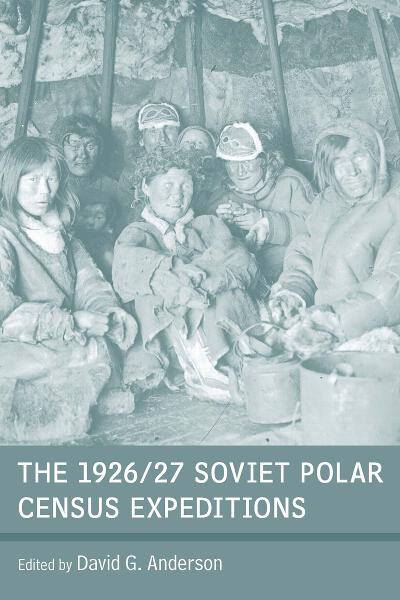 Published May 2011
Published May 2011 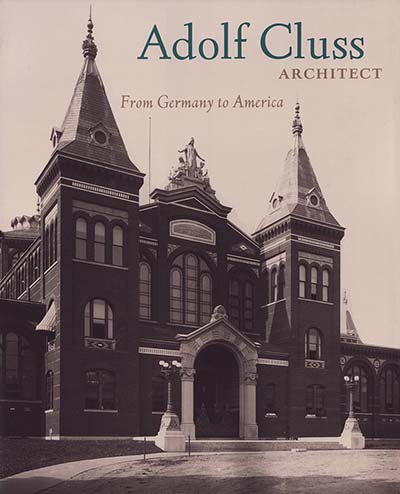 Published January 2005
Published January 2005 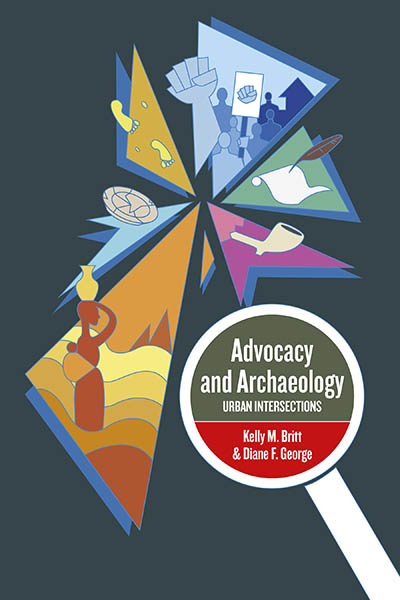 Published April 2023
Published April 2023 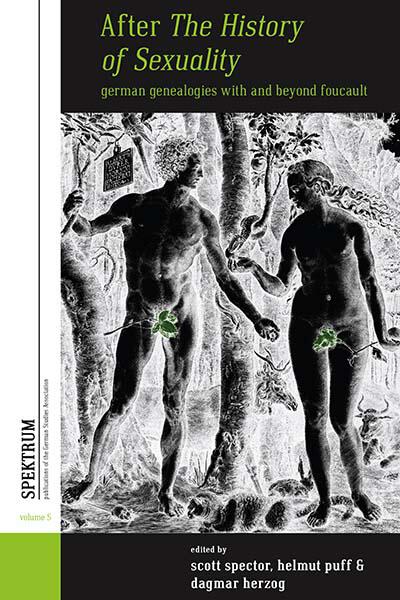 Published July 2012
Published July 2012 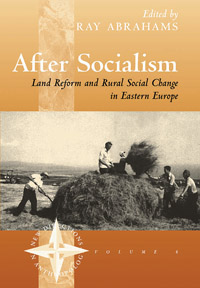 Published August 1996
Published August 1996 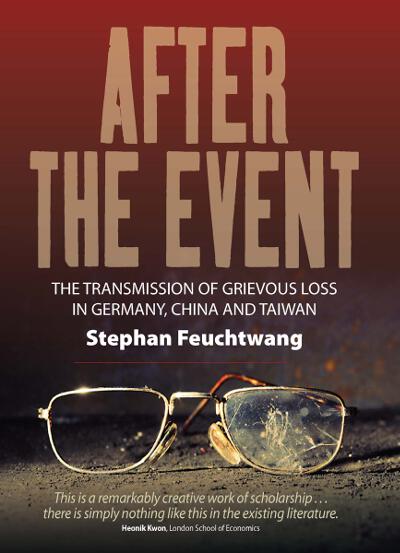 Published April 2011
Published April 2011 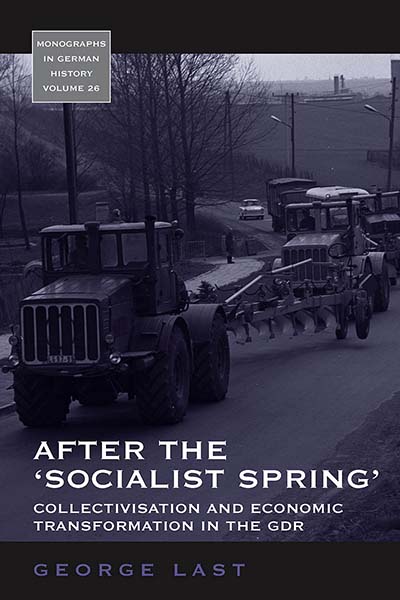 Published March 2009
Published March 2009 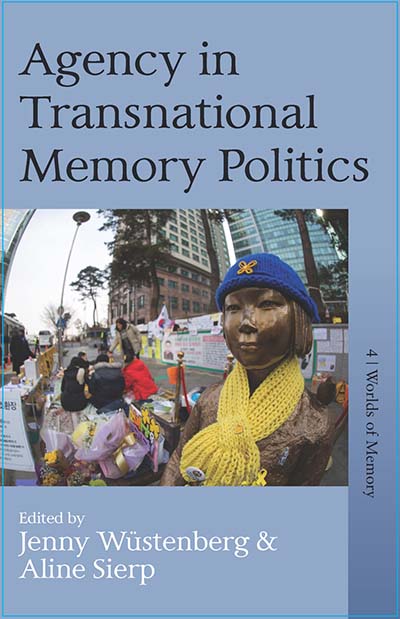 Published July 2020
Published July 2020 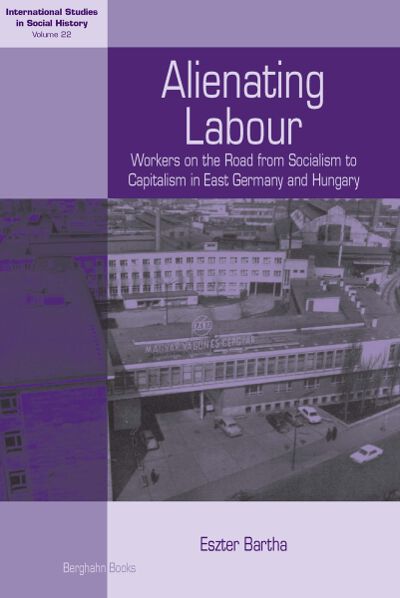 Published November 2013
Published November 2013 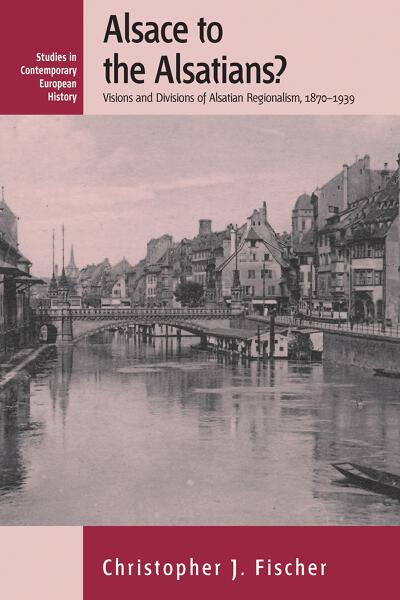 Published March 2010
Published March 2010 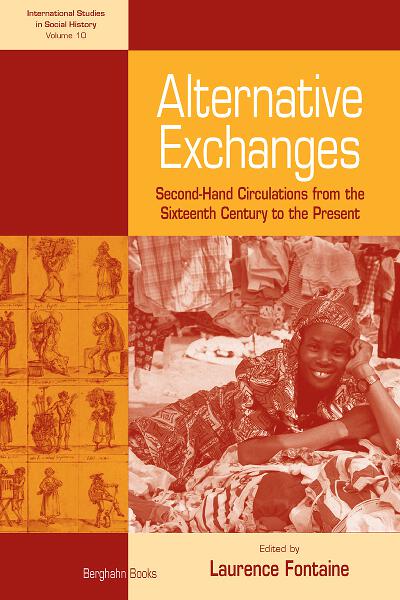 Published April 2008
Published April 2008 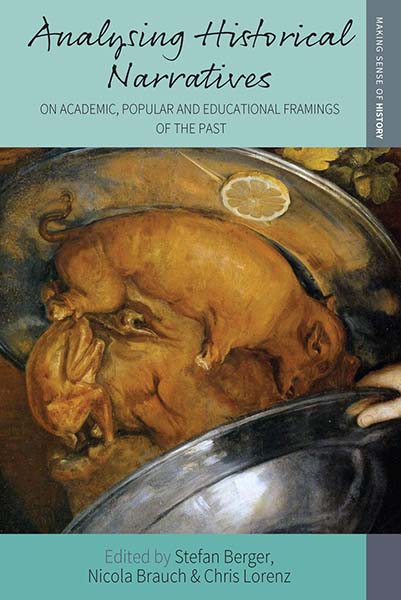 Published May 2021
Published May 2021 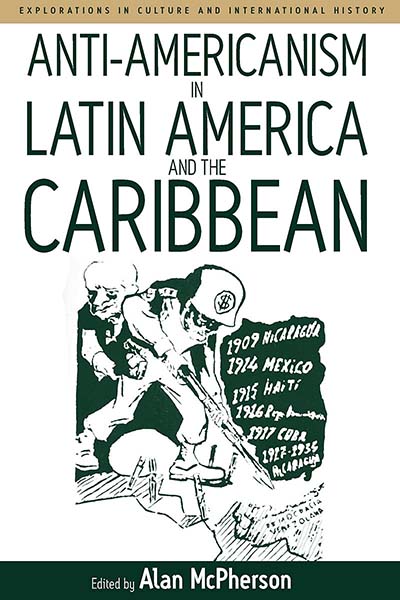 Published March 2006
Published March 2006 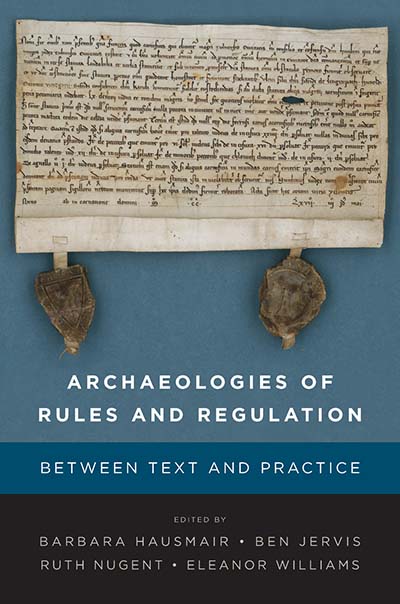 Published January 2018
Published January 2018 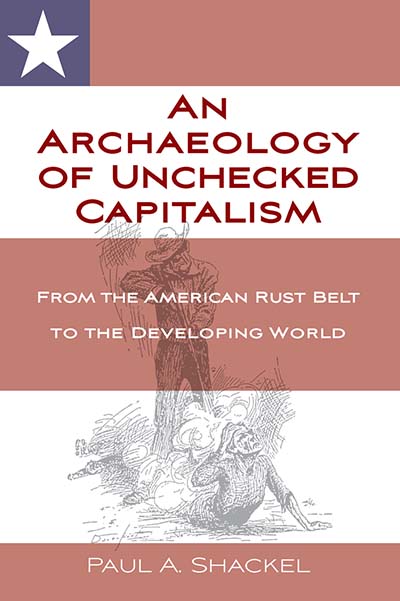 Published December 2019
Published December 2019 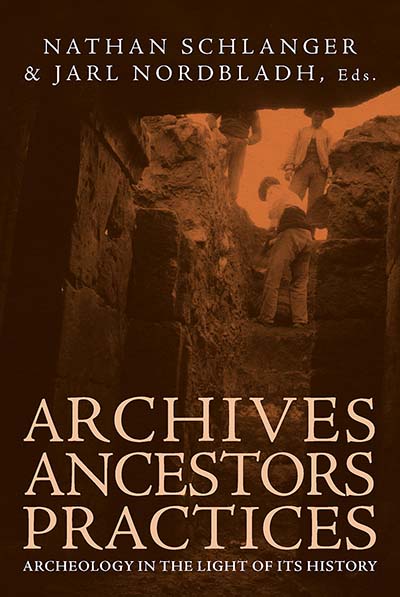 Published June 2008
Published June 2008 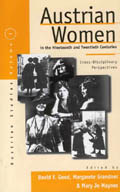 Published October 1996
Published October 1996 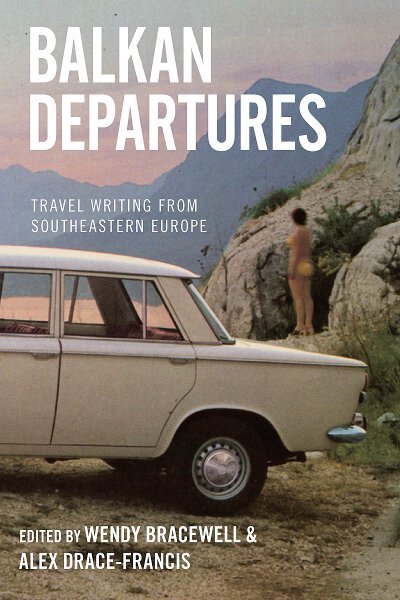 Published May 2009
Published May 2009 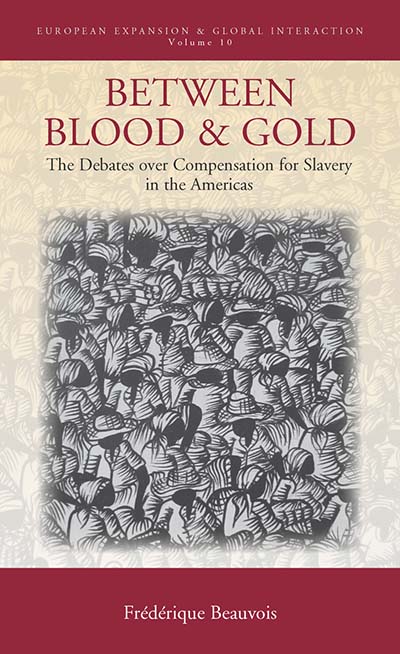 Published December 2016
Published December 2016 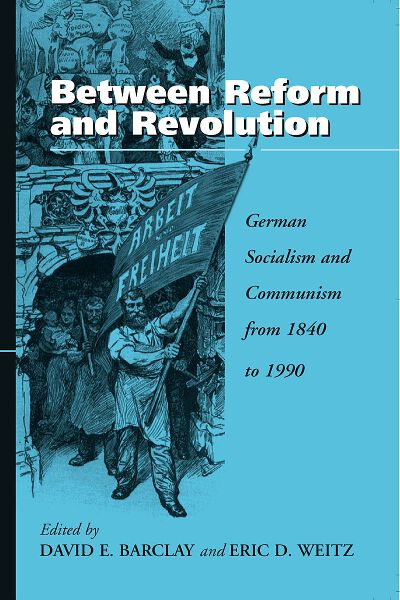 Published May 1998
Published May 1998 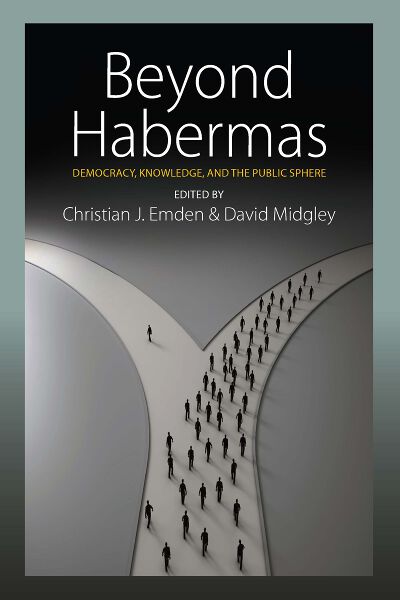 Published November 2012
Published November 2012 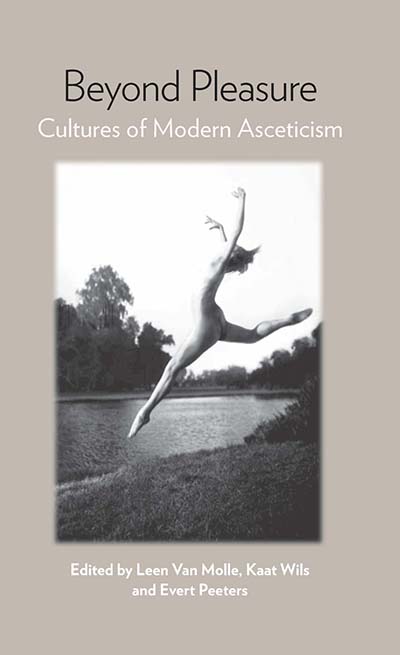 Published April 2011
Published April 2011 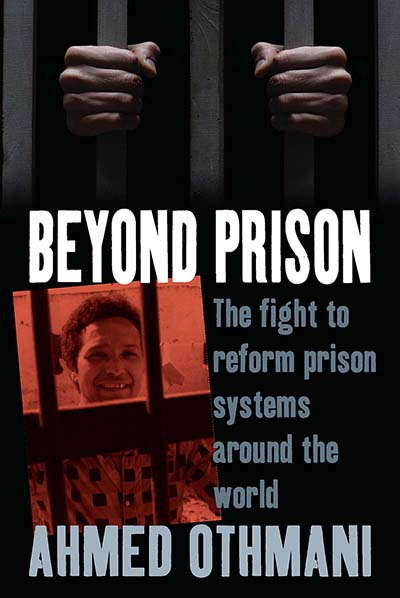 Published July 2008
Published July 2008 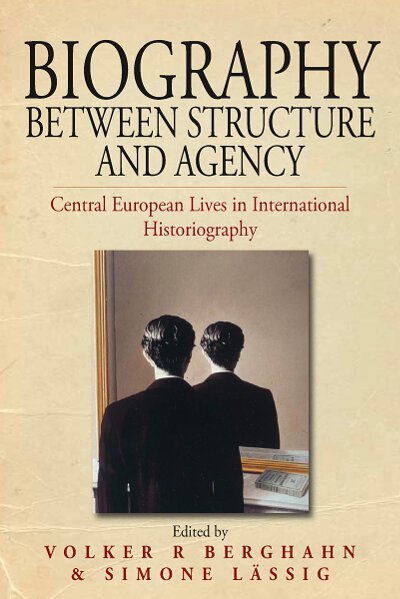 Published September 2008
Published September 2008 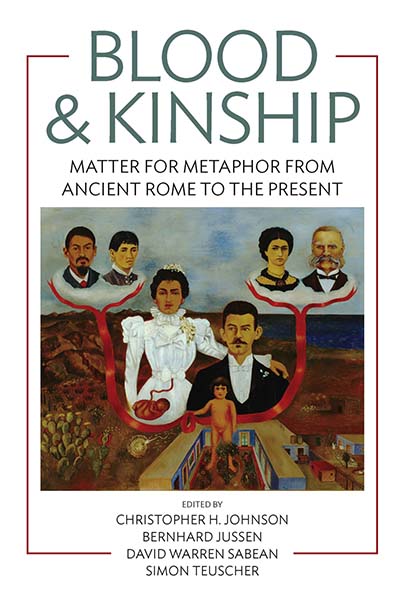 Published January 2013
Published January 2013 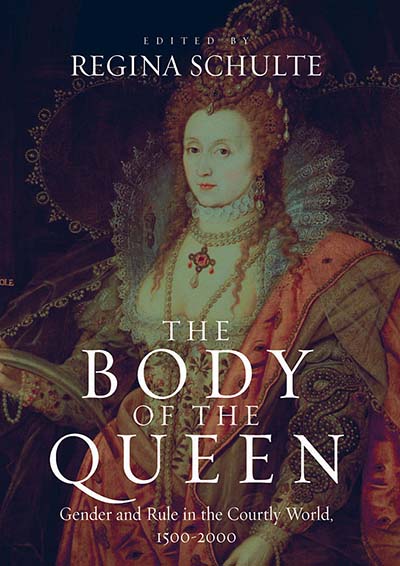 Published April 2006
Published April 2006 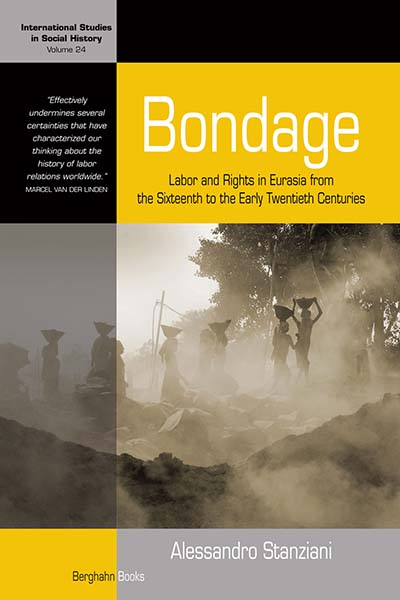 Published January 2014
Published January 2014 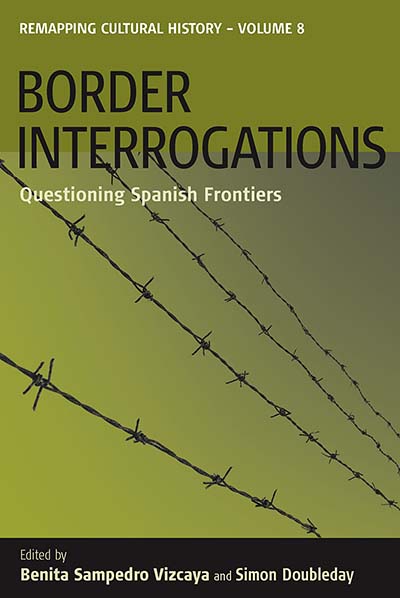 Published May 2008
Published May 2008 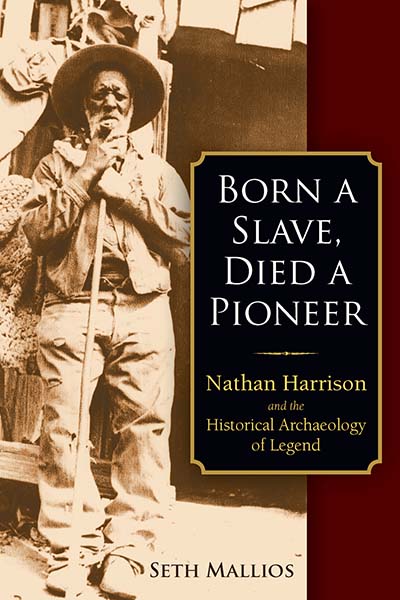 Published November 2019
Published November 2019 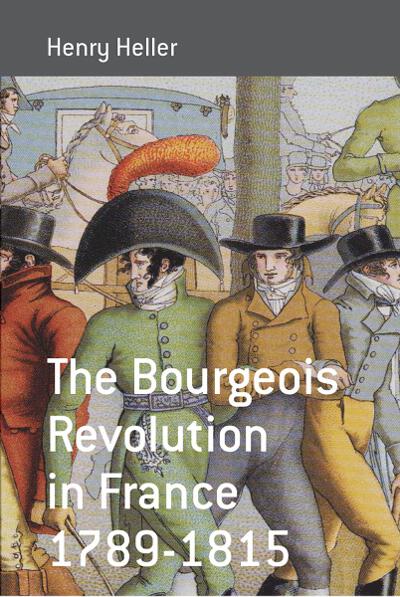 Published May 2006
Published May 2006 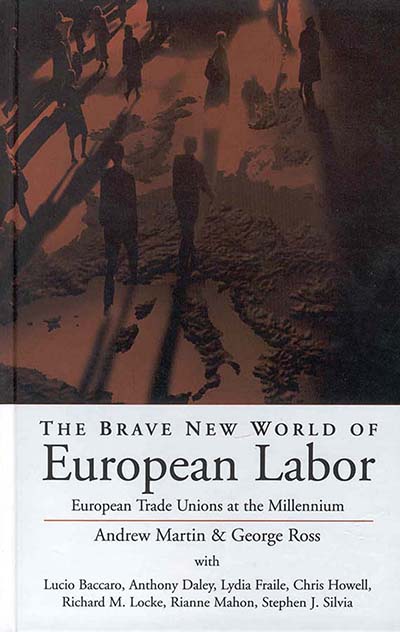 Published September 1999
Published September 1999 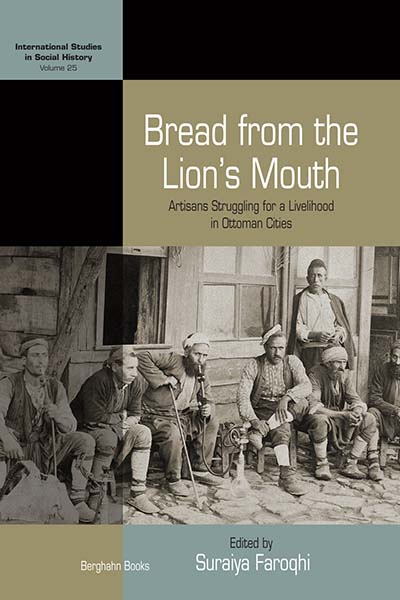 Published March 2015
Published March 2015 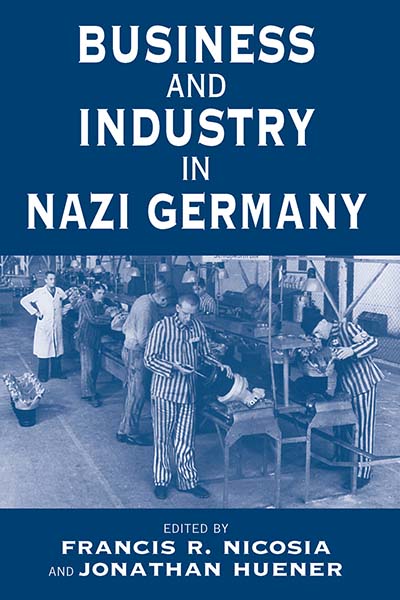 Published March 2004
Published March 2004 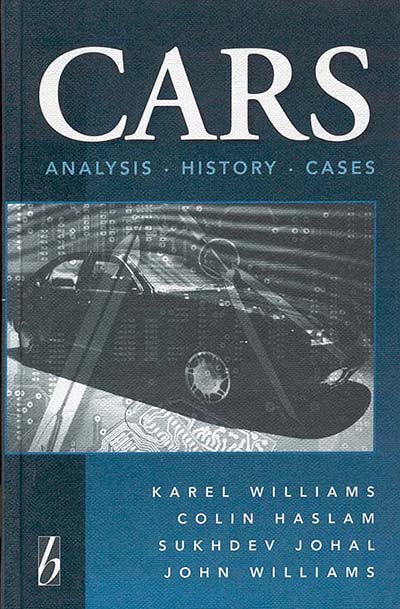 Published October 1994
Published October 1994 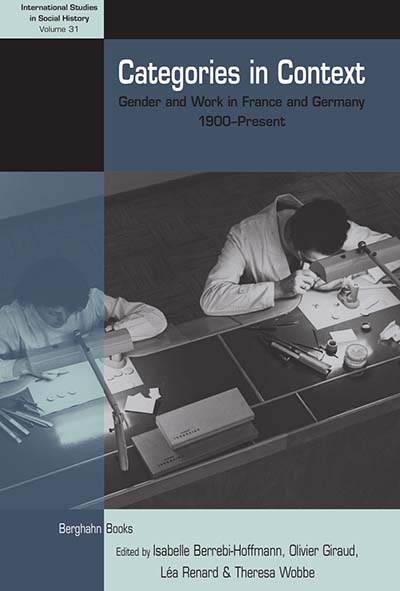 Published March 2019
Published March 2019 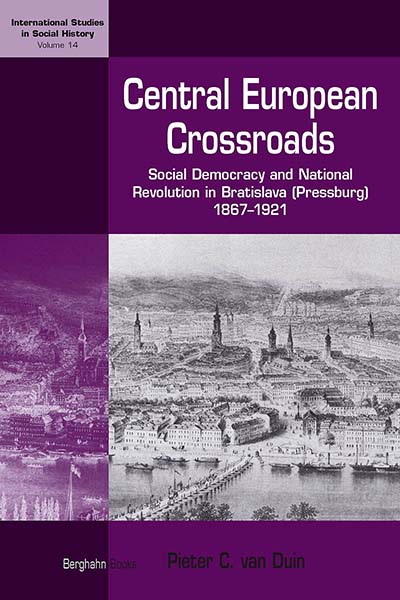 Published May 2009
Published May 2009 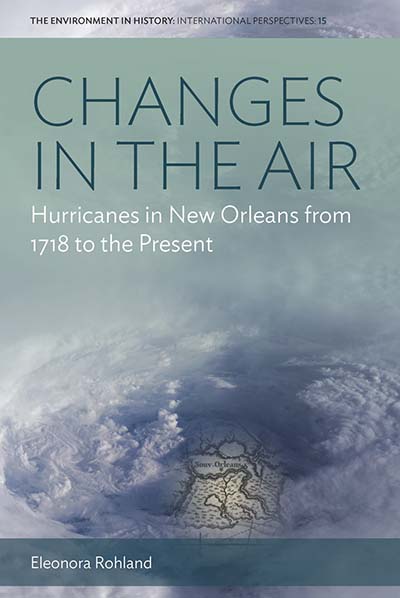 Published October 2018
Published October 2018 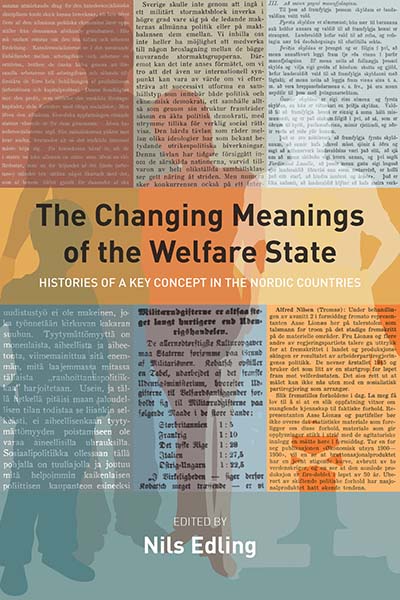 Published January 2019
Published January 2019 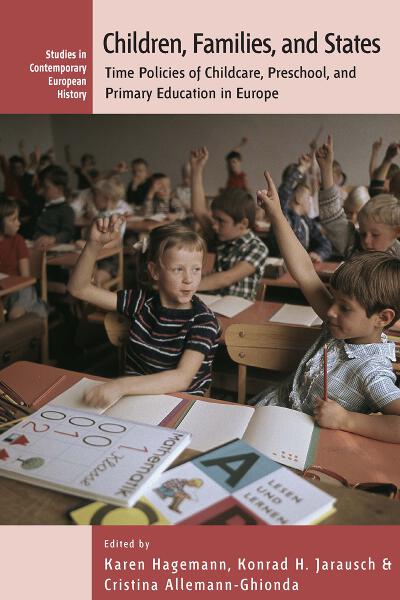 Published March 2011
Published March 2011 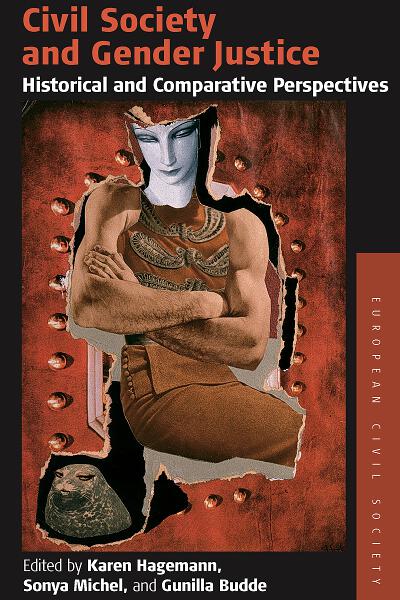 Published October 2008
Published October 2008 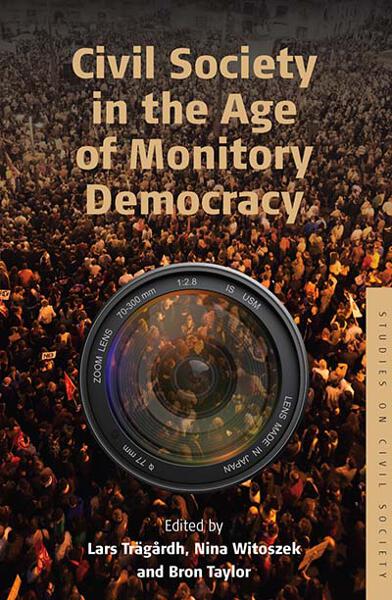 Published May 2013
Published May 2013  Published November 2012
Published November 2012 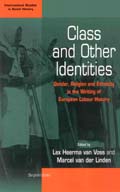 Published June 2002
Published June 2002  Published May 2000
Published May 2000 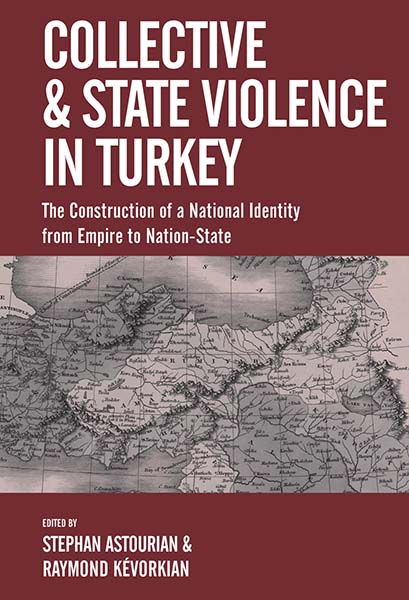 Published November 2020
Published November 2020 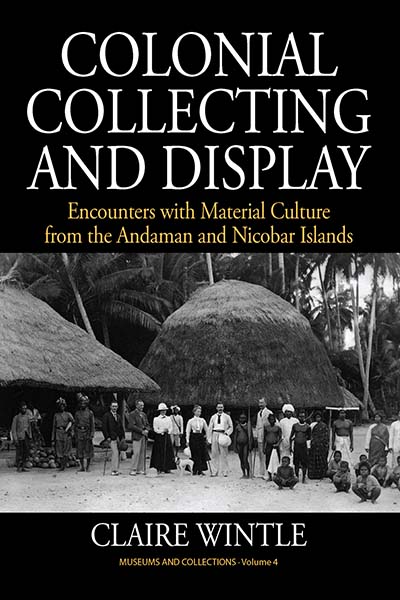 Published May 2013
Published May 2013 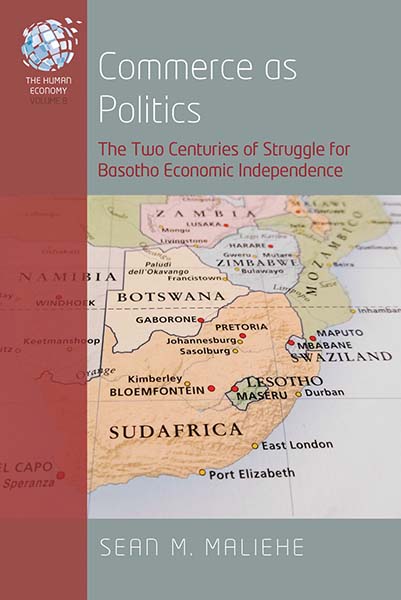 Published January 2021
Published January 2021 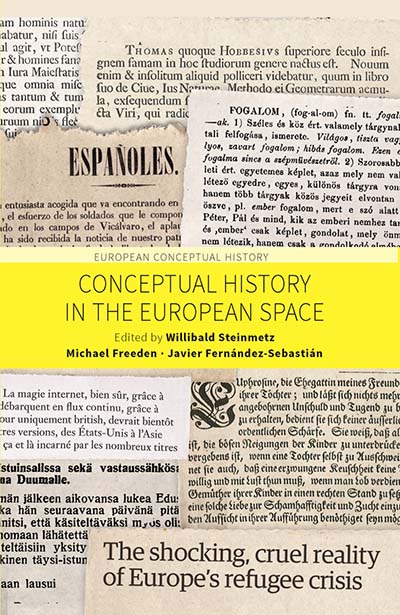 Published June 2017
Published June 2017 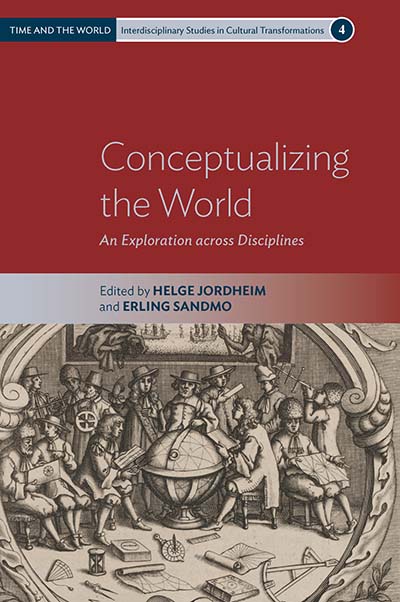 Published December 2018
Published December 2018  Published June 2020
Published June 2020 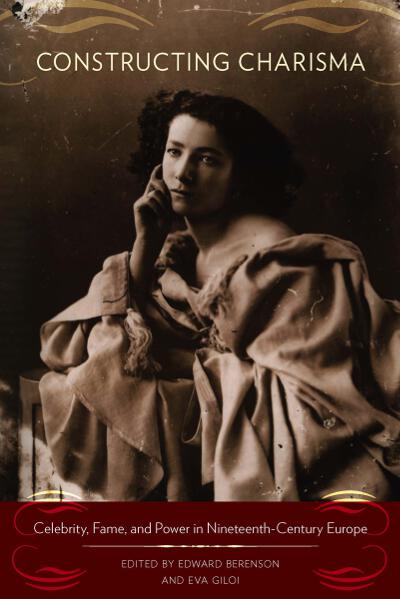 Published July 2010
Published July 2010 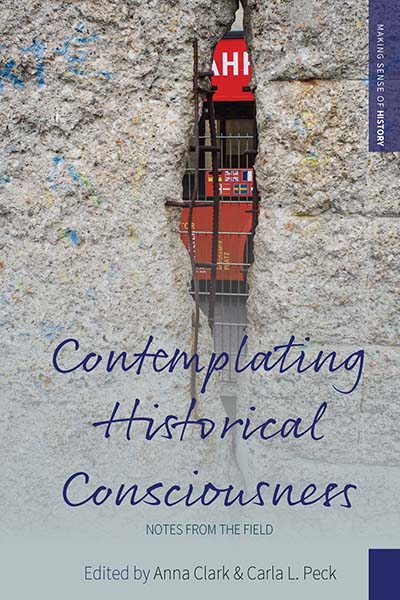 Published December 2018
Published December 2018 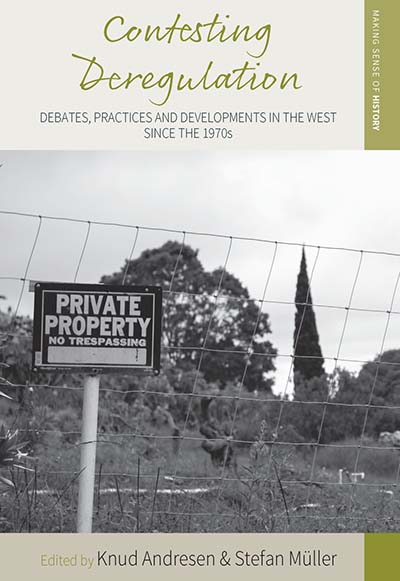 Published September 2017
Published September 2017 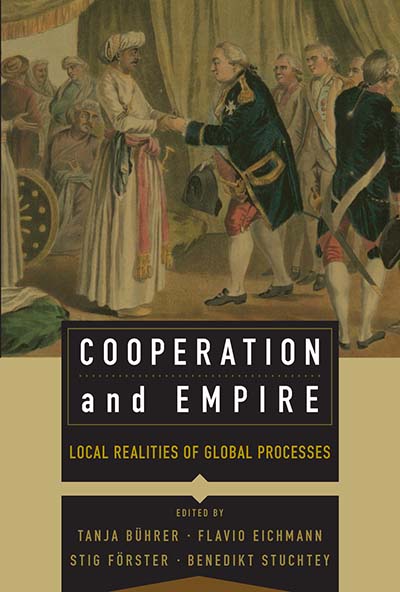 Published August 2017
Published August 2017 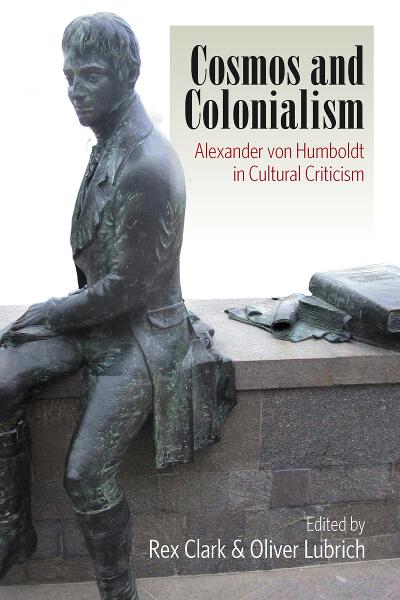 a April 2012
a April 2012 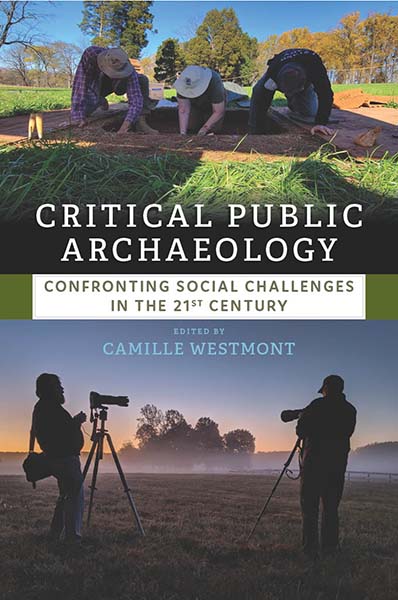 Published September 2022
Published September 2022 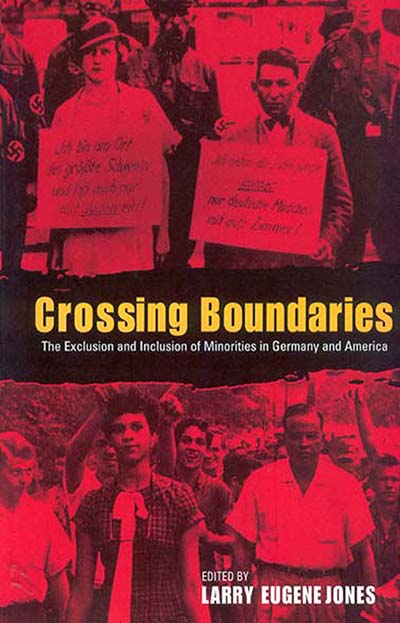 Published October 2001
Published October 2001 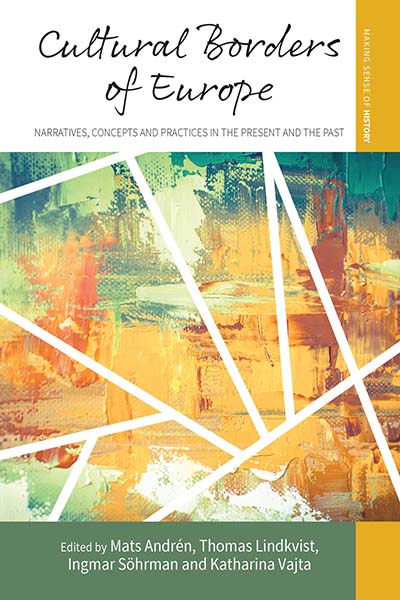 Published August 2017
Published August 2017 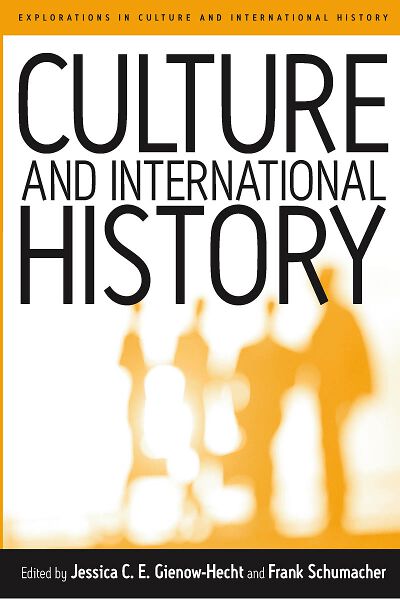 Published May 2003
Published May 2003  Published June 2012
Published June 2012 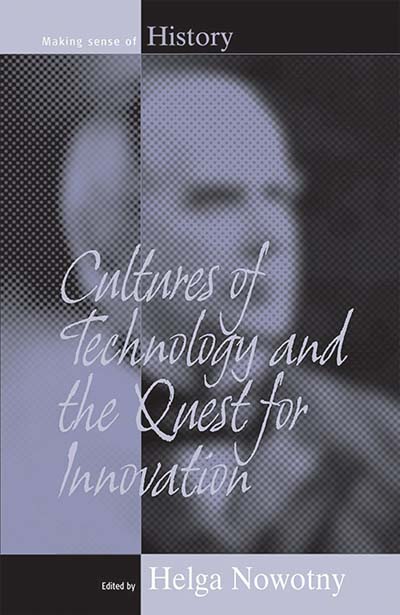 Published February 2006
Published February 2006 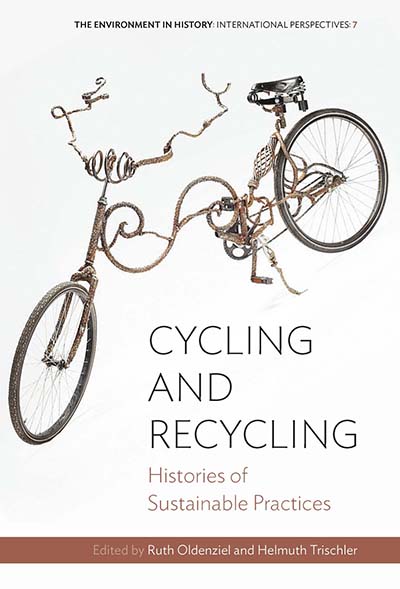 Published December 2015
Published December 2015 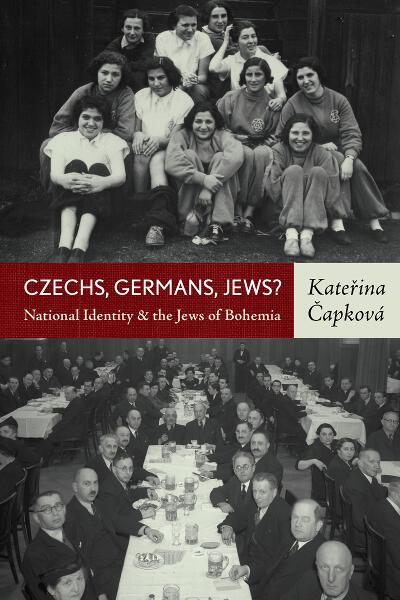 Published May 2012
Published May 2012 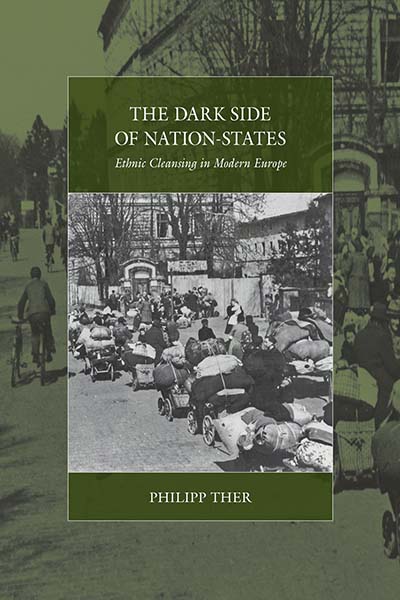 Published May 2014
Published May 2014 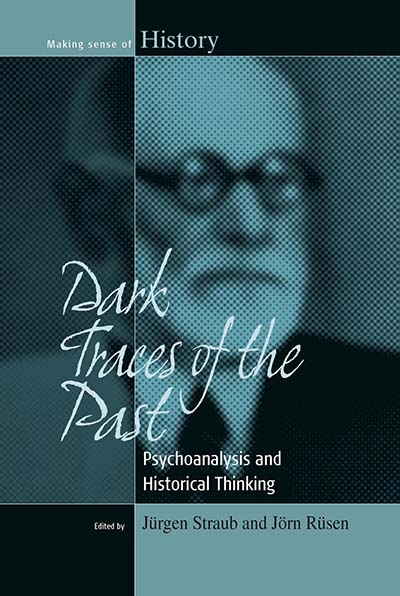 Published December 2011
Published December 2011  Published June 2012
Published June 2012 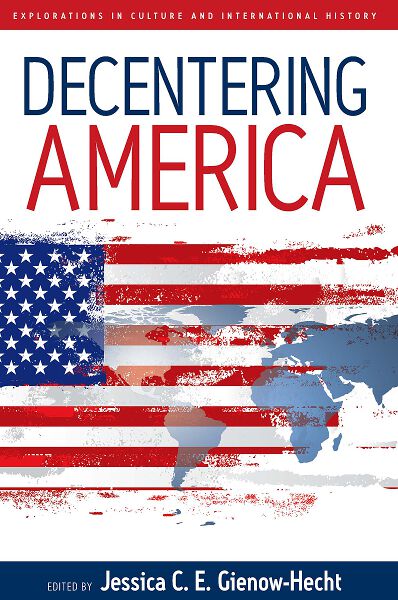 Published December 2007
Published December 2007 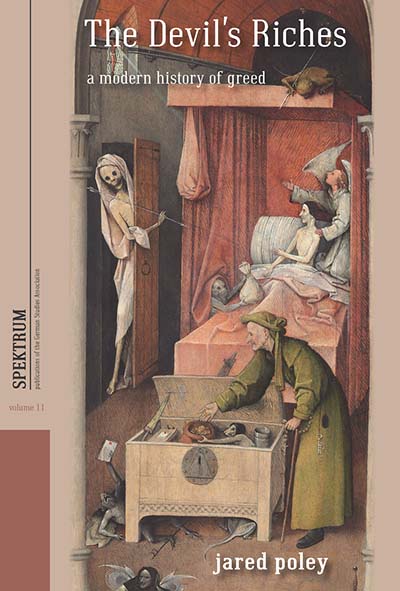 Published February 2016
Published February 2016 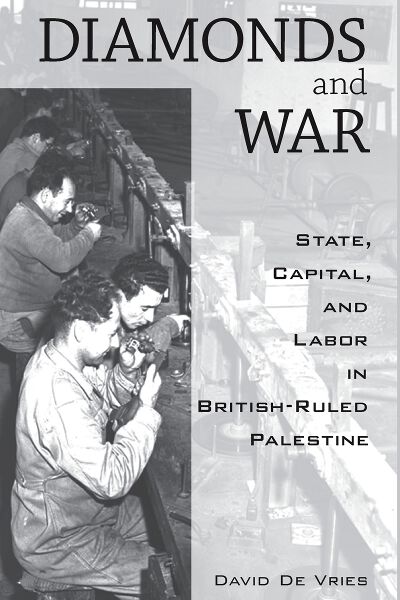 Published April 2010
Published April 2010 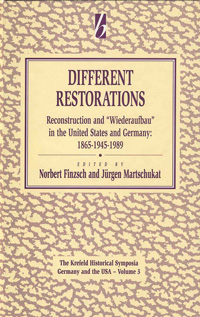 Published August 1996
Published August 1996 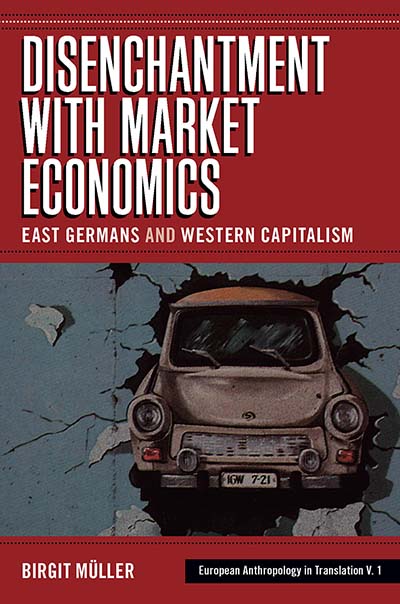 Published January 2007
Published January 2007 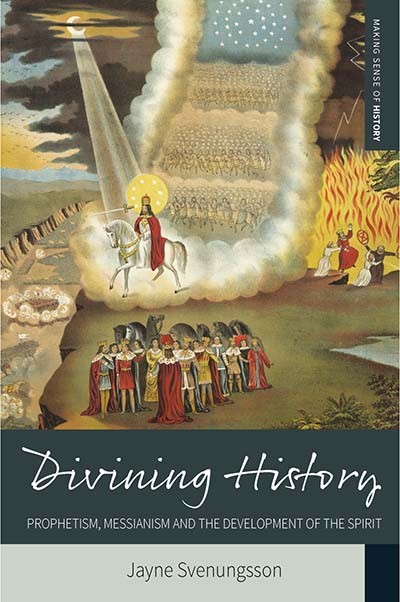 Published August 2016
Published August 2016 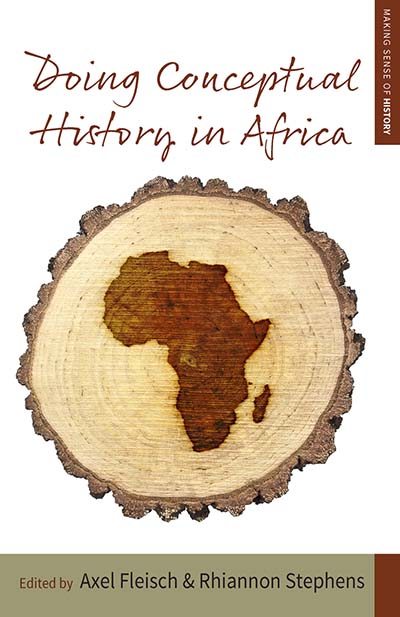 Published February 2018
Published February 2018  Published December 2018
Published December 2018 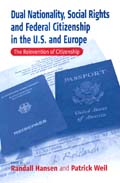 Published May 2002
Published May 2002  Published October 2005
Published October 2005  Published April 2013
Published April 2013 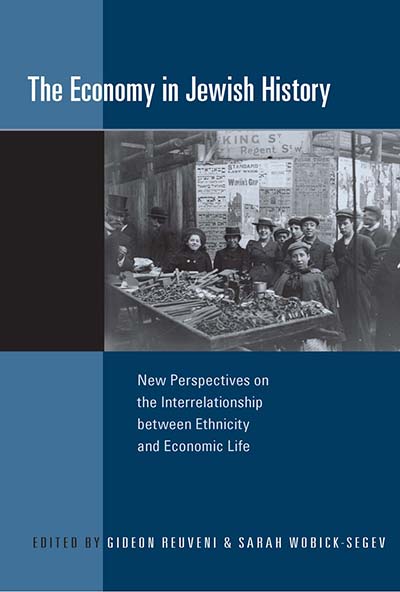 Published December 2010
Published December 2010  Published December 2011
Published December 2011 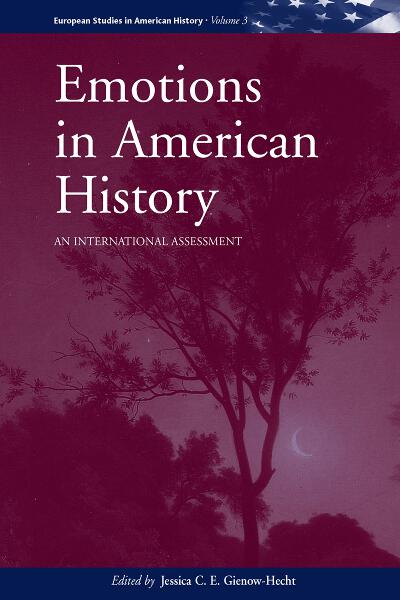 Published April 2010
Published April 2010 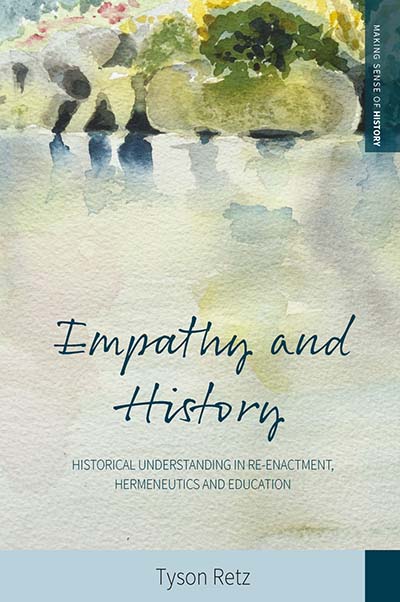 Published July 2018
Published July 2018 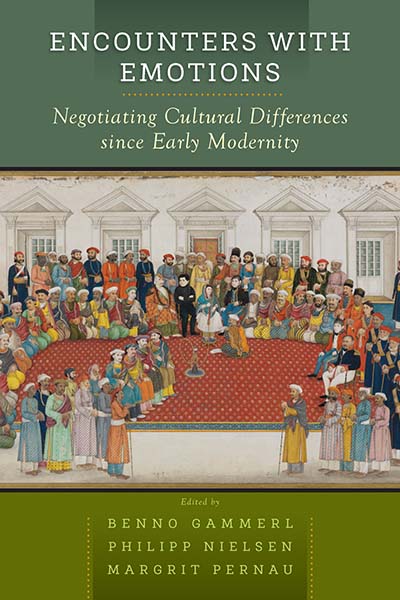 Published June 2019
Published June 2019 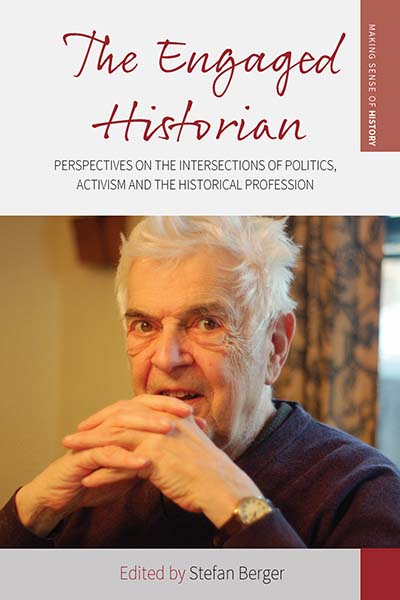 Published April 2019
Published April 2019 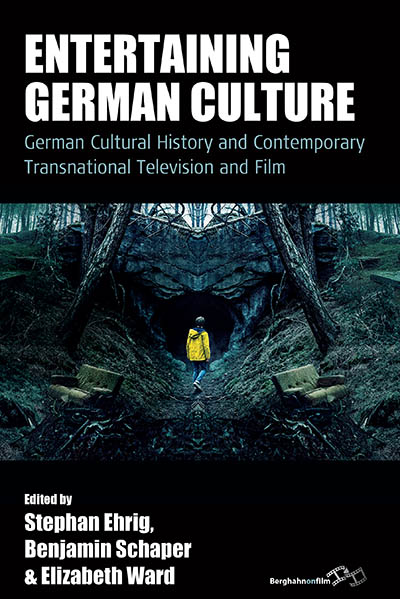 Published August 2023
Published August 2023  Published October 2011
Published October 2011 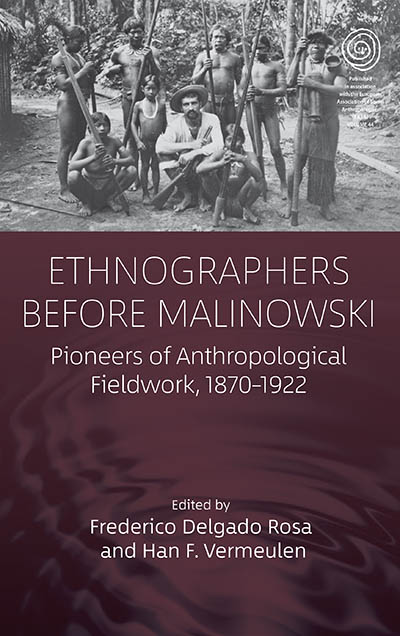 Published June 2022
Published June 2022 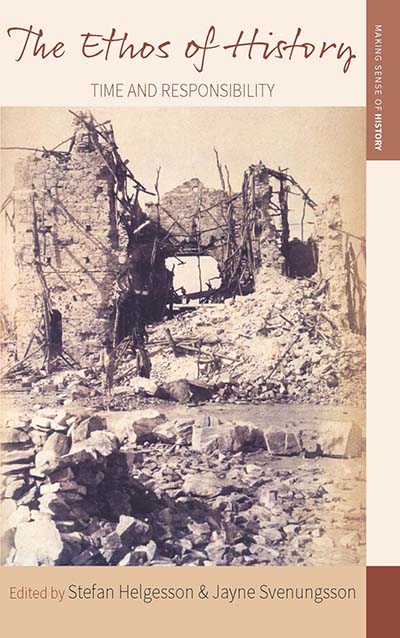 Published June 2018
Published June 2018 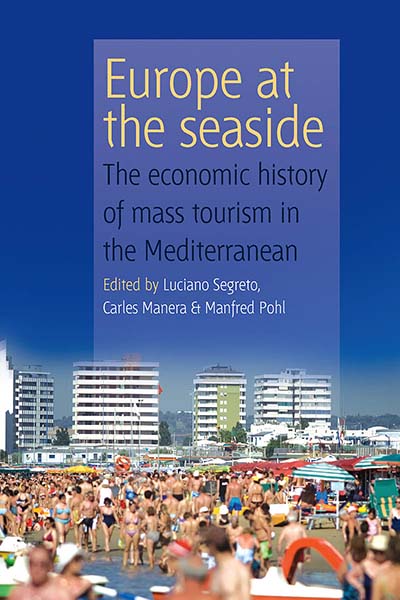 Published April 2009
Published April 2009 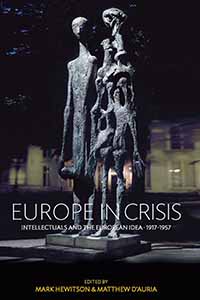 Published October 2012
Published October 2012 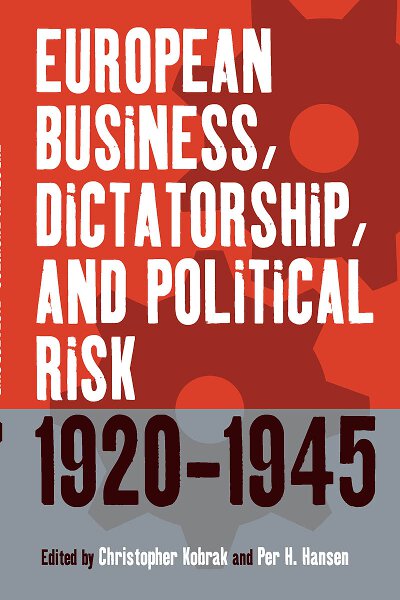 Published August 2004
Published August 2004 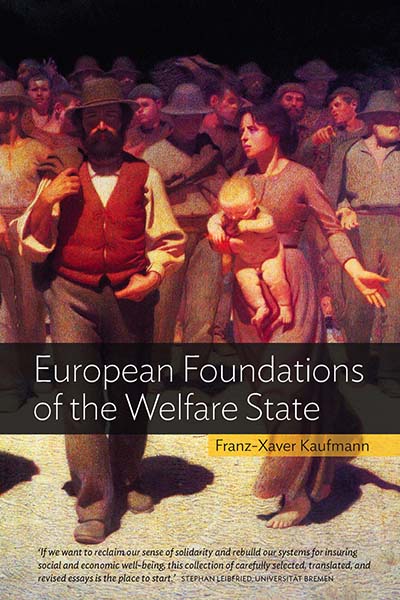 Published June 2012
Published June 2012 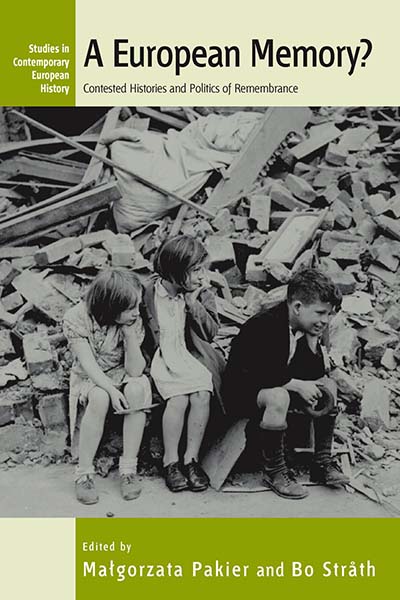 Published April 2010
Published April 2010 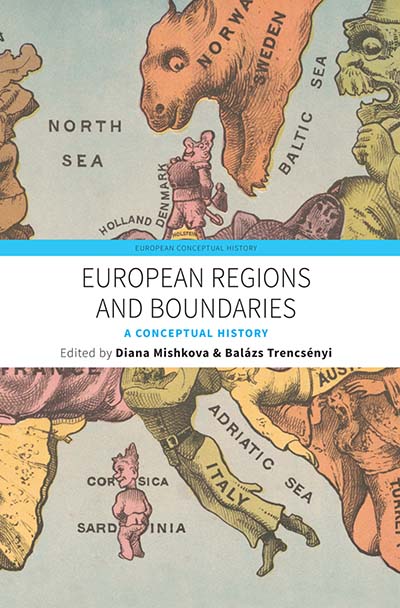 Published July 2017
Published July 2017  Published May 2017
Published May 2017 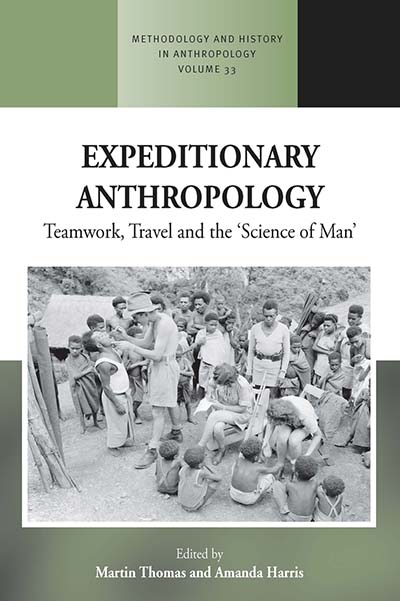 Published January 2018
Published January 2018 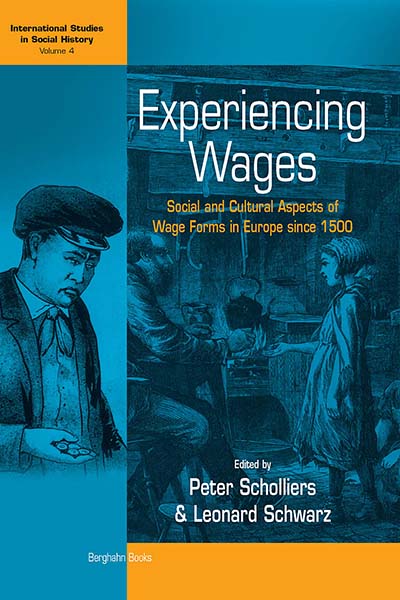 Published September 2003
Published September 2003  Published October 2004
Published October 2004 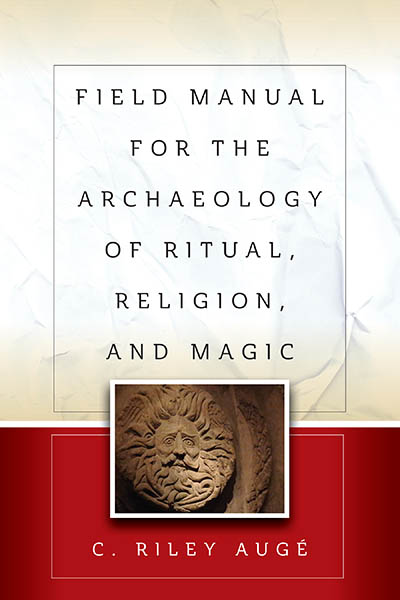 Published July 2022
Published July 2022 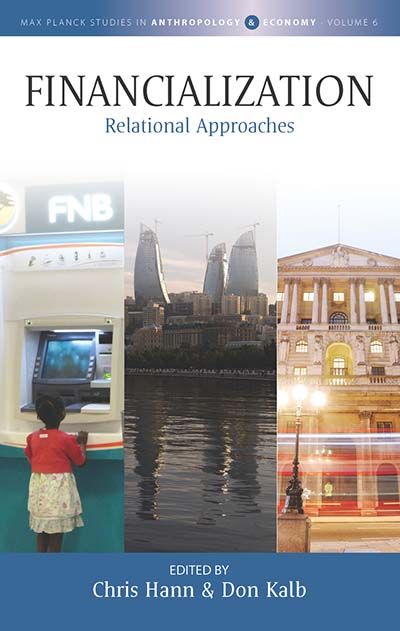 Published August 2020
Published August 2020 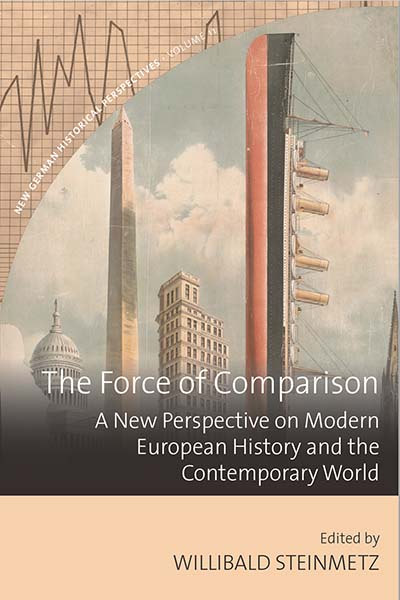 Published September 2019
Published September 2019 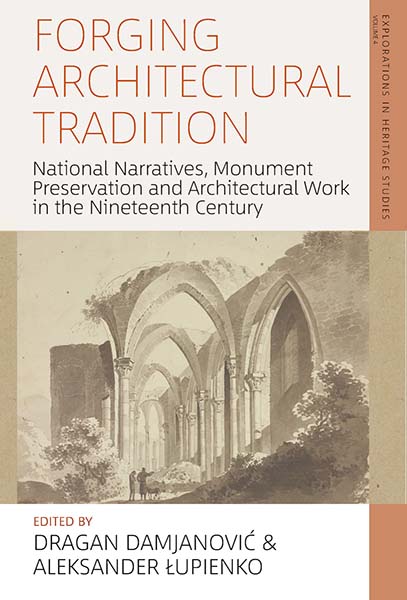 Published March 2022
Published March 2022 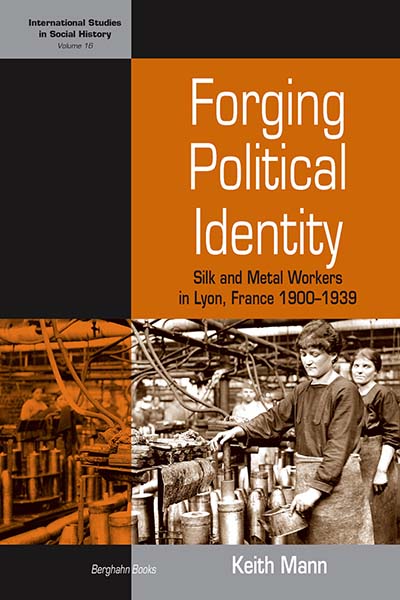 Published April 2010
Published April 2010 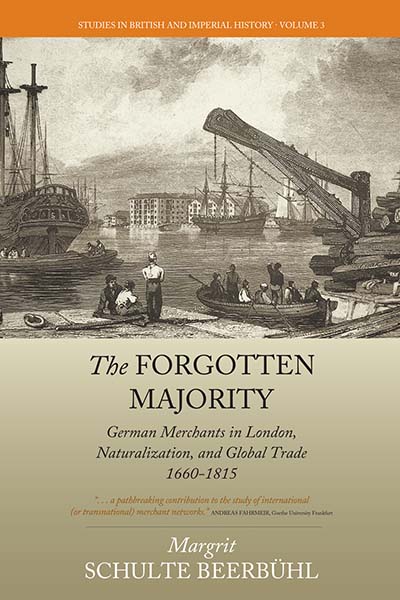 Published October 2014
Published October 2014 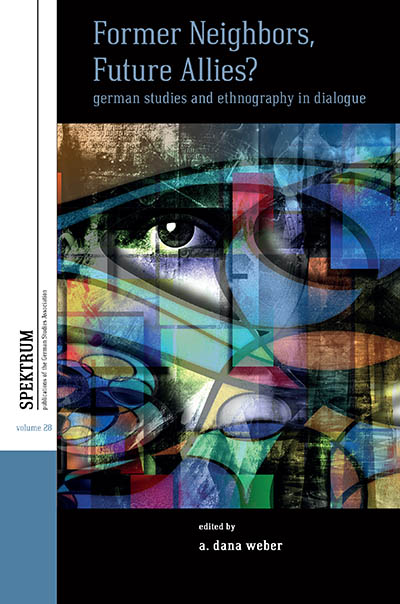 Published March 2023
Published March 2023 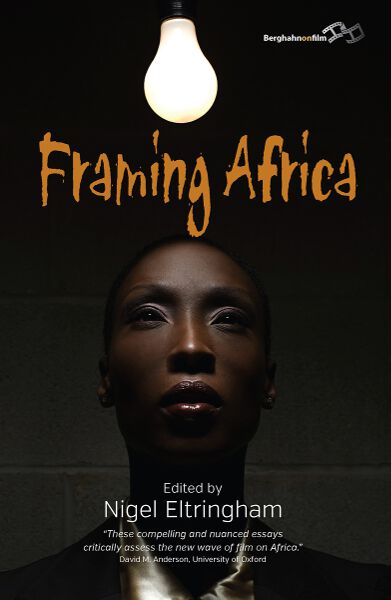 Published June 2013
Published June 2013 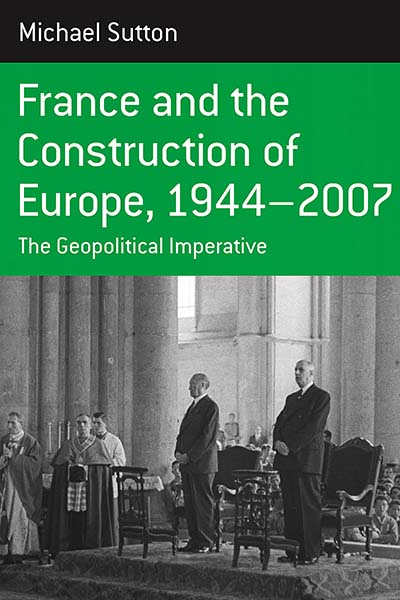 Published December 2007
Published December 2007 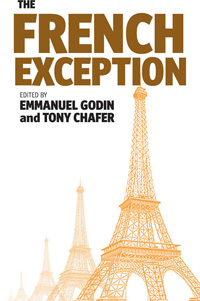 Published December 2004
Published December 2004 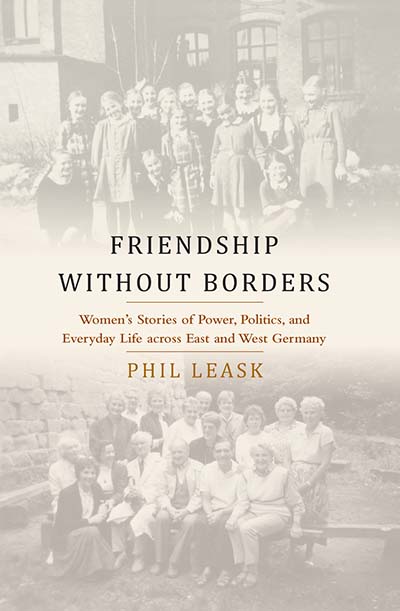 Published March 2020
Published March 2020 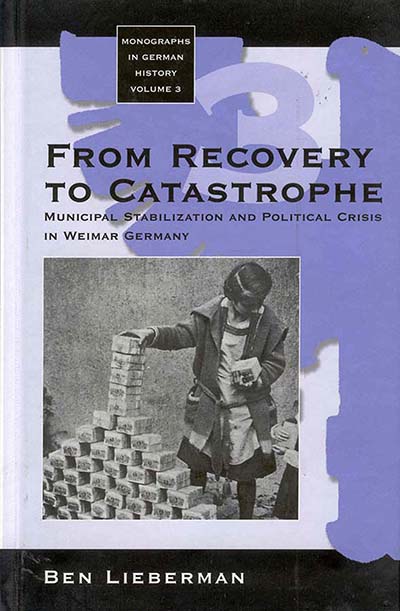 Published September 1998
Published September 1998 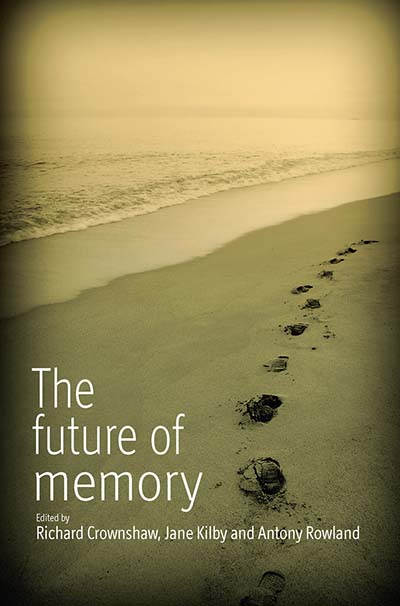 Published November 2010
Published November 2010 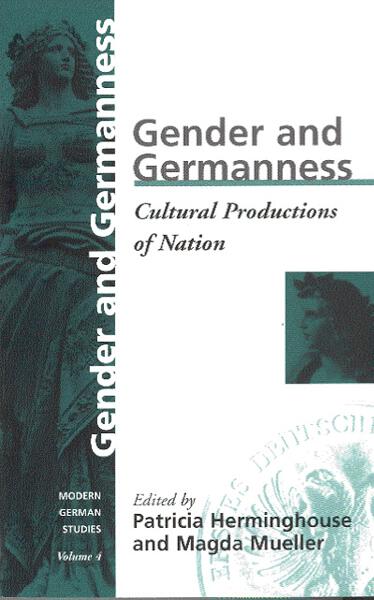 Published February 1998
Published February 1998 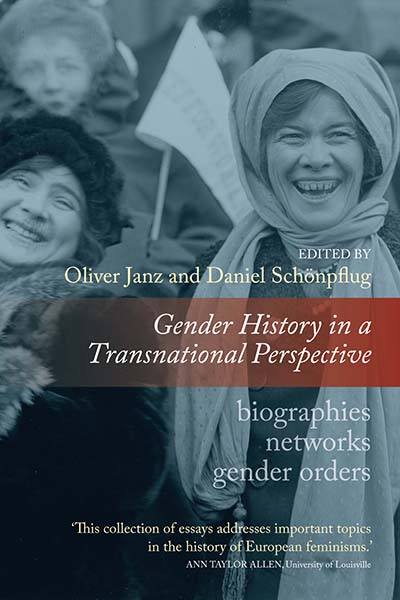 Published April 2014
Published April 2014 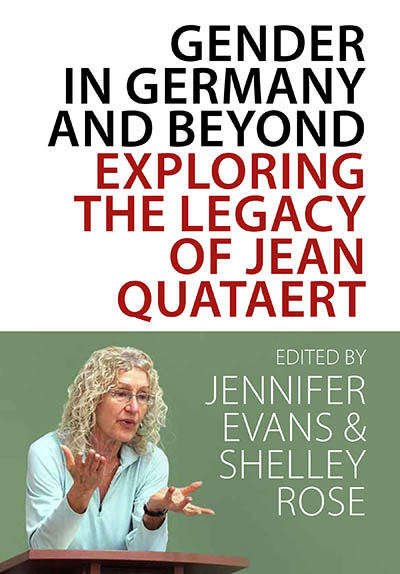 Published May 2023
Published May 2023 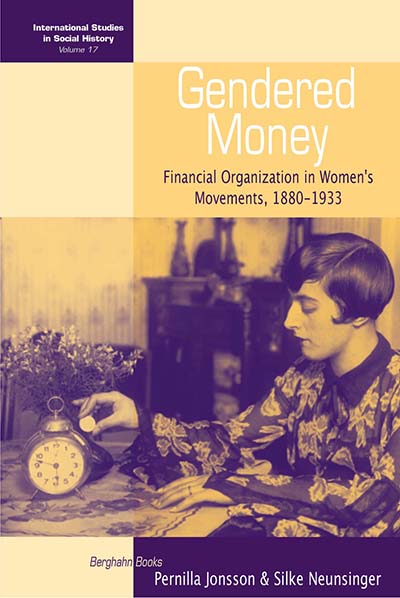 Published December 2011
Published December 2011 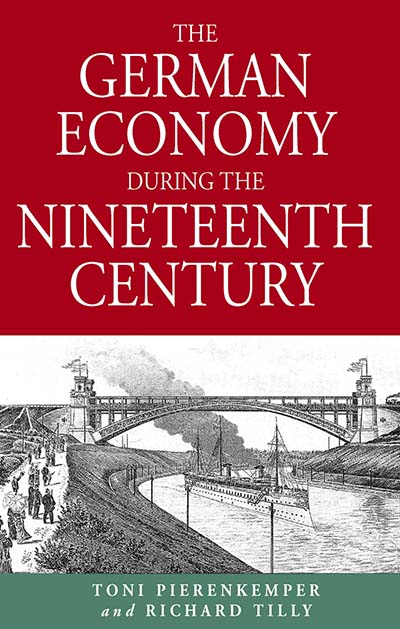 Published February 2004
Published February 2004 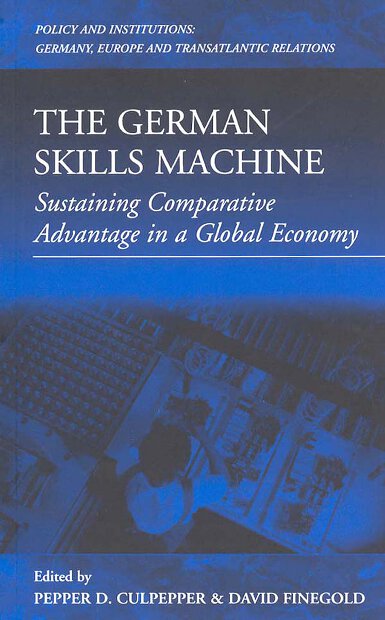 Published October 1999
Published October 1999 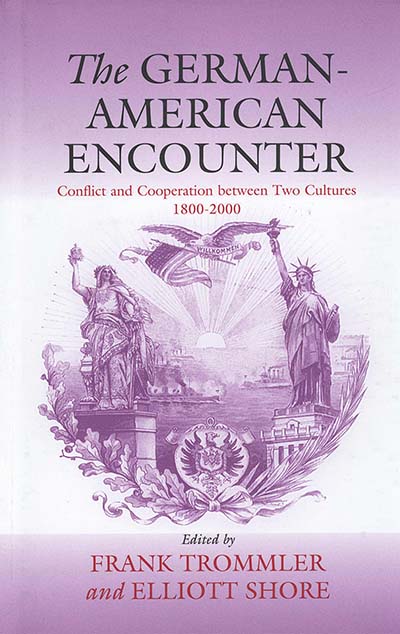 Published January 2001
Published January 2001 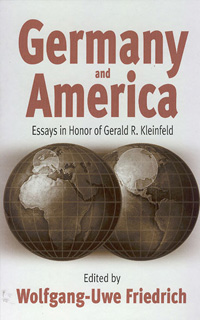 Published October 2001
Published October 2001  Published December 2006
Published December 2006 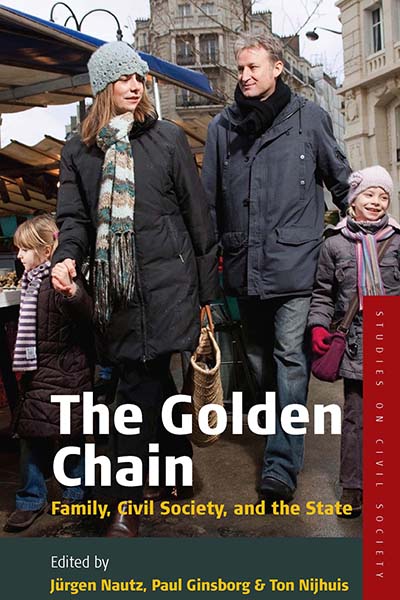 Published March 2013
Published March 2013 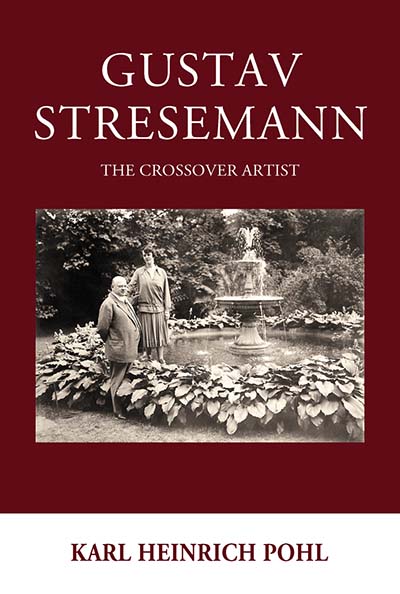 Published May 2019
Published May 2019 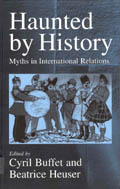 Published April 1998
Published April 1998 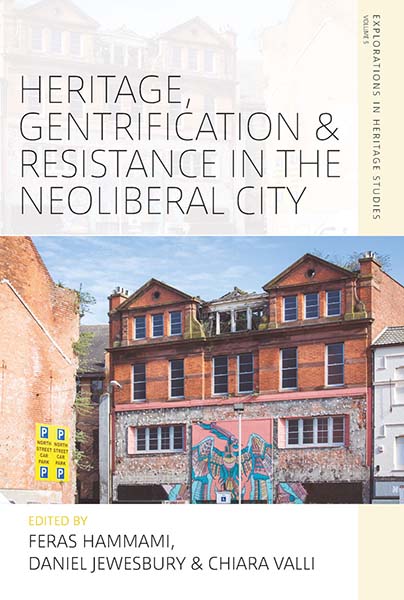 Published July 2022
Published July 2022 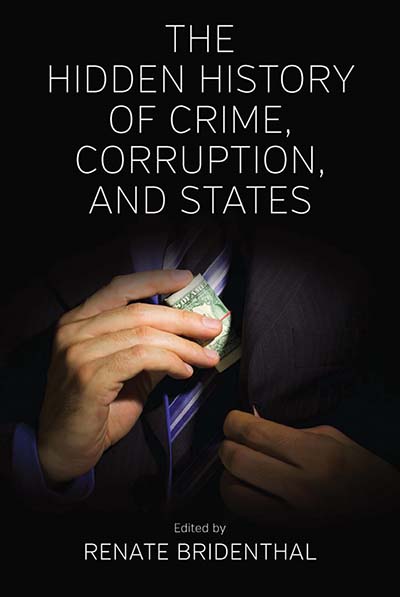 Published November 2013
Published November 2013 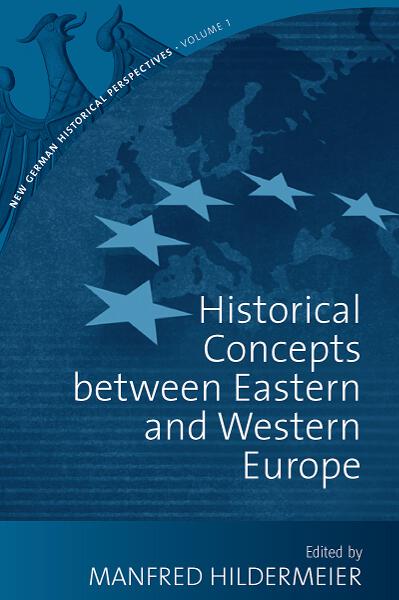 Published June 2007
Published June 2007 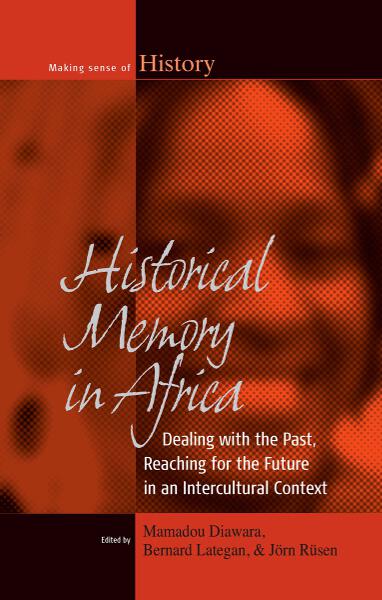 Published June 2010
Published June 2010 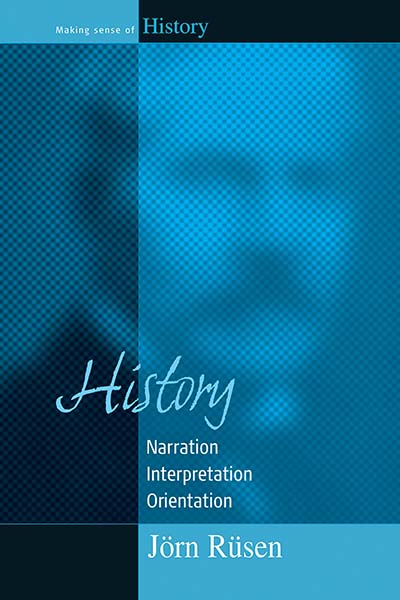 Published January 2005
Published January 2005 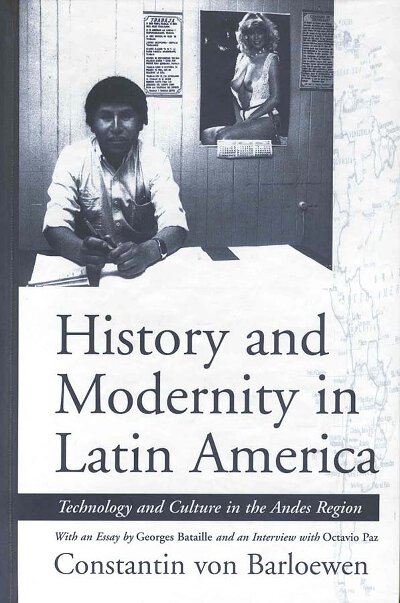 Published May 1995
Published May 1995 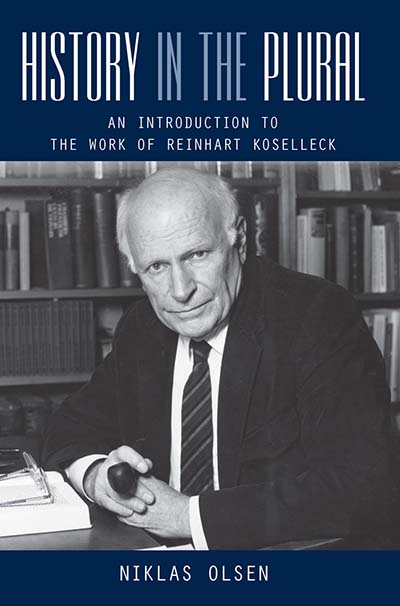 Published January 2012
Published January 2012 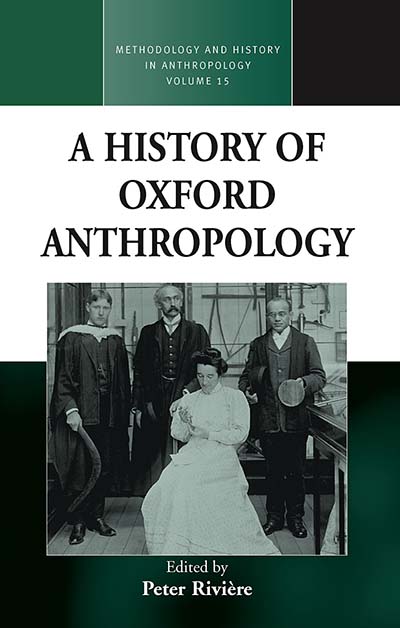 Published November 2007
Published November 2007 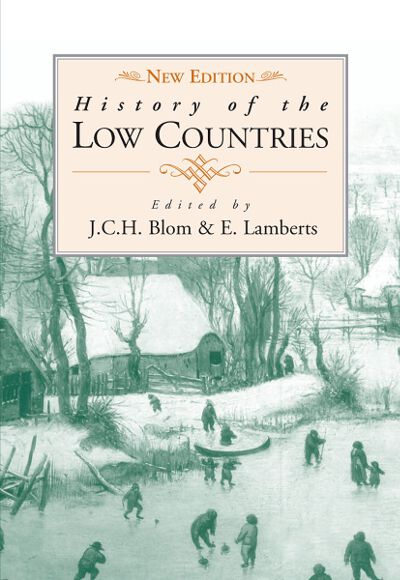 Published June 2006
Published June 2006 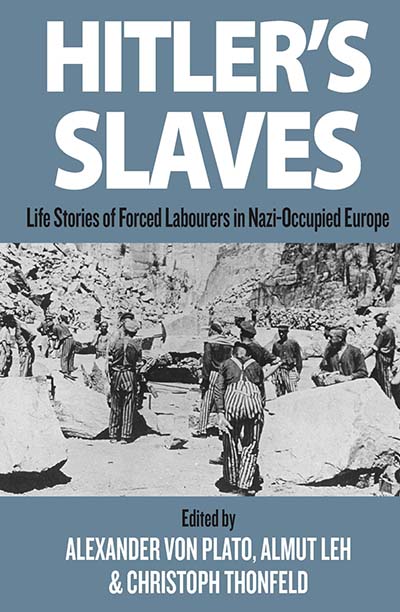 Published October 2010
Published October 2010 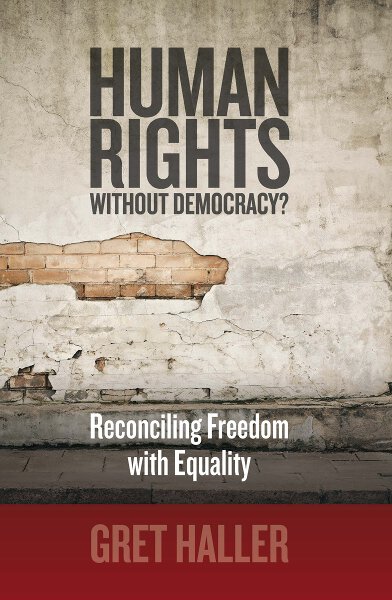 Published December 2012
Published December 2012 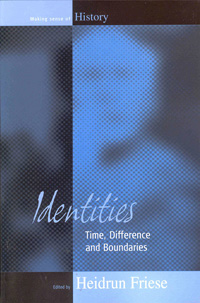 Published December 2002
Published December 2002 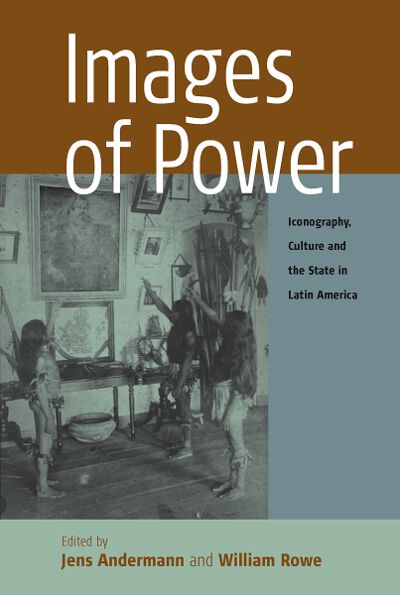 Published December 2004
Published December 2004 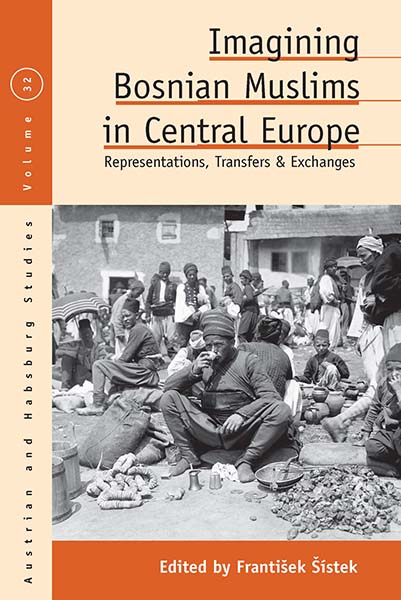 Published January 2021
Published January 2021 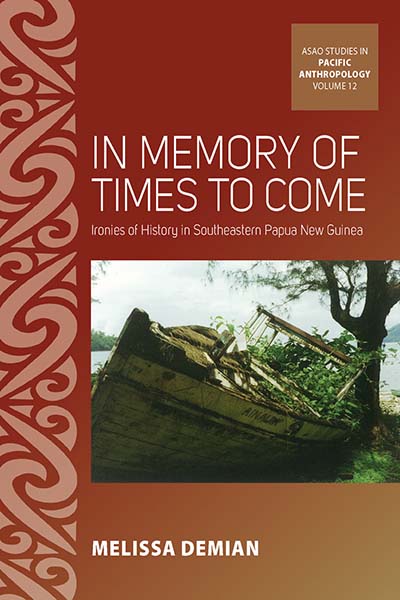 Published June 2021
Published June 2021 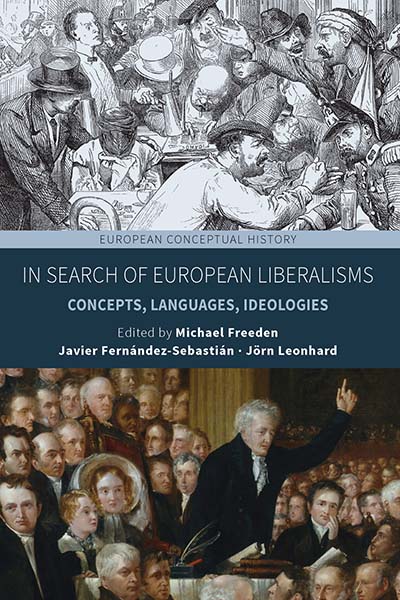 Published August 2019
Published August 2019 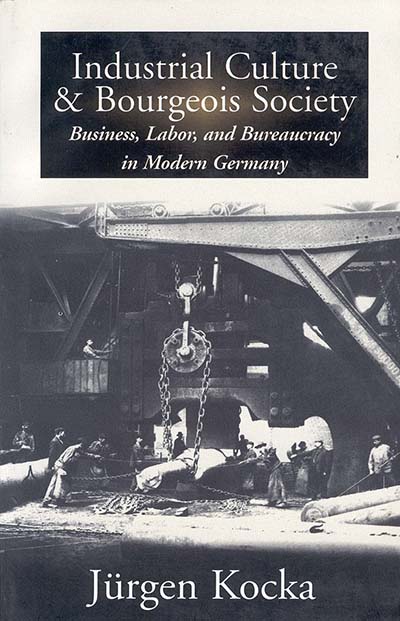 Published June 1999
Published June 1999 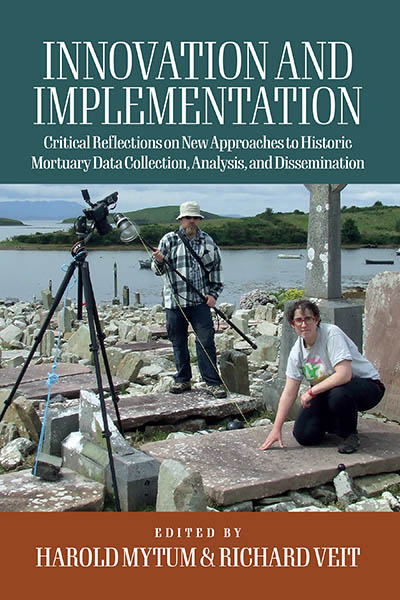 Published July 2023
Published July 2023 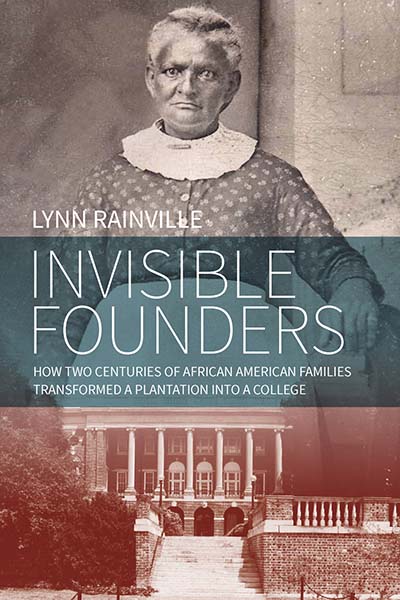 Published June 2019
Published June 2019 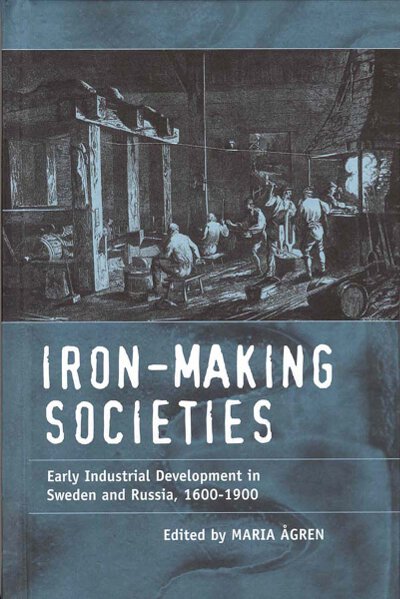 Published March 1998
Published March 1998 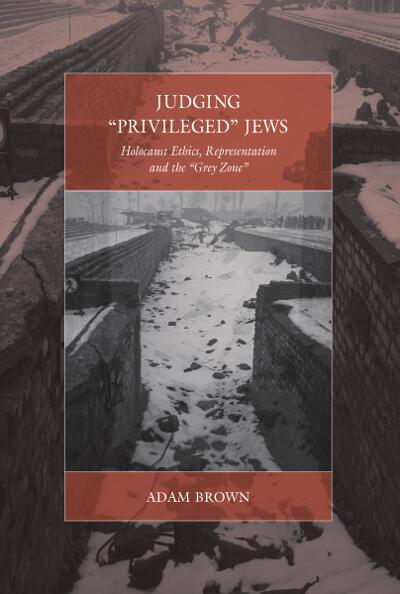 Published July 2013
Published July 2013 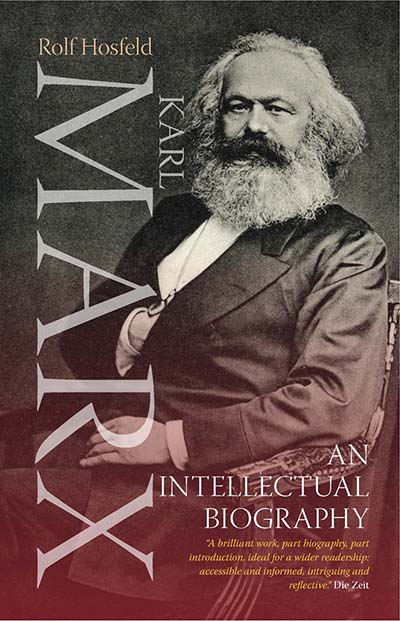 Published December 2012
Published December 2012 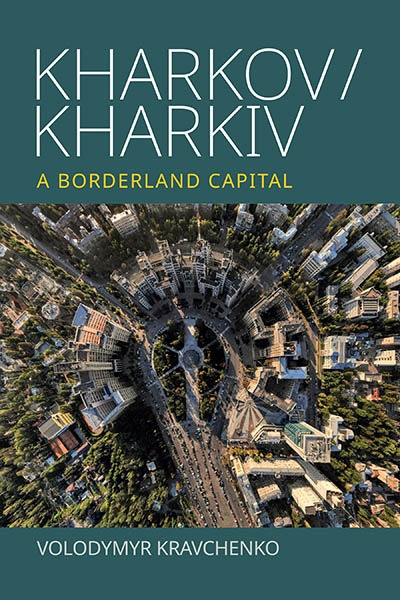 Published April 2023
Published April 2023 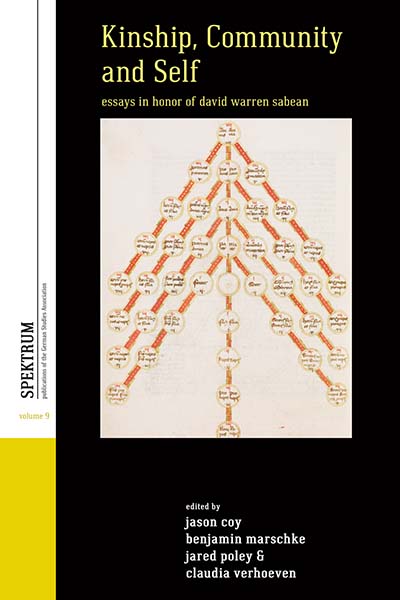 Published December 2014
Published December 2014 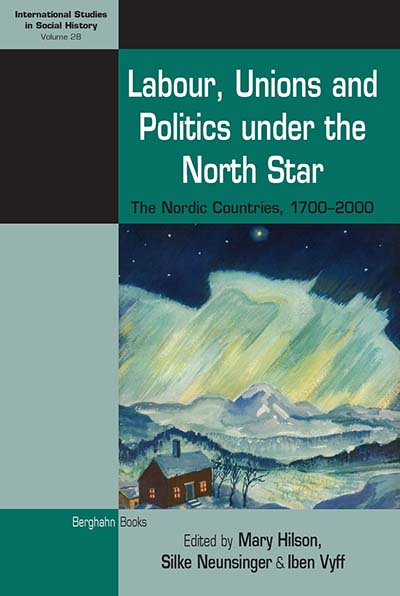 Published May 2017
Published May 2017 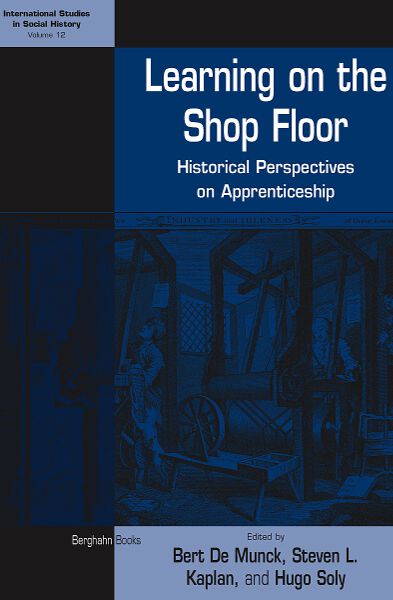 Published December 2007
Published December 2007 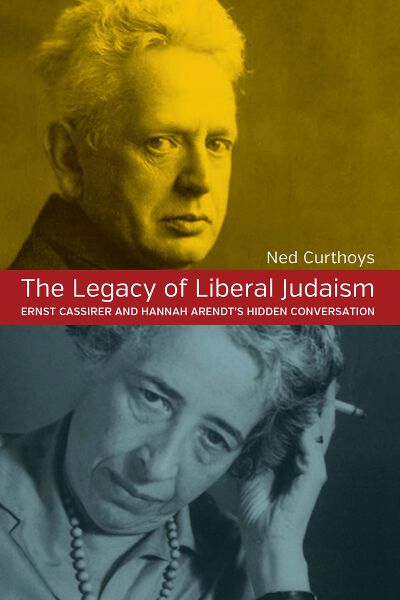 Published October 2013
Published October 2013 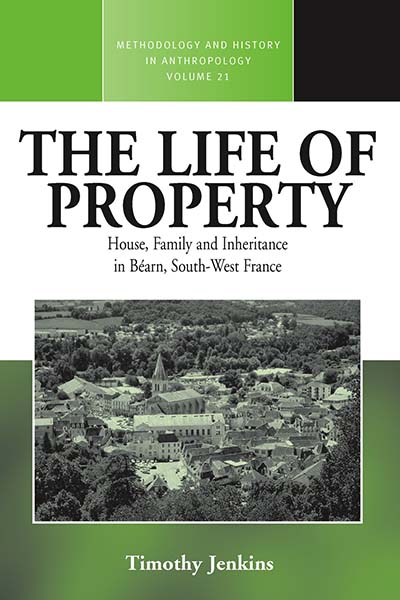 Published April 2010
Published April 2010 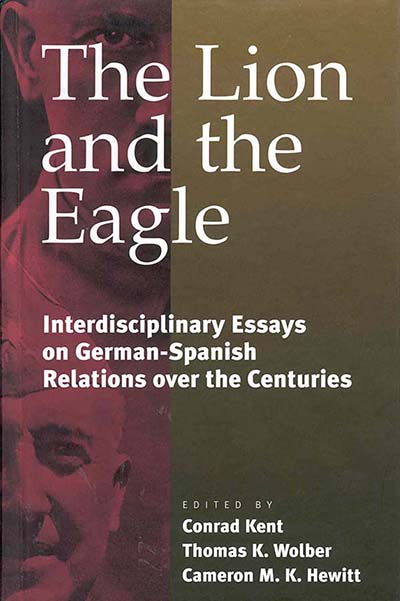 Published December 1999
Published December 1999 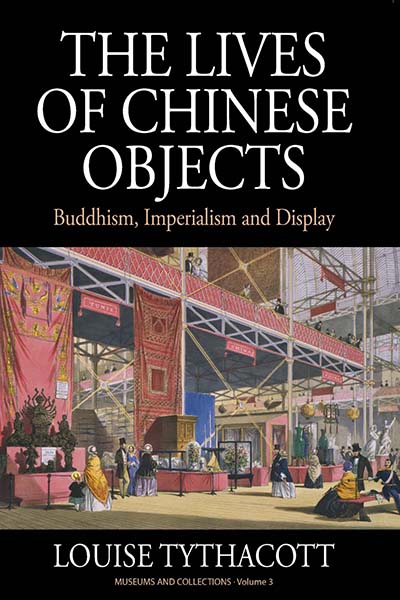 Published June 2011
Published June 2011 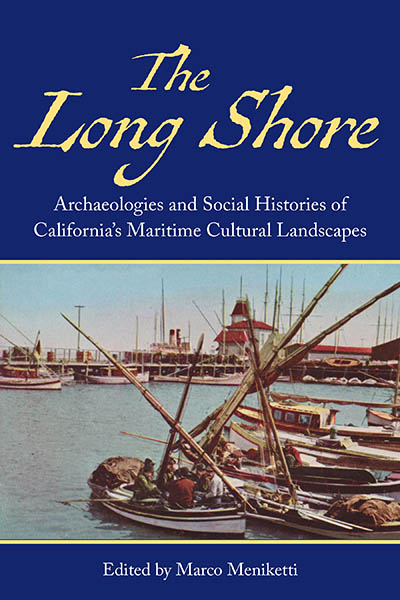 Published February 2023
Published February 2023  Published June 2012
Published June 2012  Published April 2019
Published April 2019 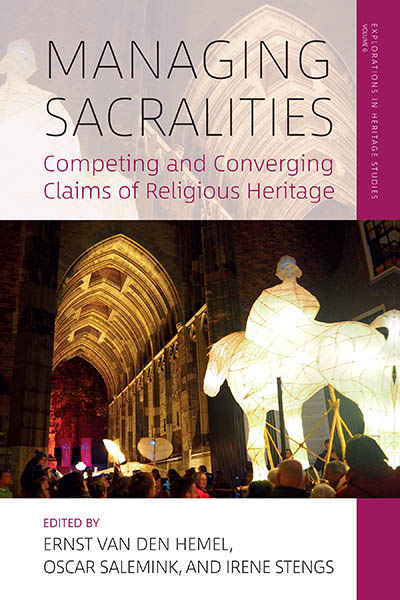 Published September 2022
Published September 2022 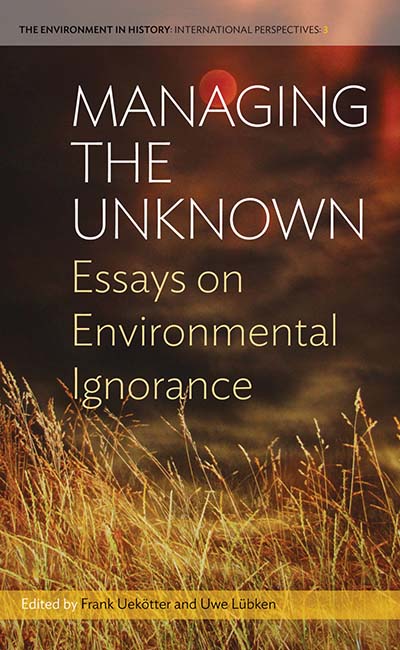 Published March 2014
Published March 2014 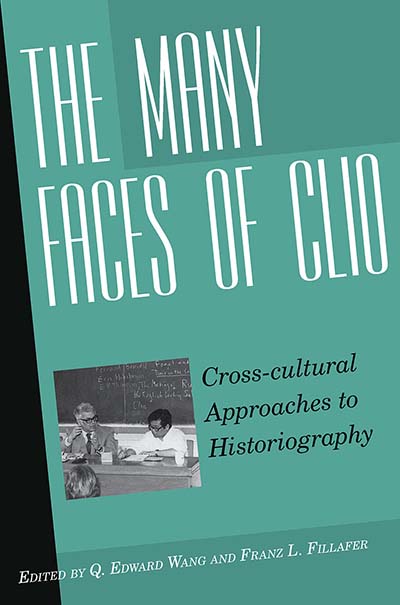 Published December 2006
Published December 2006 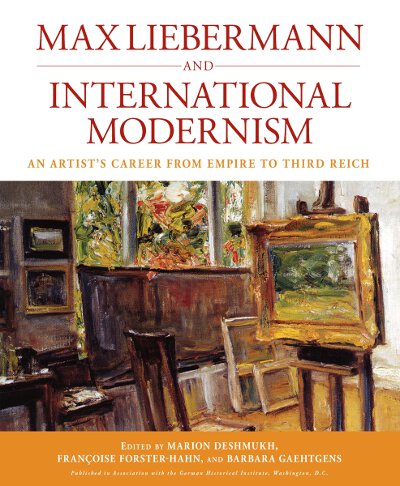 Published May 2011
Published May 2011 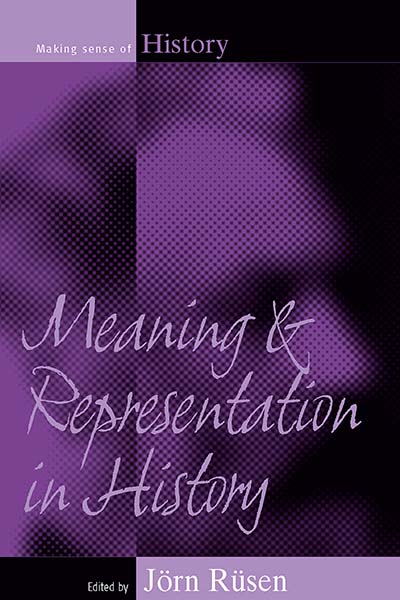 Published August 2006
Published August 2006 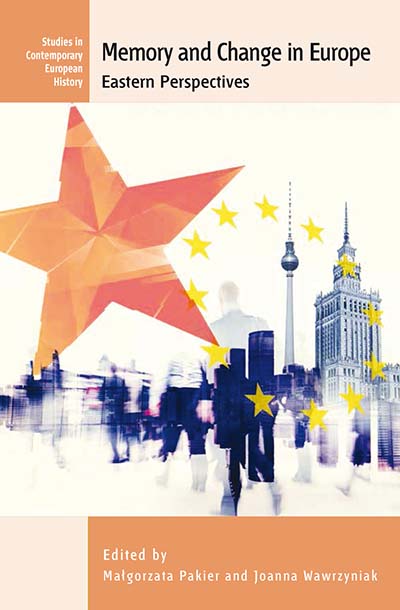 Published November 2015
Published November 2015 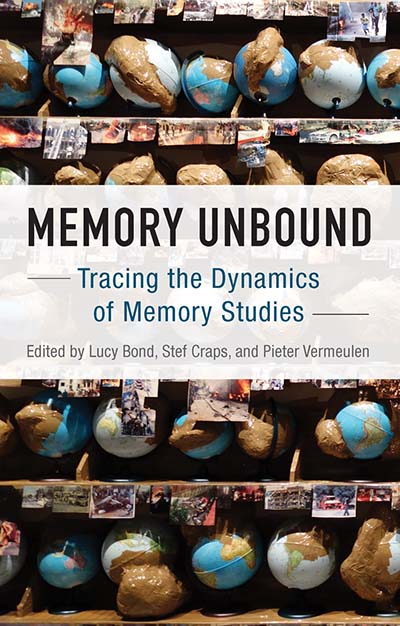 Published November 2016
Published November 2016 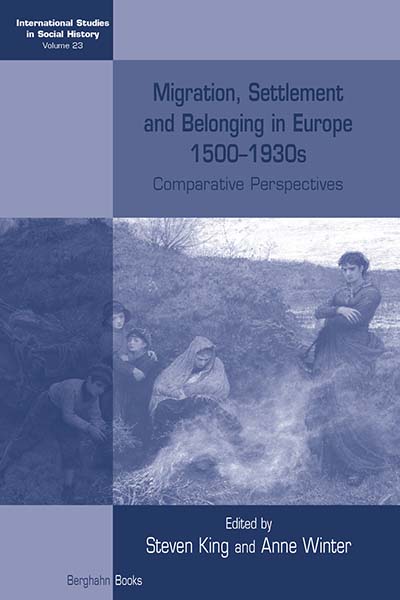 Published November 2013
Published November 2013 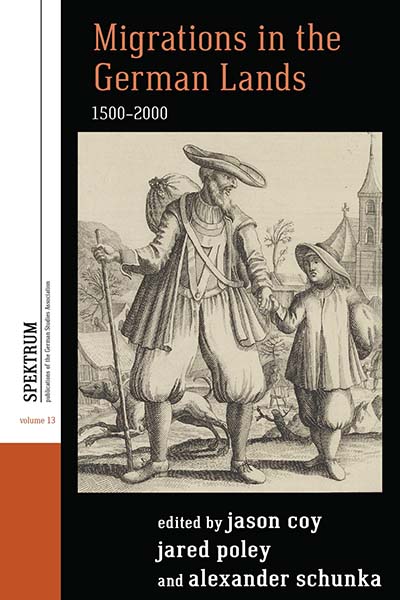 Published September 2016
Published September 2016 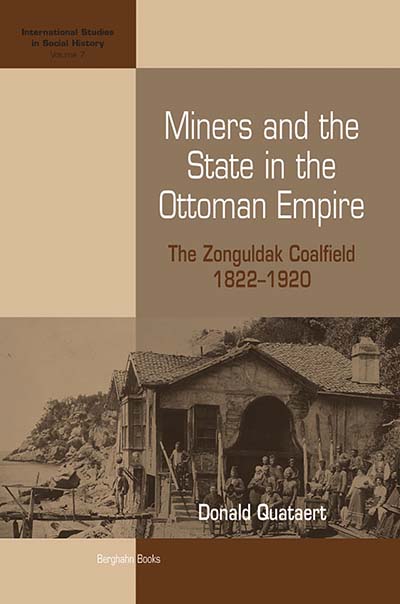 Published February 2006
Published February 2006 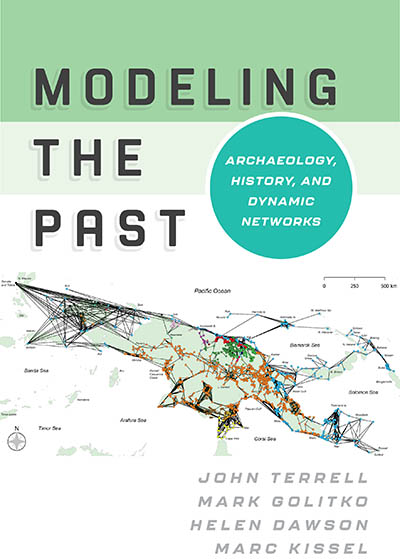 Published March 2023
Published March 2023 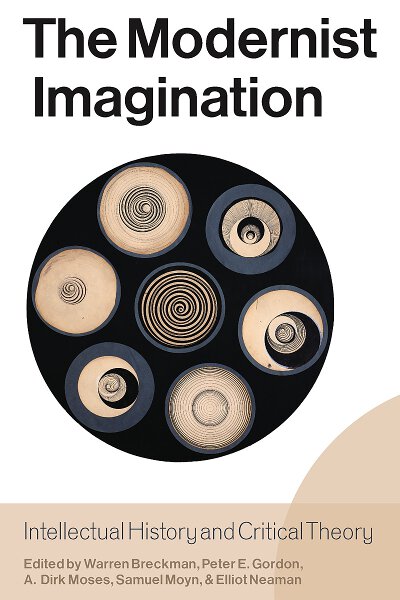 Published December 2008
Published December 2008 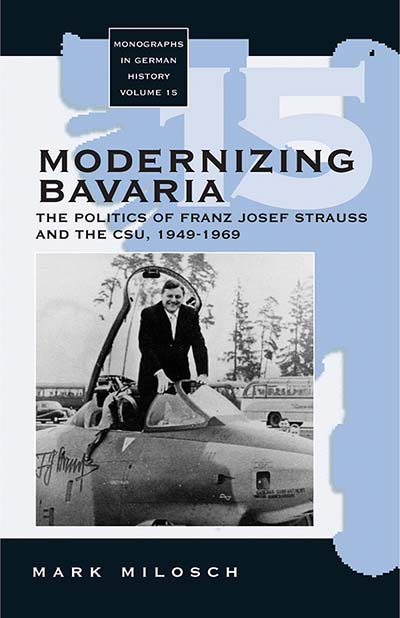 Published March 2006
Published March 2006 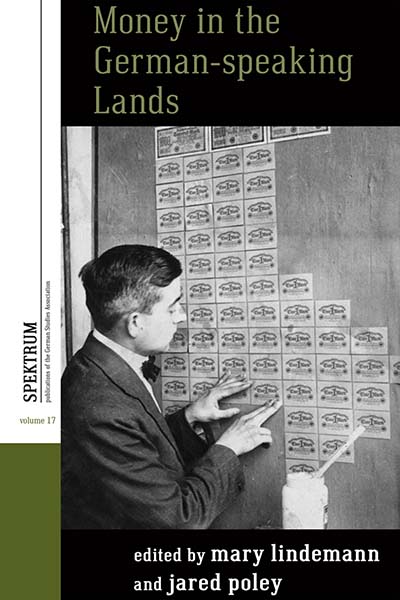 Published August 2017
Published August 2017 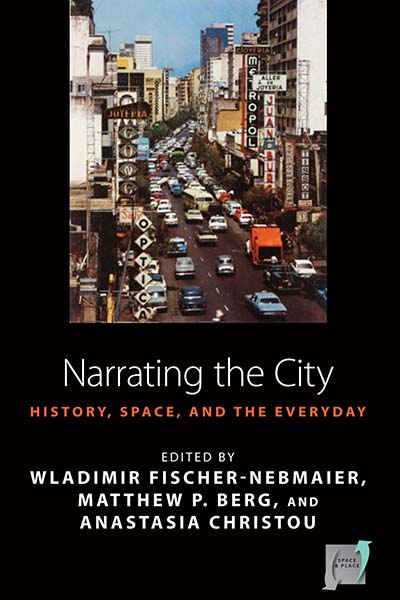 Published September 2015
Published September 2015 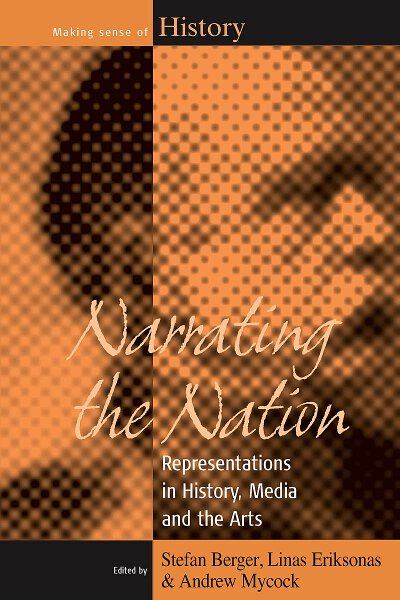 Published October 2008
Published October 2008 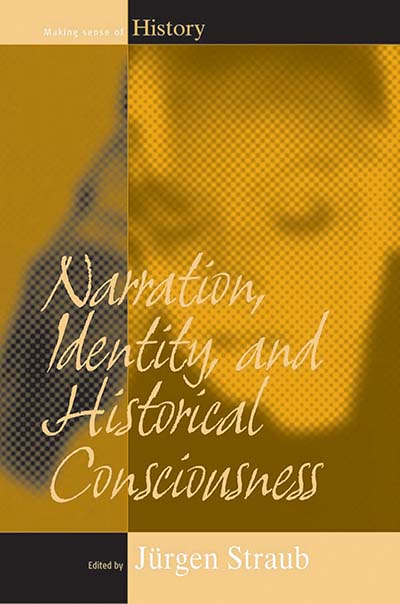 Published June 2005
Published June 2005 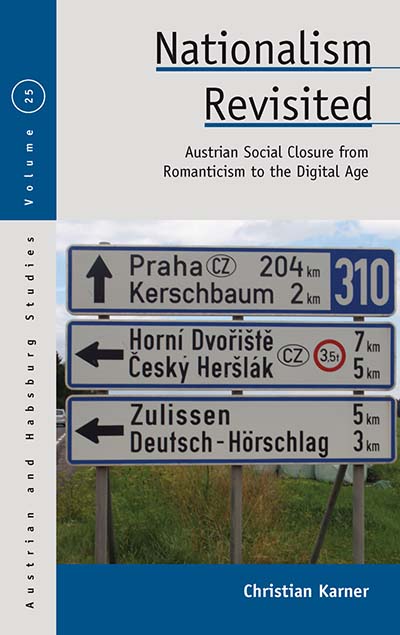 Published December 2019
Published December 2019 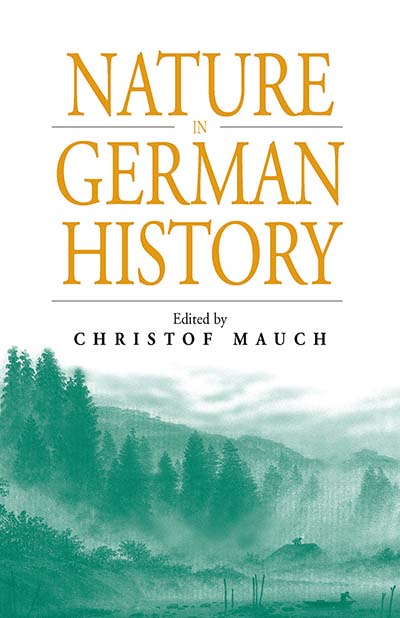 Published October 2004
Published October 2004 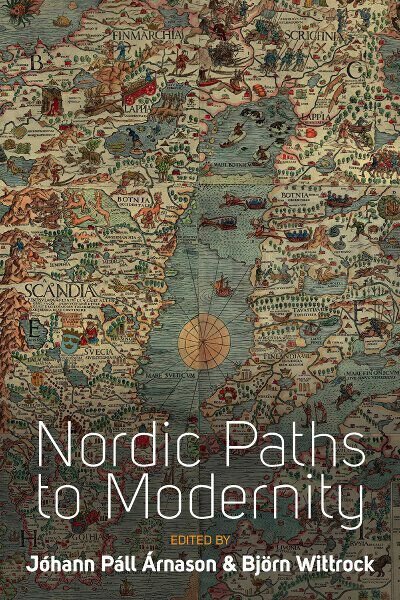 Published February 2012
Published February 2012 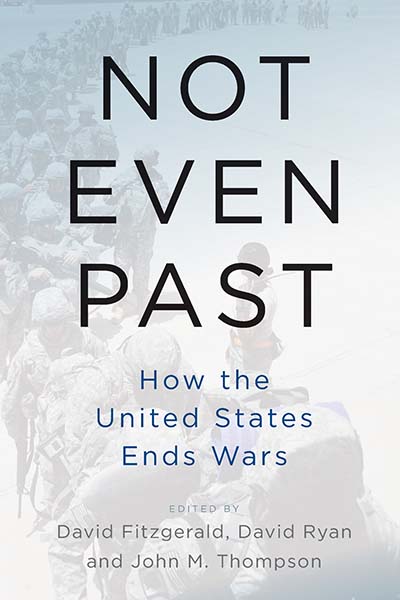 Published March 2020
Published March 2020 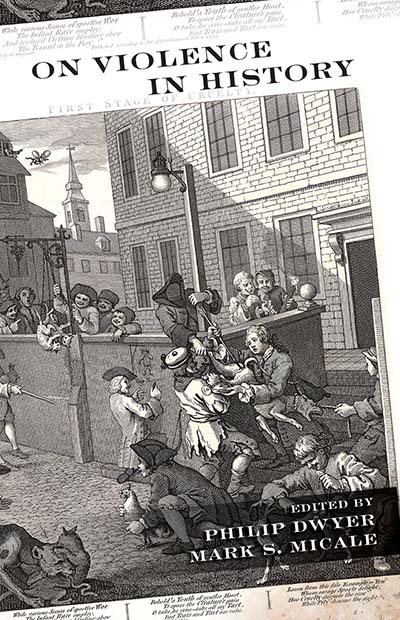 Published January 2020
Published January 2020 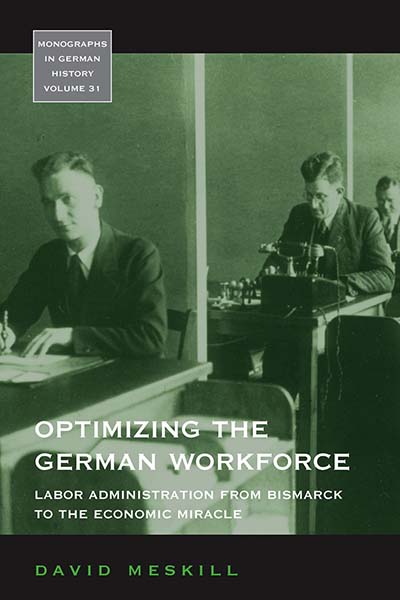 Published April 2010
Published April 2010 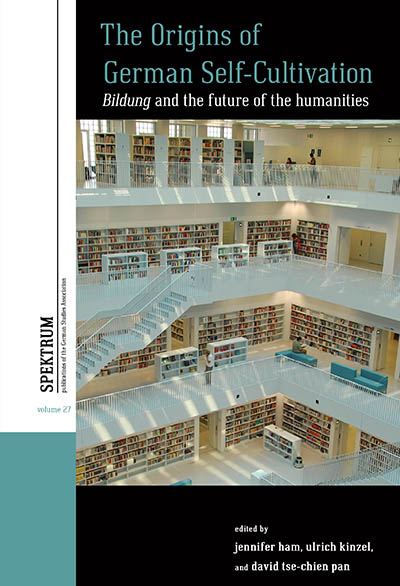 Published February 2023
Published February 2023 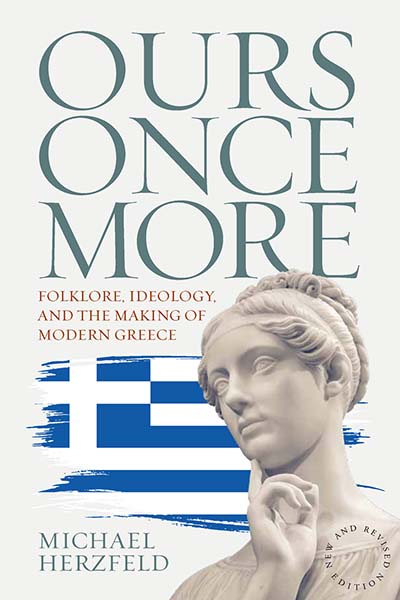 Published June 2020
Published June 2020 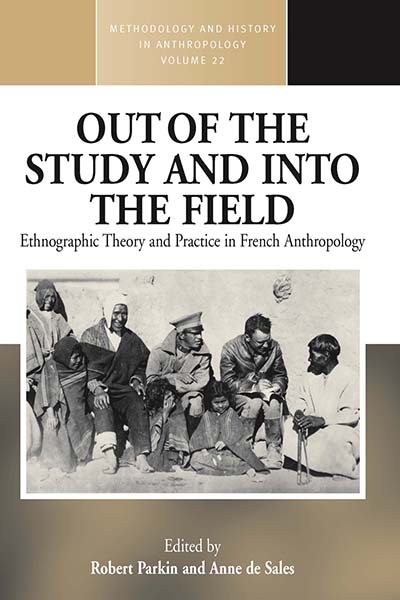 Published June 2010
Published June 2010 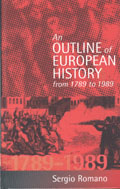 Published March 1999
Published March 1999 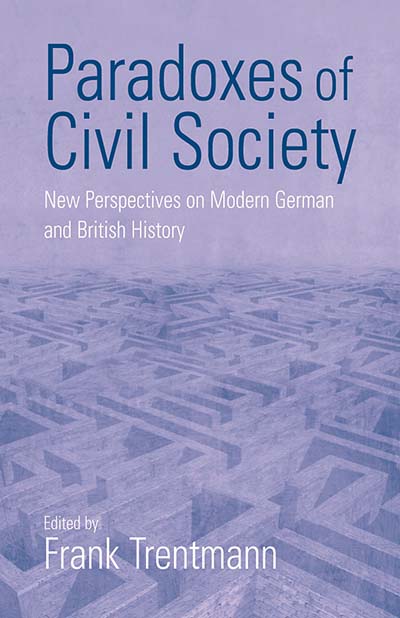 Published January 2000
Published January 2000 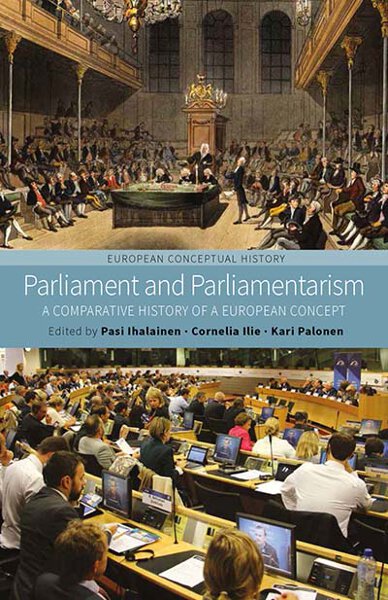 Published January 2016
Published January 2016 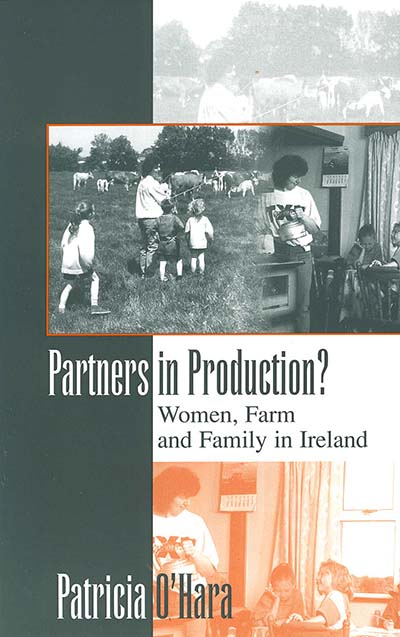 Published June 1998
Published June 1998 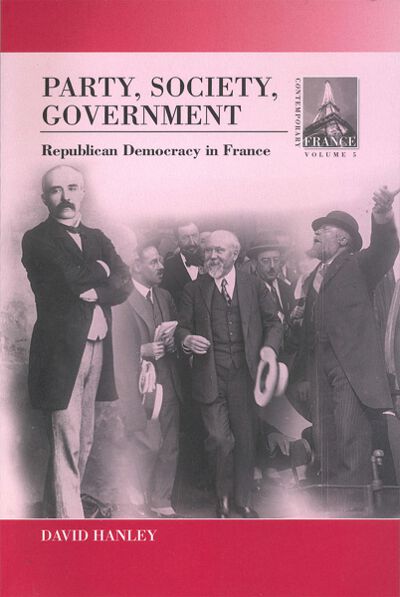 Published February 2002
Published February 2002 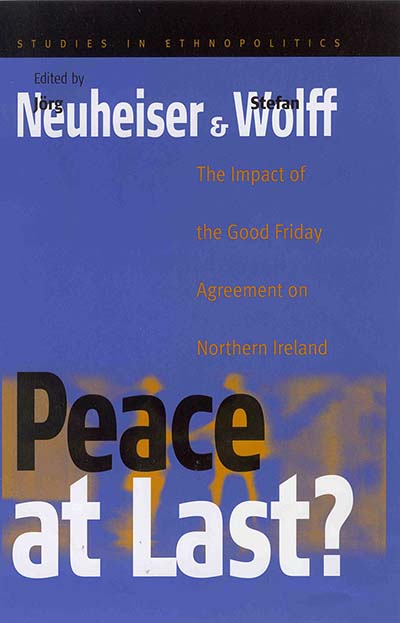 Published January 2003
Published January 2003 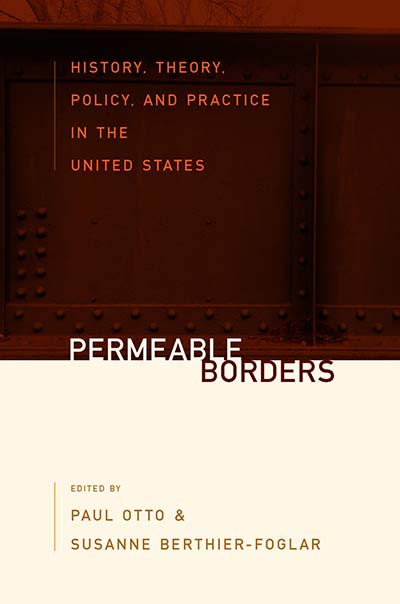 Published April 2020
Published April 2020 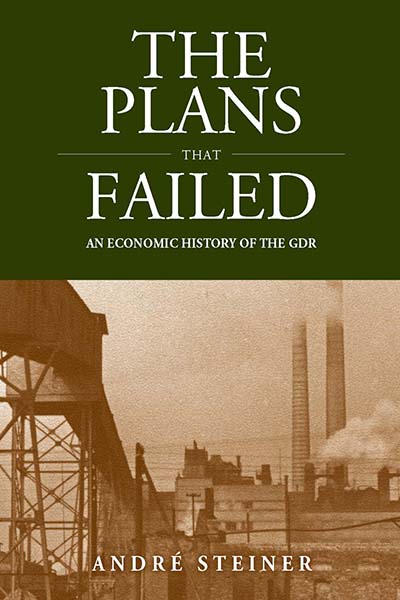 Published September 2010
Published September 2010 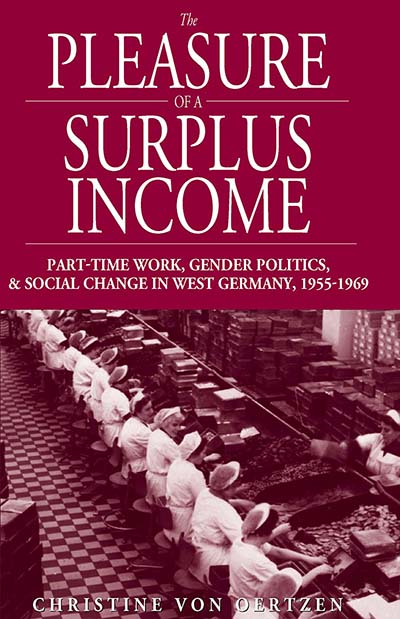 Published April 2007
Published April 2007 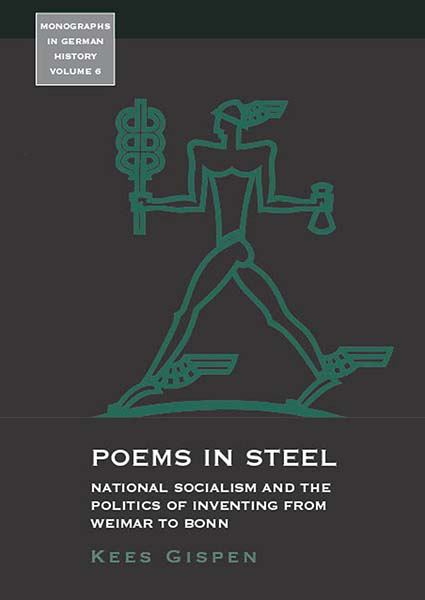 Published January 2001
Published January 2001 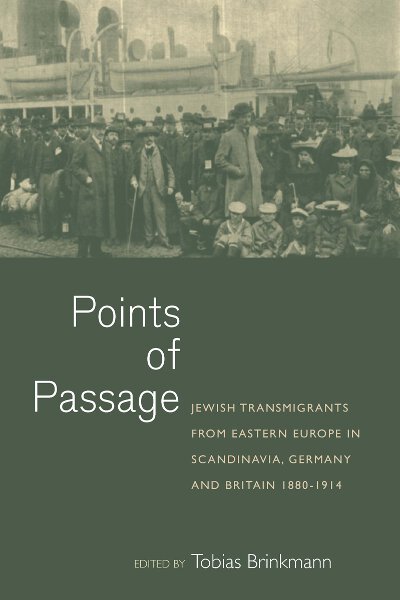 Published October 2013
Published October 2013 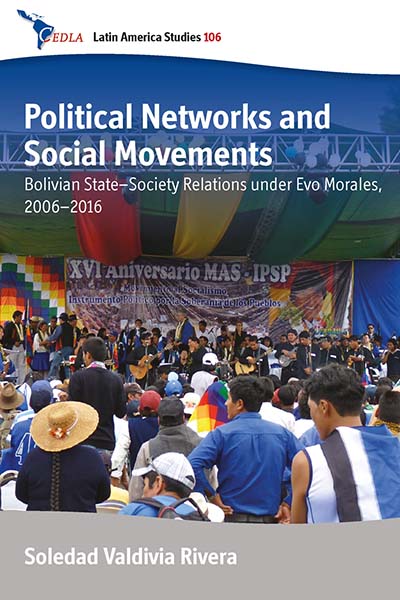 Published May 2019
Published May 2019 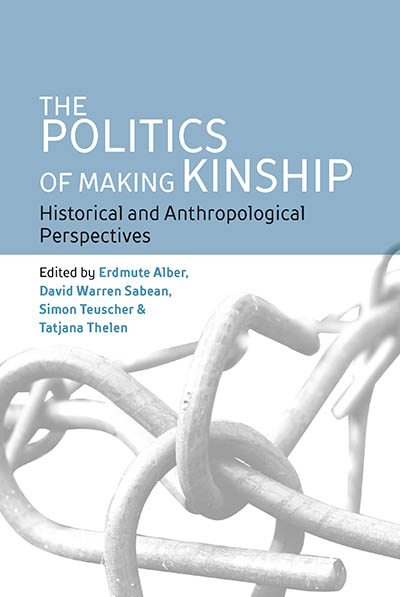 Published December 2022
Published December 2022 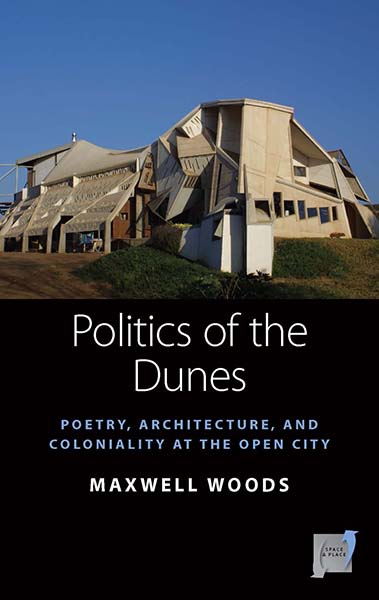 Published November 2020
Published November 2020 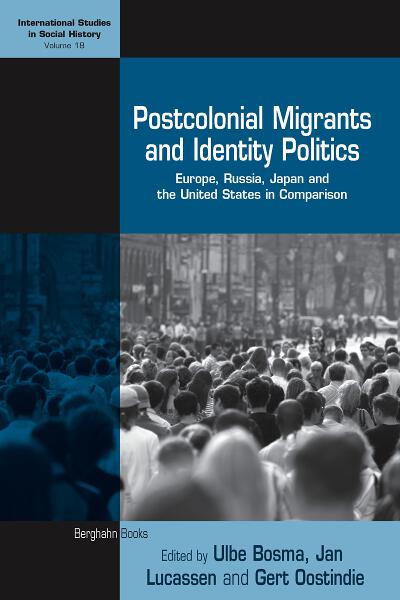 Published May 2012
Published May 2012 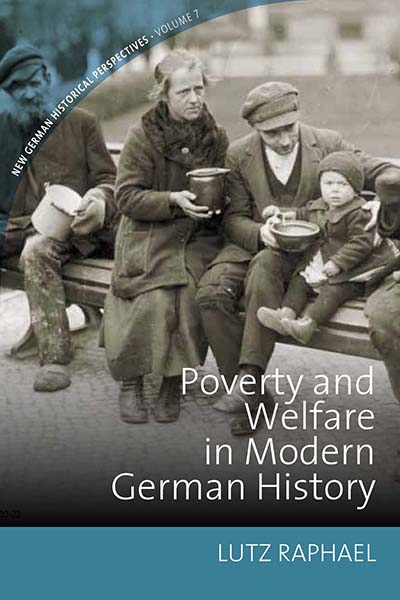 Published December 2016
Published December 2016 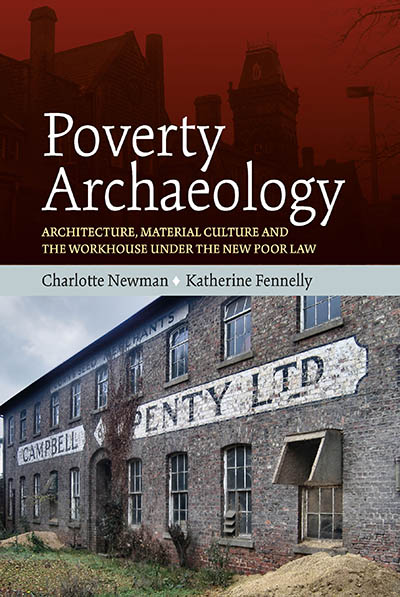 Published October 2023
Published October 2023  Published June 2014
Published June 2014 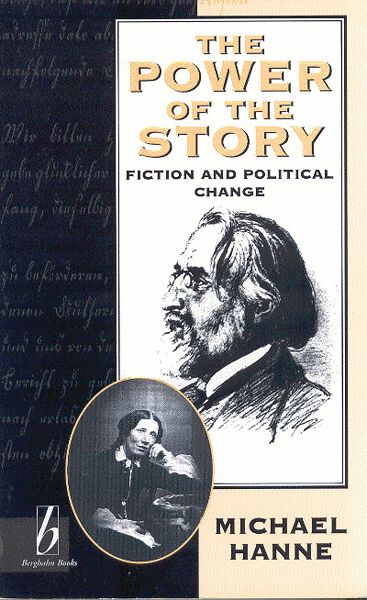 Published December 1994
Published December 1994 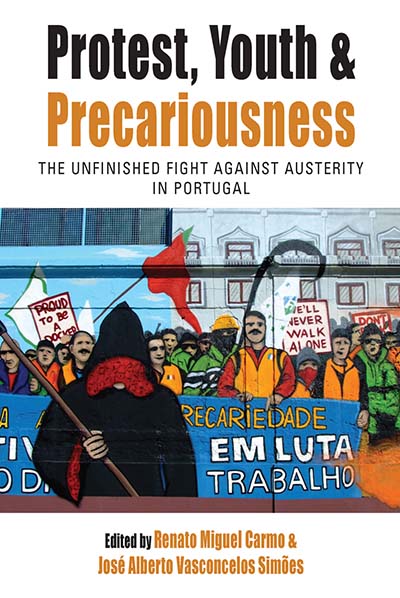 Published April 2020
Published April 2020 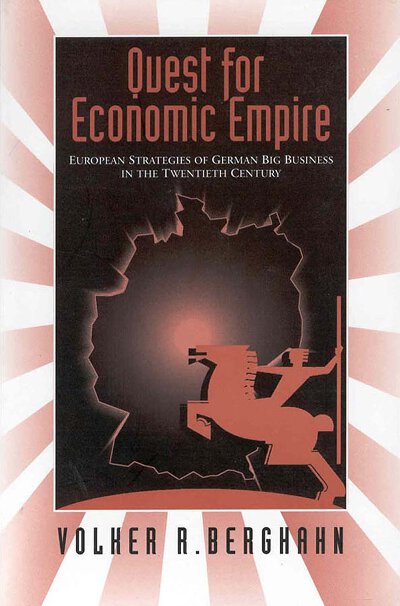 Published March 1996
Published March 1996 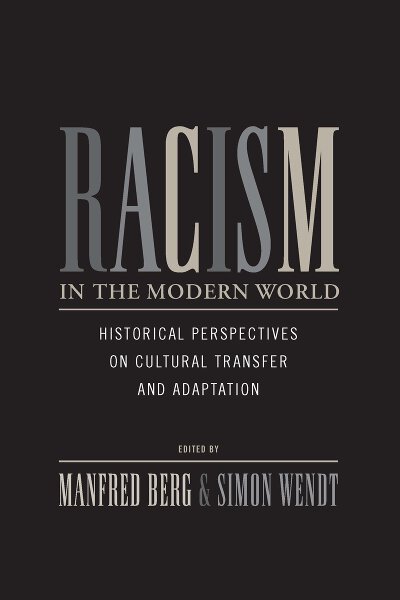 Published April 2011
Published April 2011 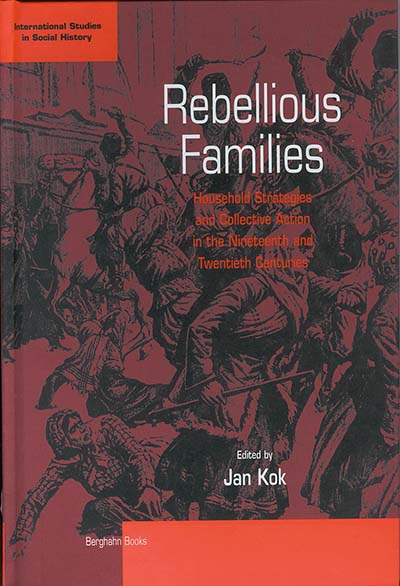 Published December 2002
Published December 2002 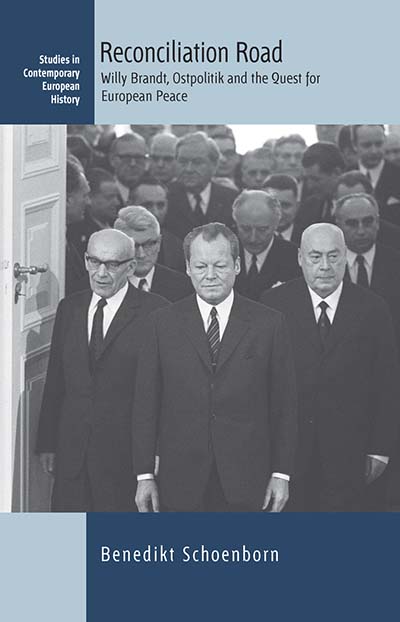 Published September 2020
Published September 2020 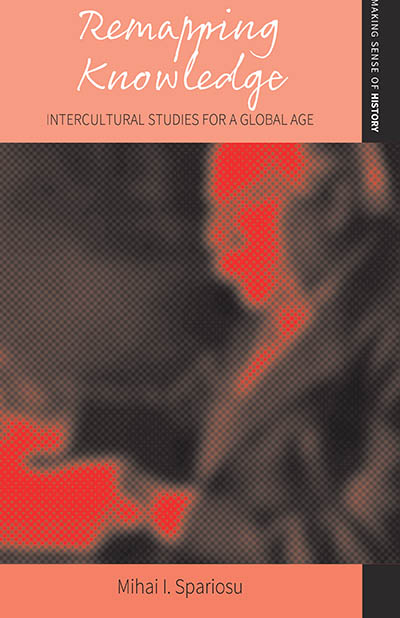 Published March 2006
Published March 2006 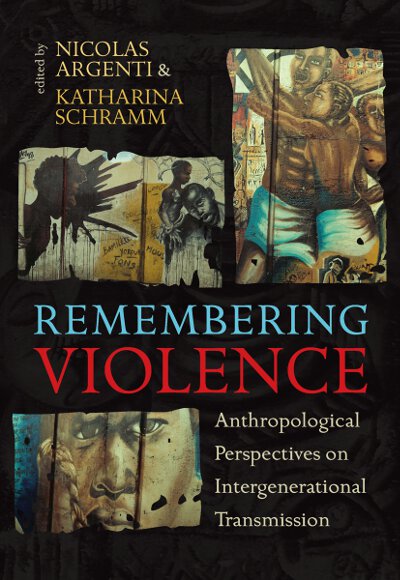 Published December 2009
Published December 2009 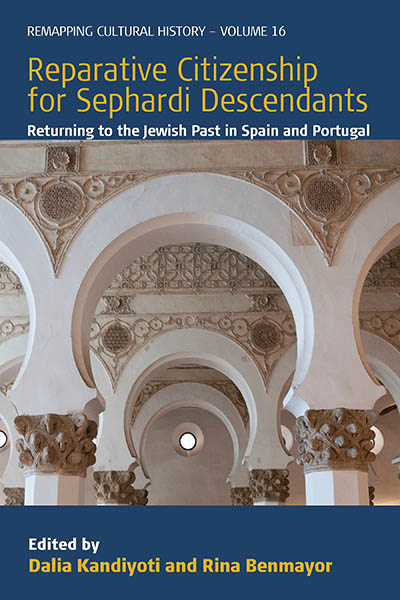 Published January 2023
Published January 2023 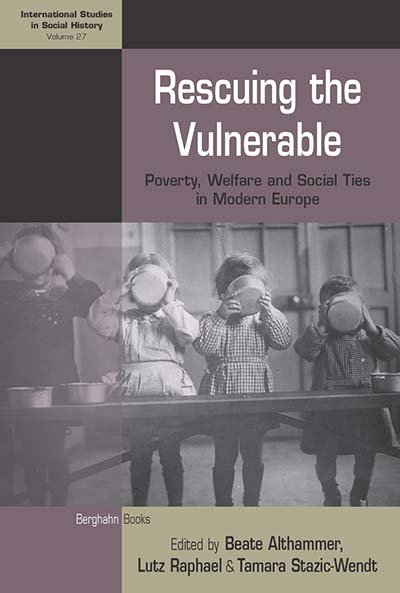 Published May 2016
Published May 2016 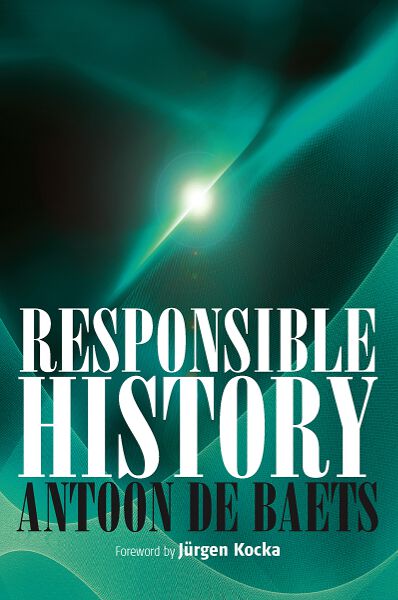 Published December 2008
Published December 2008 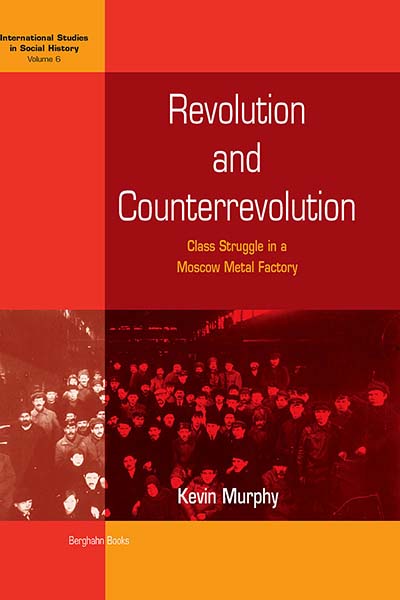 Published April 2005
Published April 2005 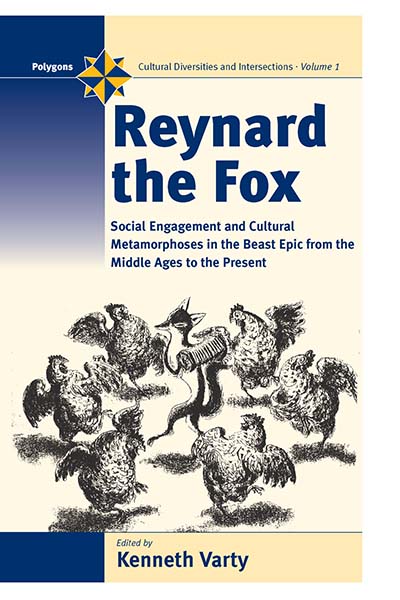 Published October 2000
Published October 2000 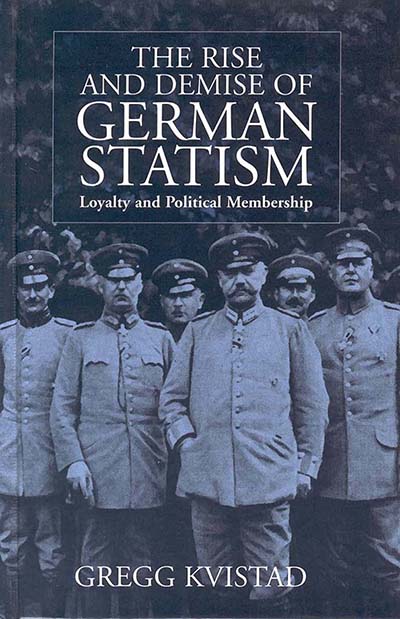 Published March 1999
Published March 1999  Published December 2013
Published December 2013  Published November 2014
Published November 2014 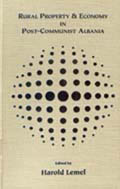 Published March 2000
Published March 2000 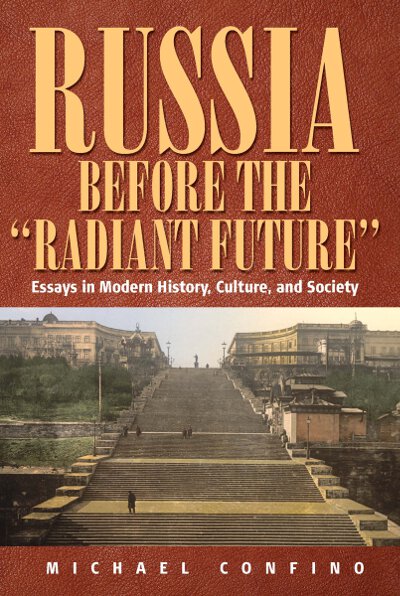 Published May 2011
Published May 2011 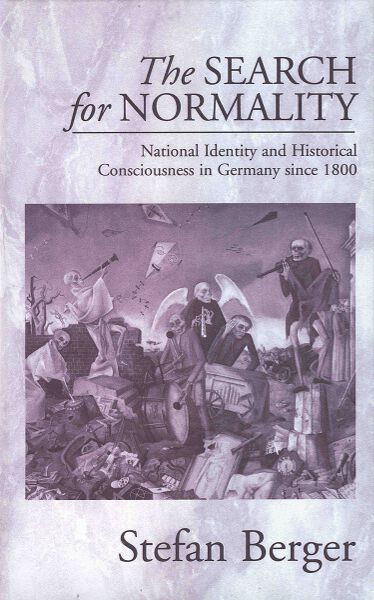 Published August 1997
Published August 1997 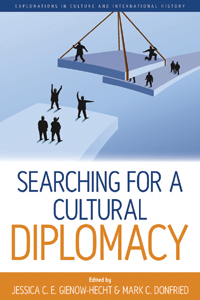 Published November 2010
Published November 2010 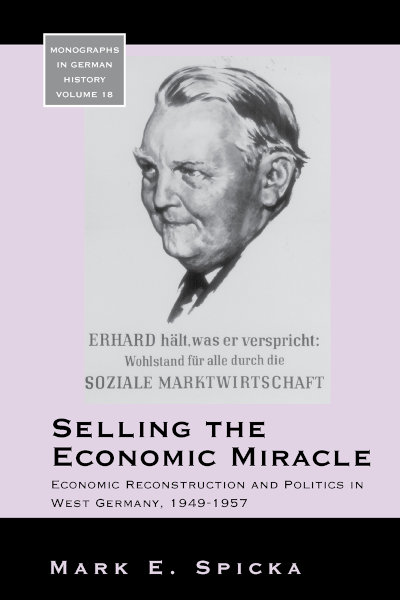 Published August 2007
Published August 2007 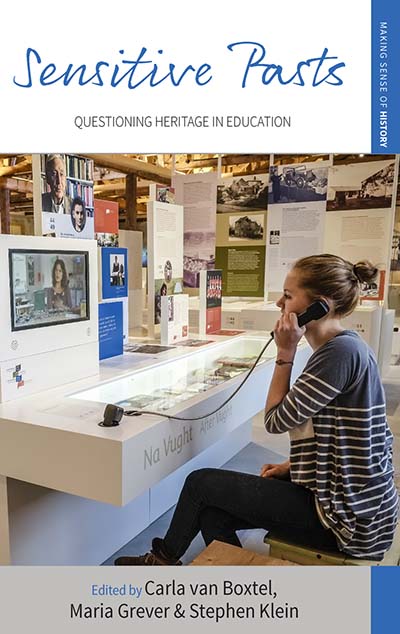 Published December 2016
Published December 2016 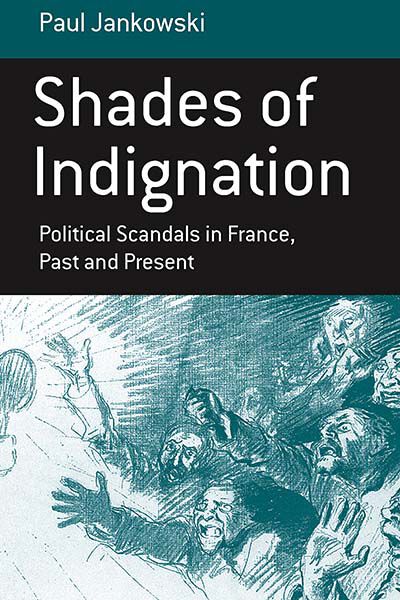 Published December 2007
Published December 2007 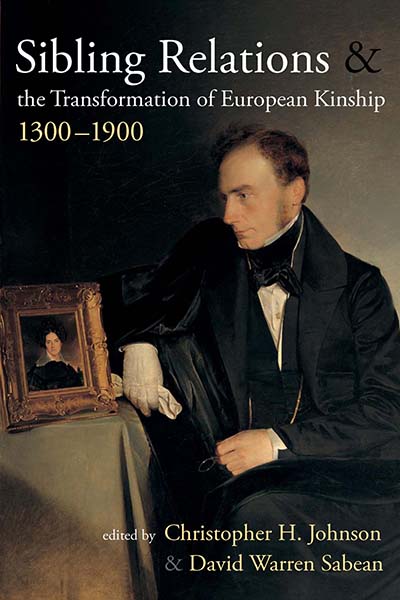 Published March 2011
Published March 2011 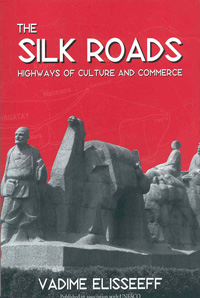 Published July 2000
Published July 2000 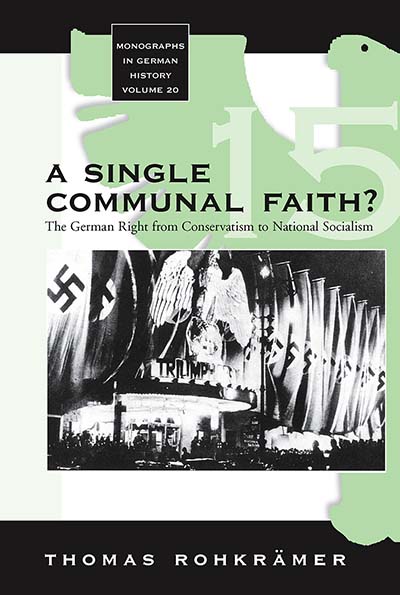 Published October 2007
Published October 2007 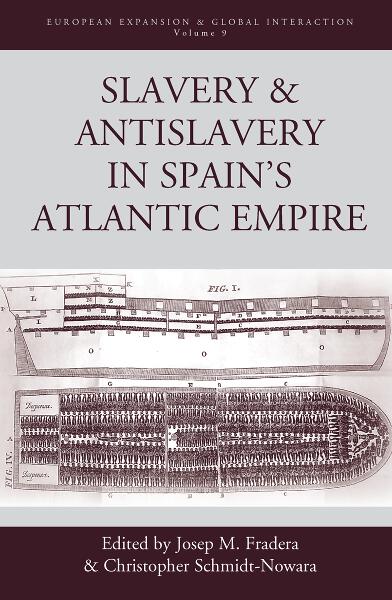 Published June 2013
Published June 2013 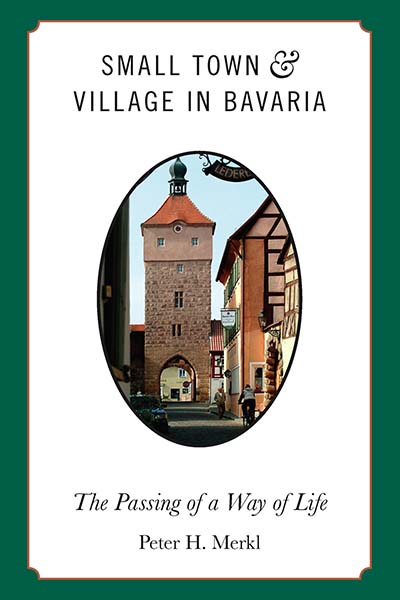 Published April 2012
Published April 2012 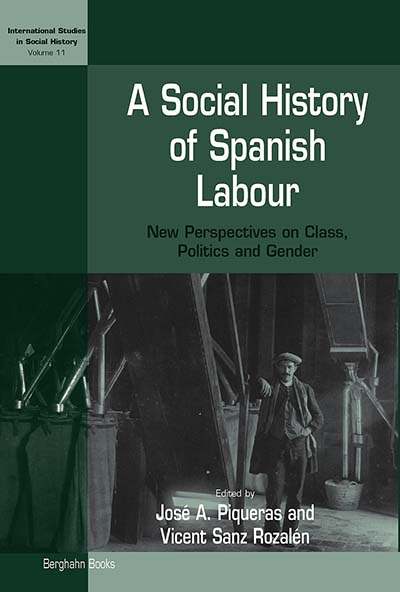 Published January 2008
Published January 2008 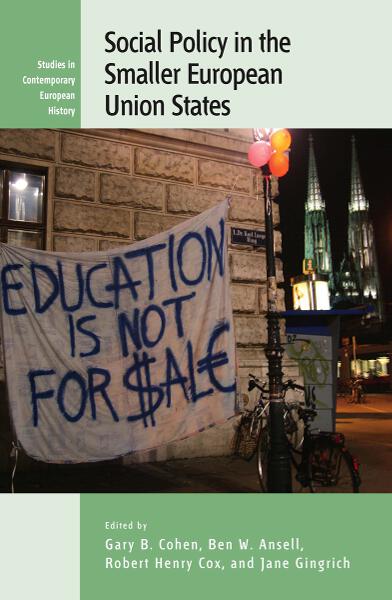 Published December 2011
Published December 2011 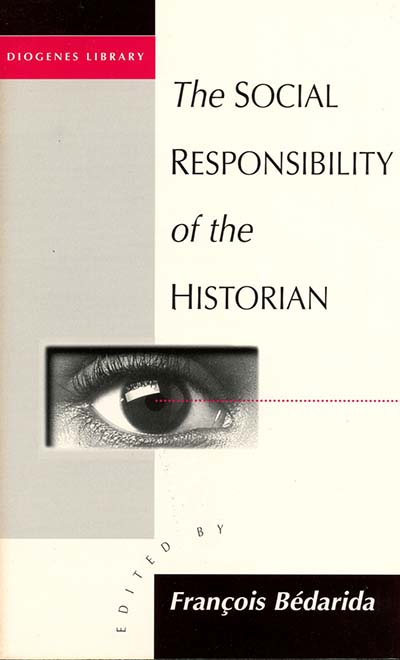 Published February 1995
Published February 1995 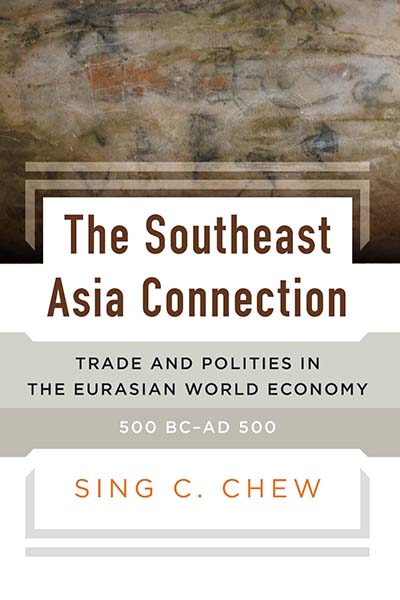 Published March 2018
Published March 2018 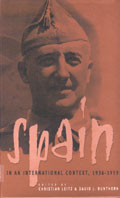 Published September 1999
Published September 1999 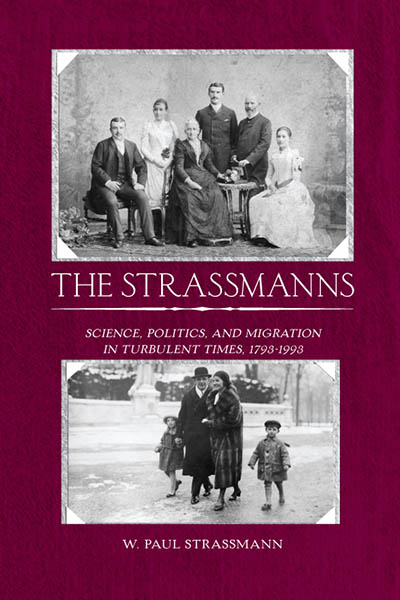 Published June 2008
Published June 2008 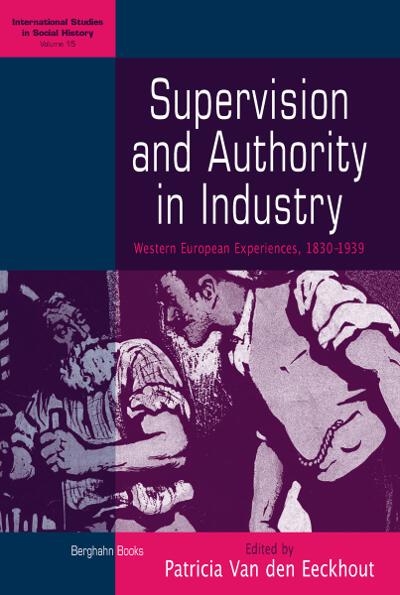 Published August 2009
Published August 2009 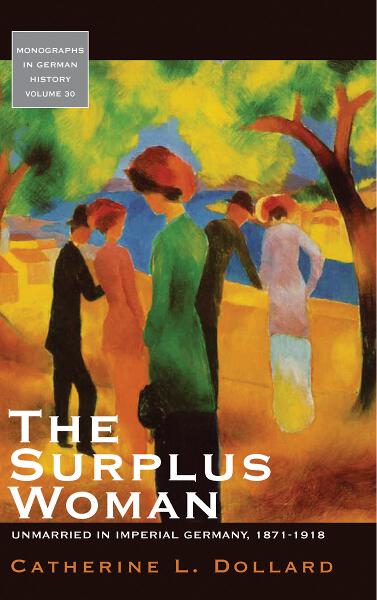 Published October 2009
Published October 2009 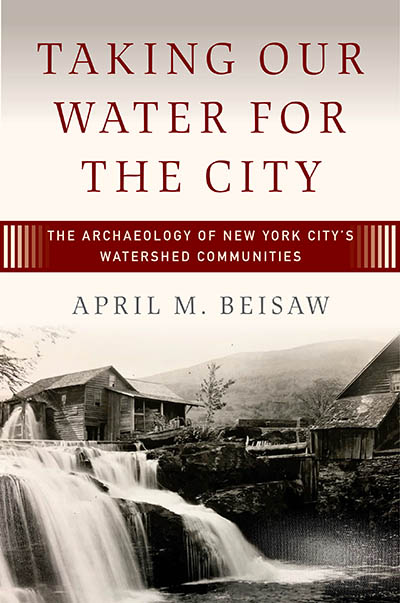 Published December 2022
Published December 2022 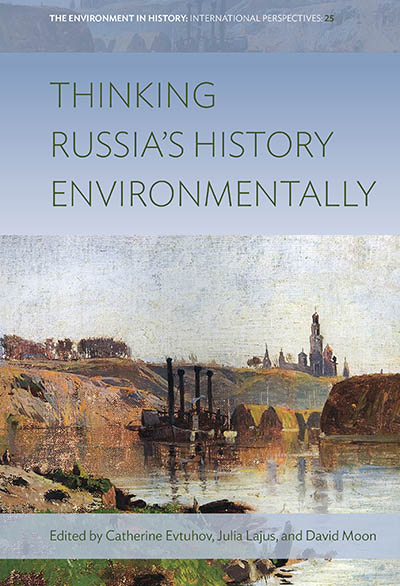 Published July 2023
Published July 2023 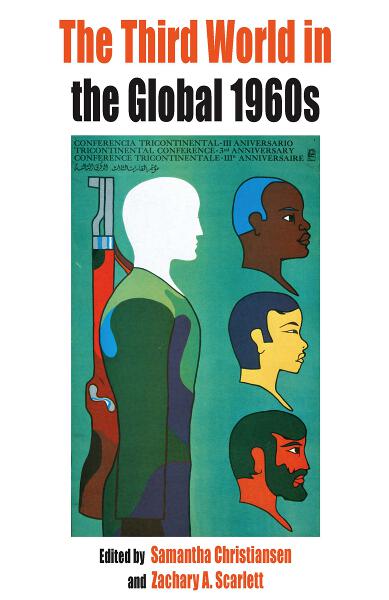 Published November 2012
Published November 2012  Published June 2020
Published June 2020 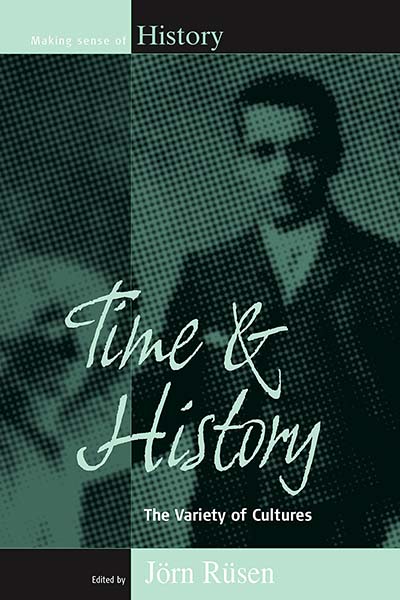 Published January 2008
Published January 2008 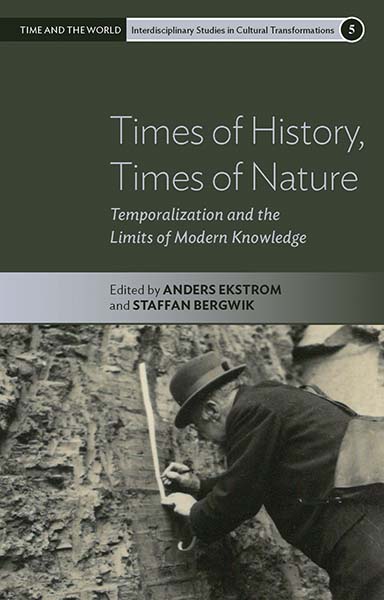 Published February 2022
Published February 2022 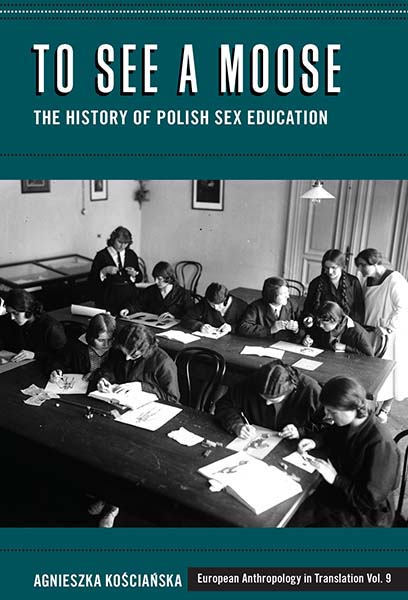 Published May 2021
Published May 2021 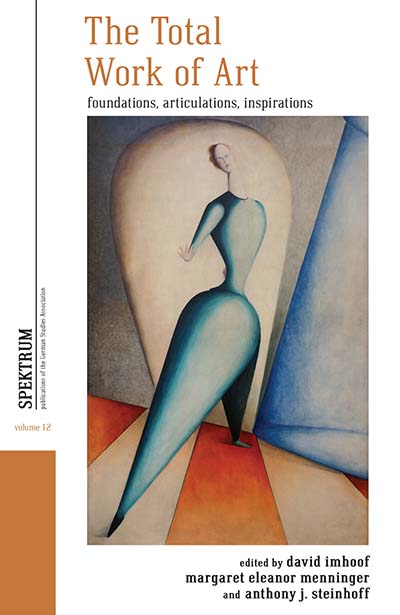 Published July 2016
Published July 2016 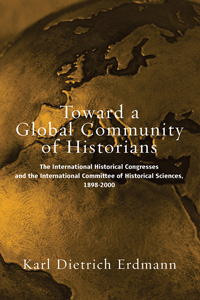 Published June 2005
Published June 2005 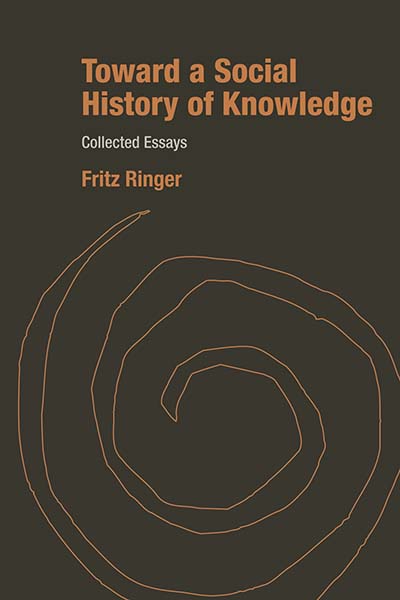 Published January 2001
Published January 2001 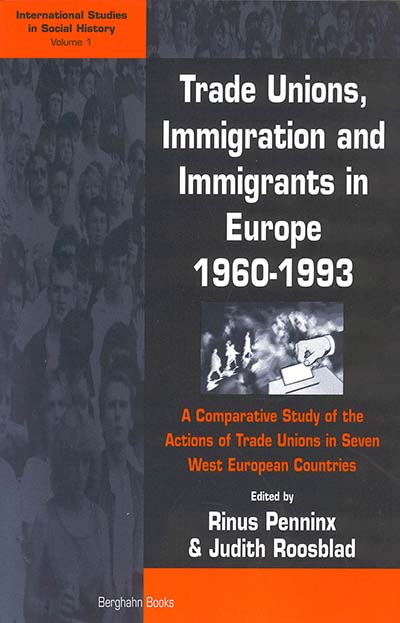 Published January 2001
Published January 2001 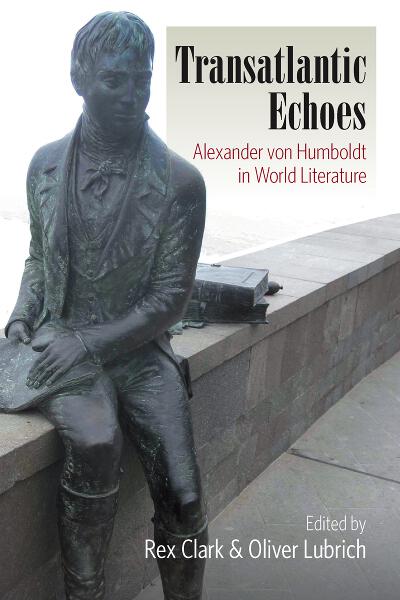 a April 2012
a April 2012 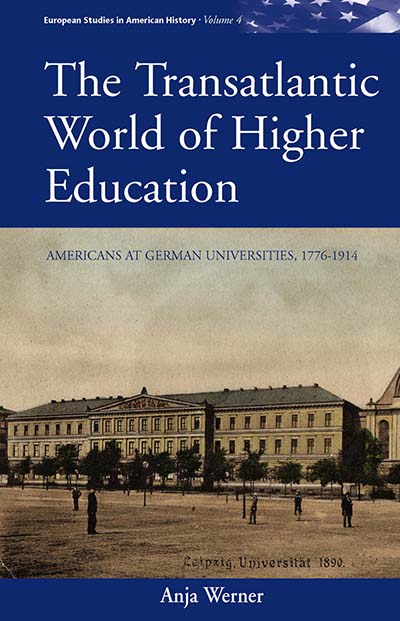 Published March 2013
Published March 2013 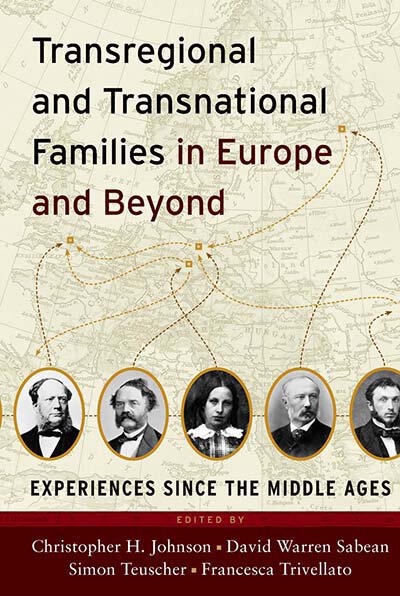 Published August 2011
Published August 2011 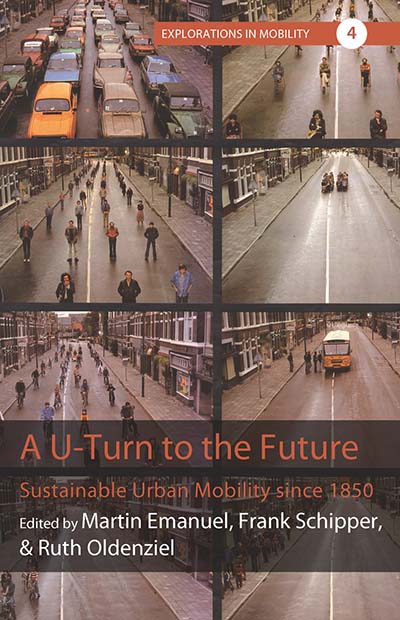 Published February 2020
Published February 2020  Published November 2014
Published November 2014 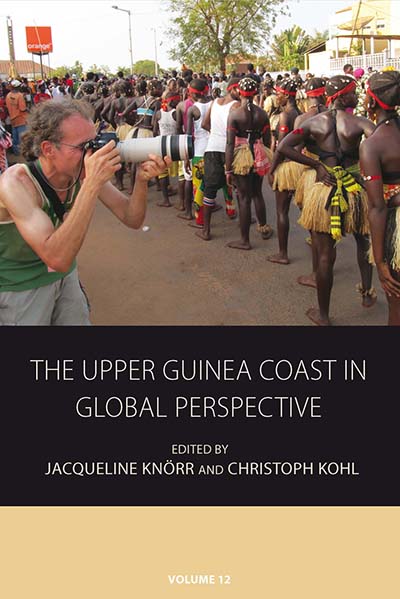 Published February 2016
Published February 2016 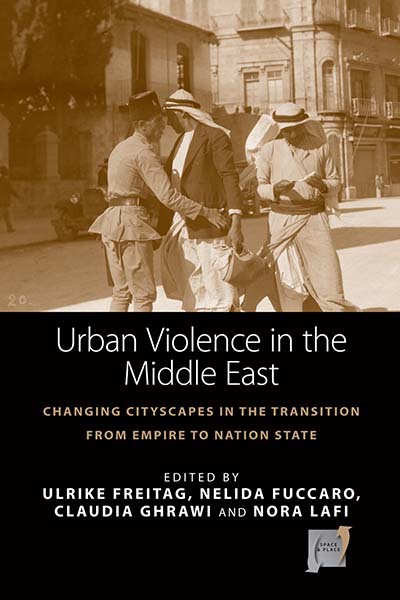 Published March 2015
Published March 2015 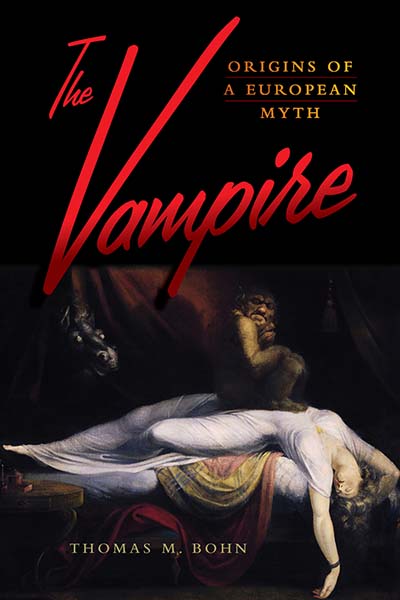 Published September 2019
Published September 2019 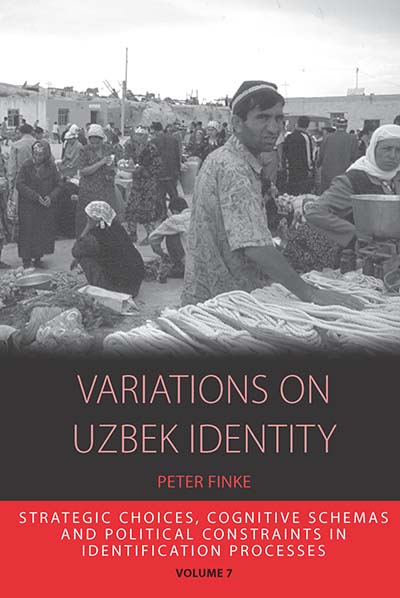 Published February 2014
Published February 2014 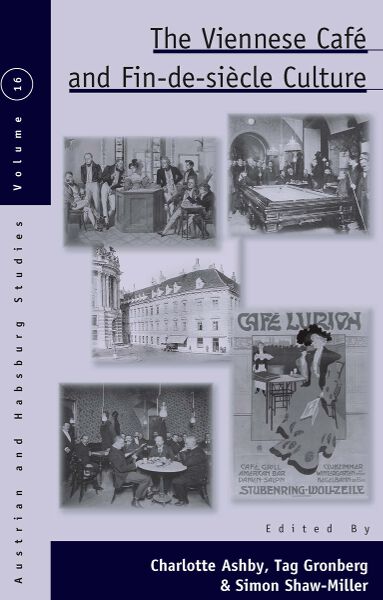 Published January 2013
Published January 2013 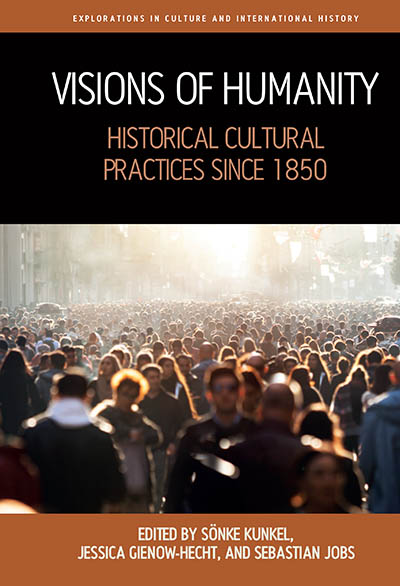 Published September 2023
Published September 2023 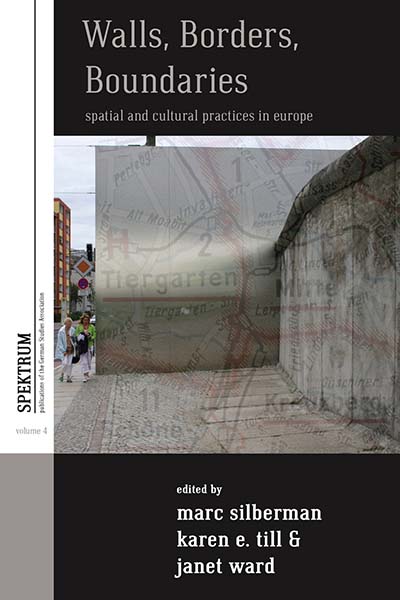 Published May 2012
Published May 2012 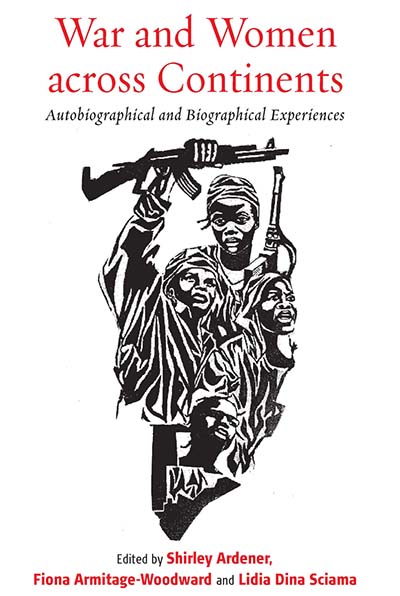 Published February 2016
Published February 2016 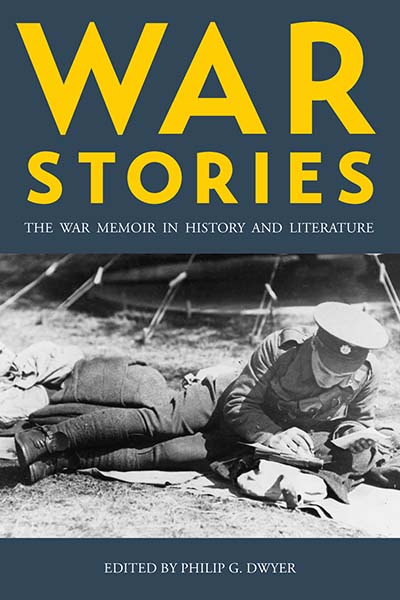 Published November 2016
Published November 2016  Published June 2014
Published June 2014 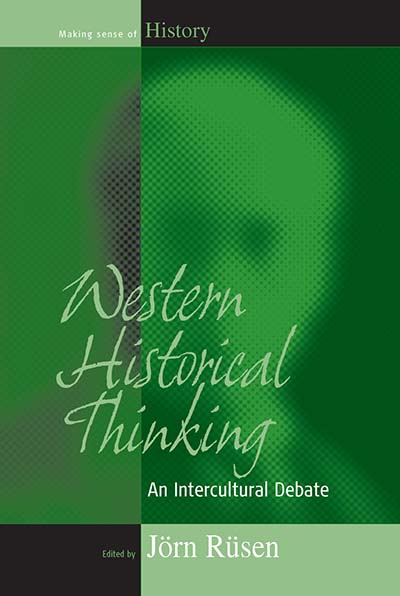 Published June 2002
Published June 2002 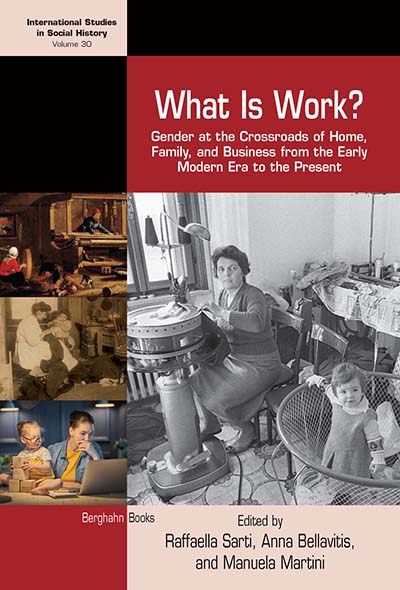 Published September 2018
Published September 2018 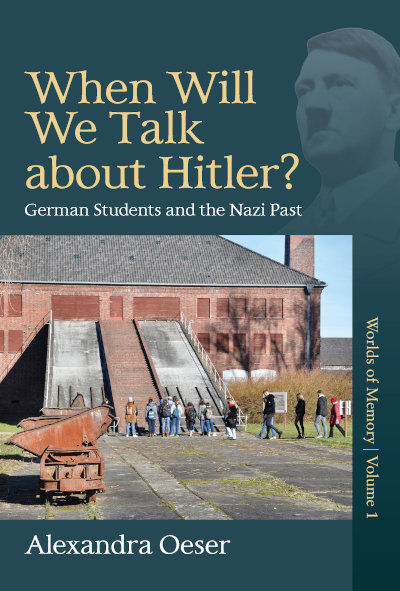 Published August 2019
Published August 2019 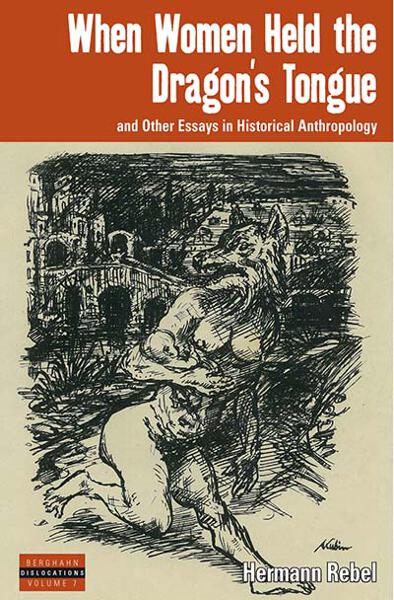 Published February 2010
Published February 2010 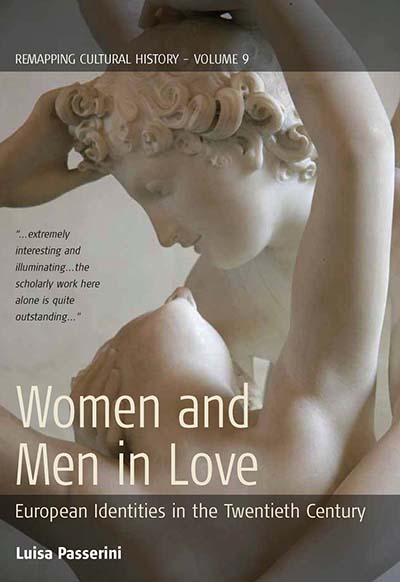 Published December 2008
Published December 2008 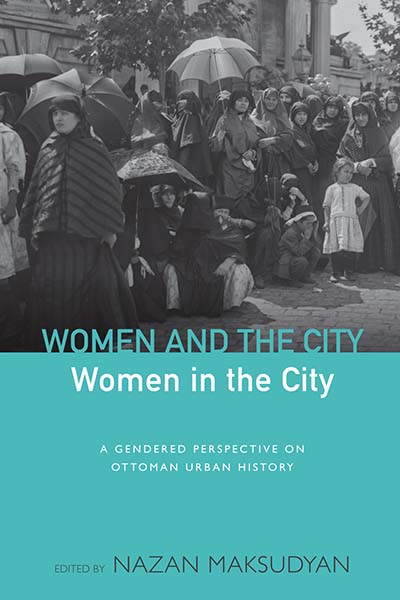 Published September 2014
Published September 2014 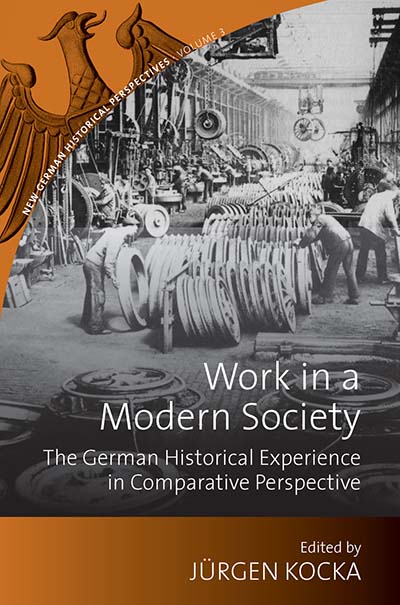 Published February 2010
Published February 2010 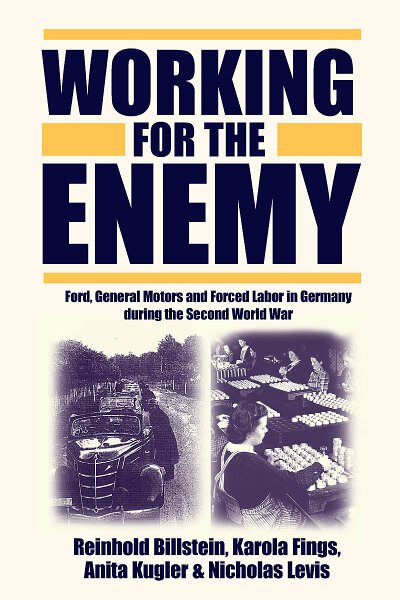 Published November 2004
Published November 2004 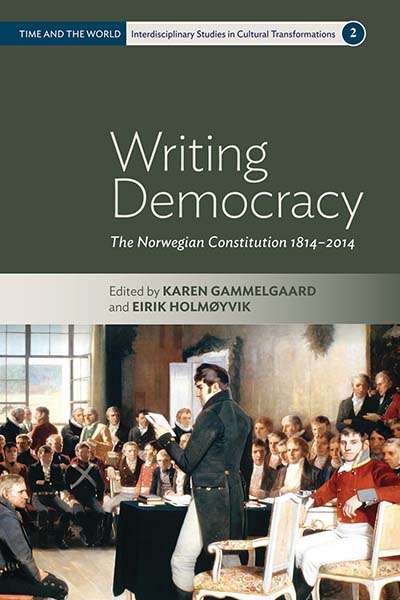 Published October 2014
Published October 2014